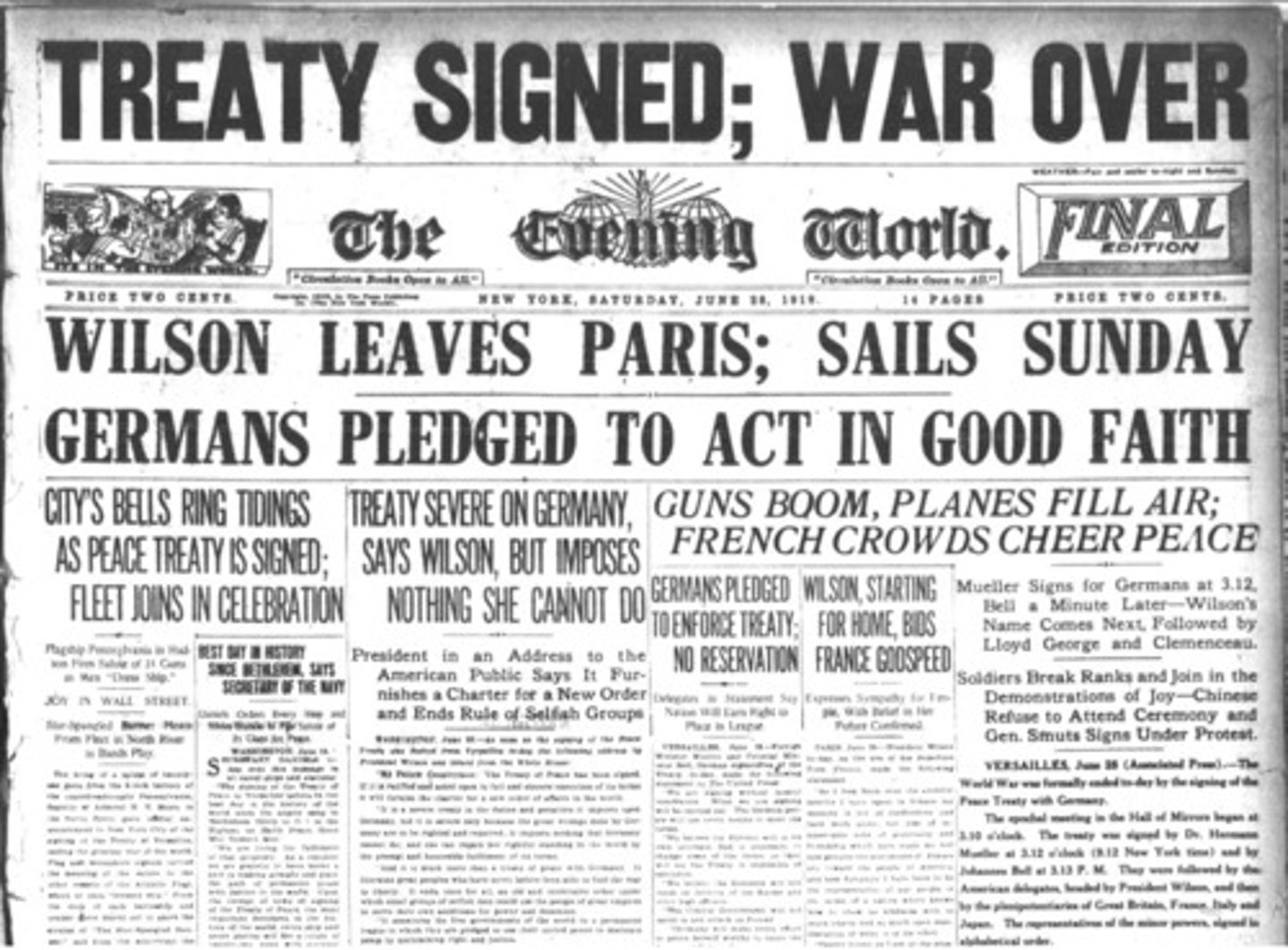APUS History Ch.29 Wilsonian Progressivism in Peace and War (1913-1920)
1/99
There's no tags or description
Looks like no tags are added yet.
Name | Mastery | Learn | Test | Matching | Spaced | Call with Kai |
|---|
No analytics yet
Send a link to your students to track their progress
100 Terms
Woodrow Wilson
Progressive Democrat who wins the Presidential Election of 1912 and is reelected in 1916. He named his progressive programs the New Freedom. His progressive reforms included lowering tariffs, creating the federal reserve system, passing a stronger anti trust act, child labor laws, and starting a graduated income tax. The President of the United States during WWI who came up with the 14 Points and League of Nations to try to ensure a lasting peace after the War.
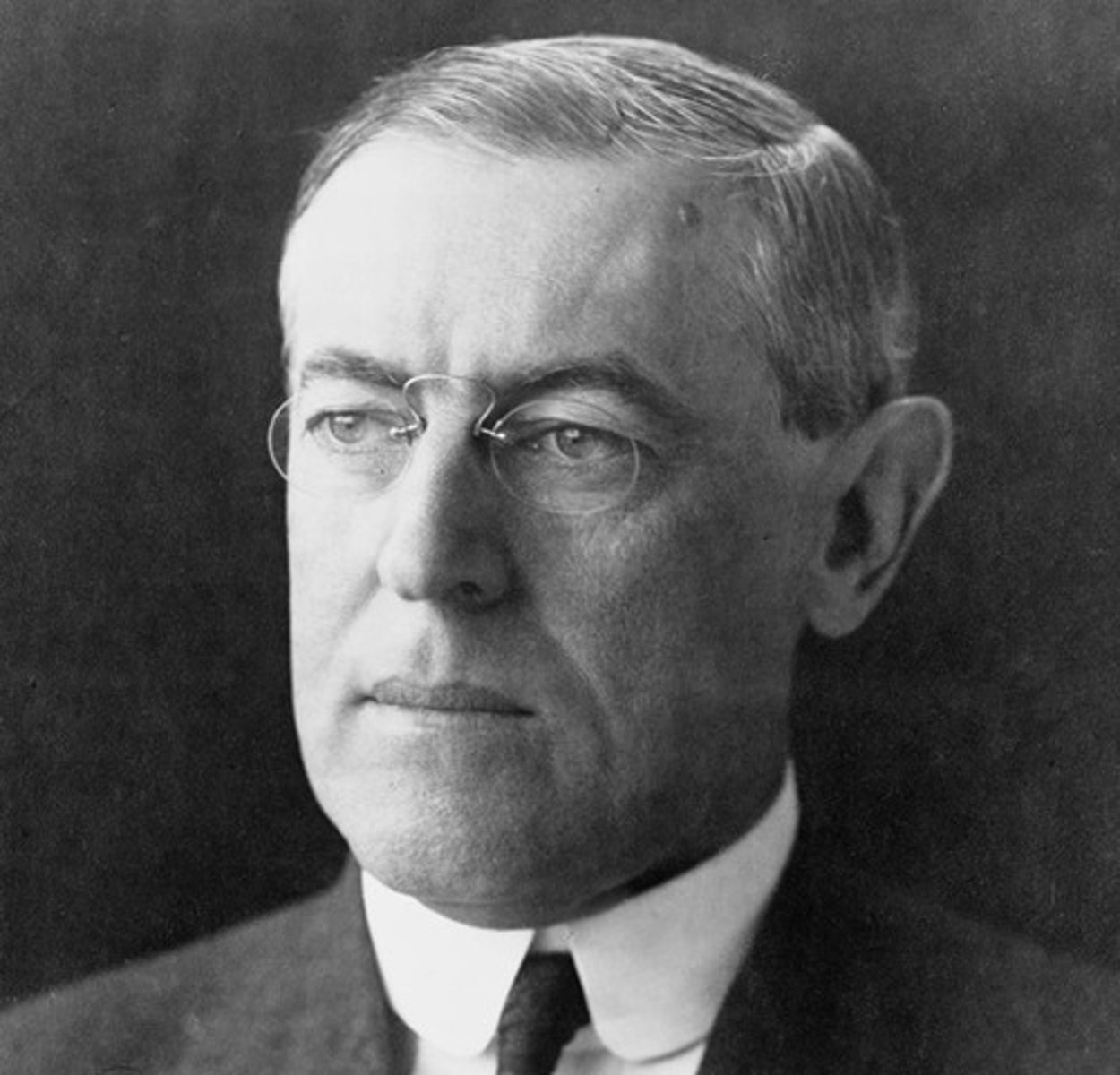
New Freedom
Democrat Woodrow Wilson's political slogan in the presidential campaign of 1912; Wilson wanted to improve the banking system, lower tariffs, and, by breaking up monopolies, give small businesses freedom to compete.

The Triple Wall of Privilege
President Wilson called for an all-out war on the tariff, the banks, and the trusts.
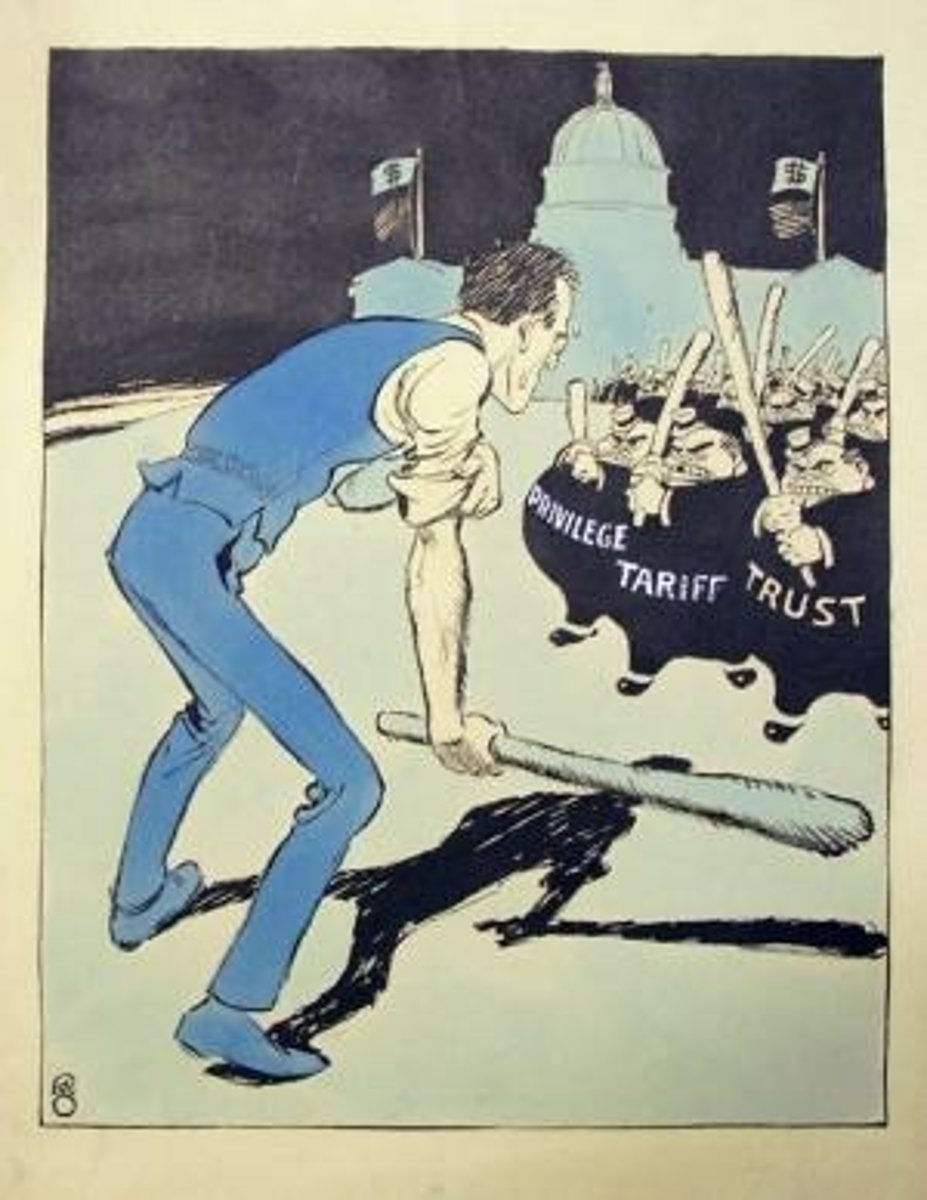
Underwood Tariff
Pushed through Congress by Woodrow Wilson, this 1913 tariff reduced average tariff duties by almost 15% and established a graduated income tax
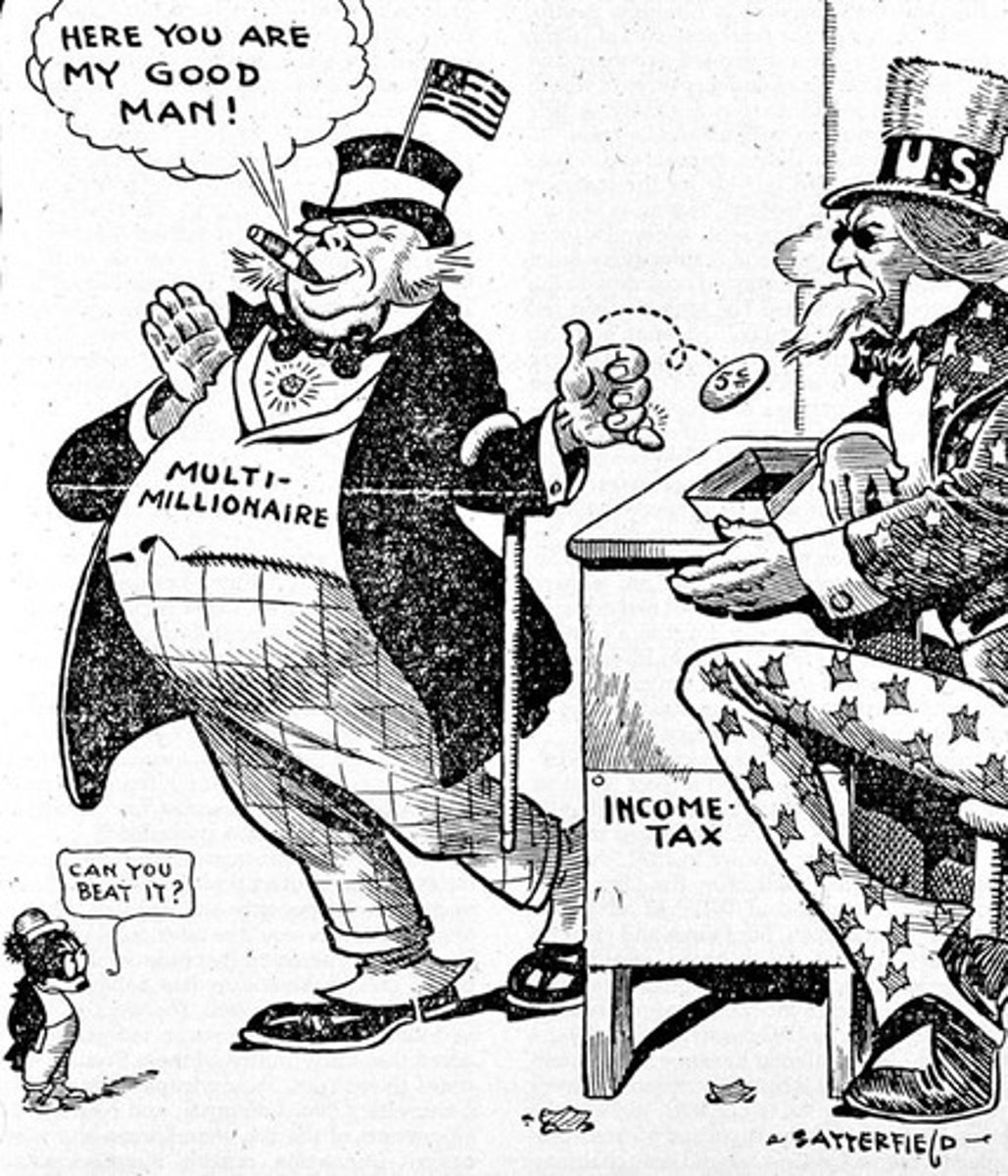
16th Amendment
Amendment to the United States Constitution (1913) gave Congress the power to tax income.

Louis Brandeis
Author of "Other People's Money and How the Bankers Use It". Progressive-style lawyer called "the people's lawyer," and fought for public causes. When nominated to the Supreme Court by Woodrow Wilson in 1916, his appointment drew outrage because of his "radical" behavior and because of anti-Semitism as he was the first Jewish person on the Supreme Court.
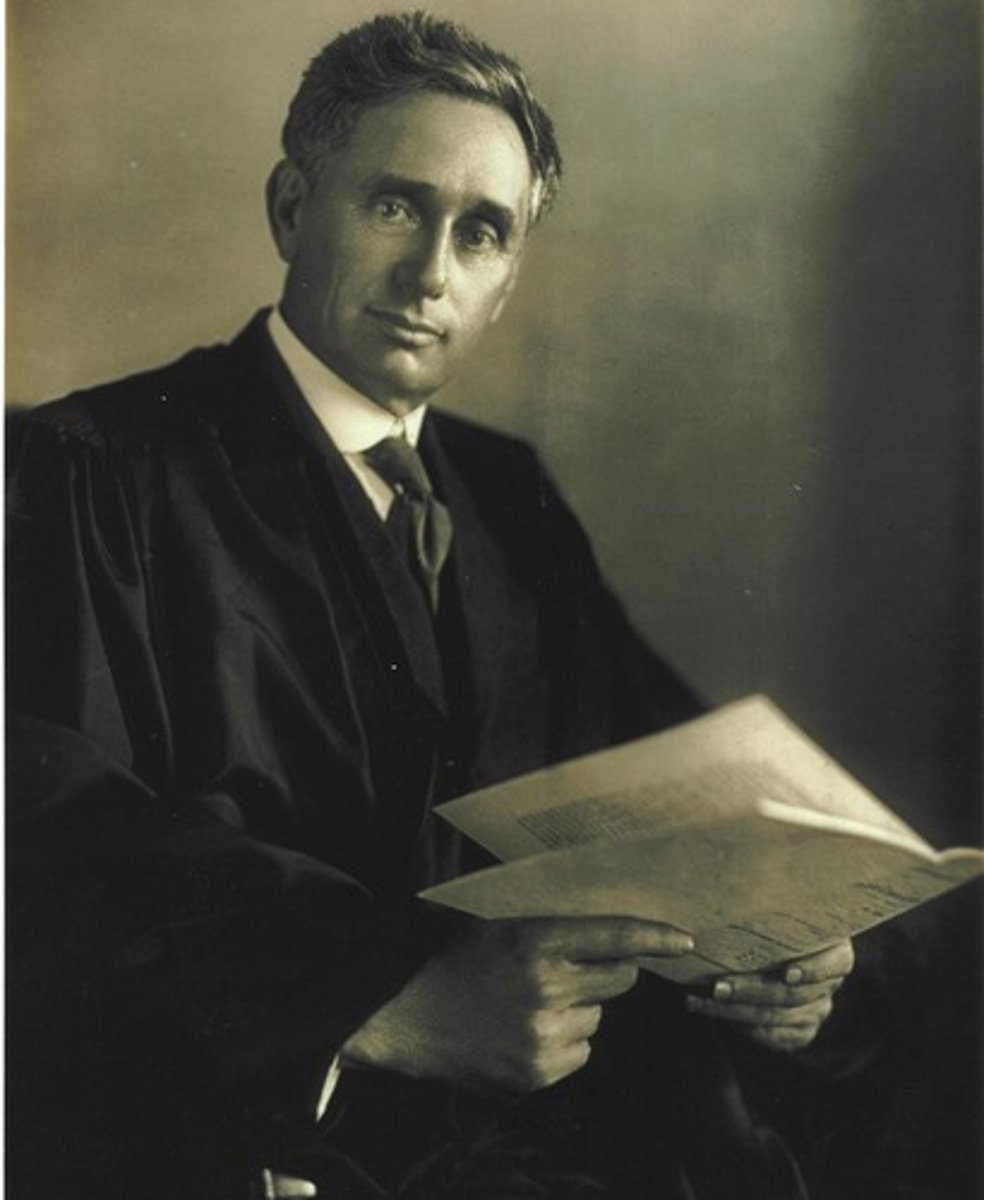
Federal Reserve Act
a 1913 law that set up a system of federal banks and gave government the power to control the money supply
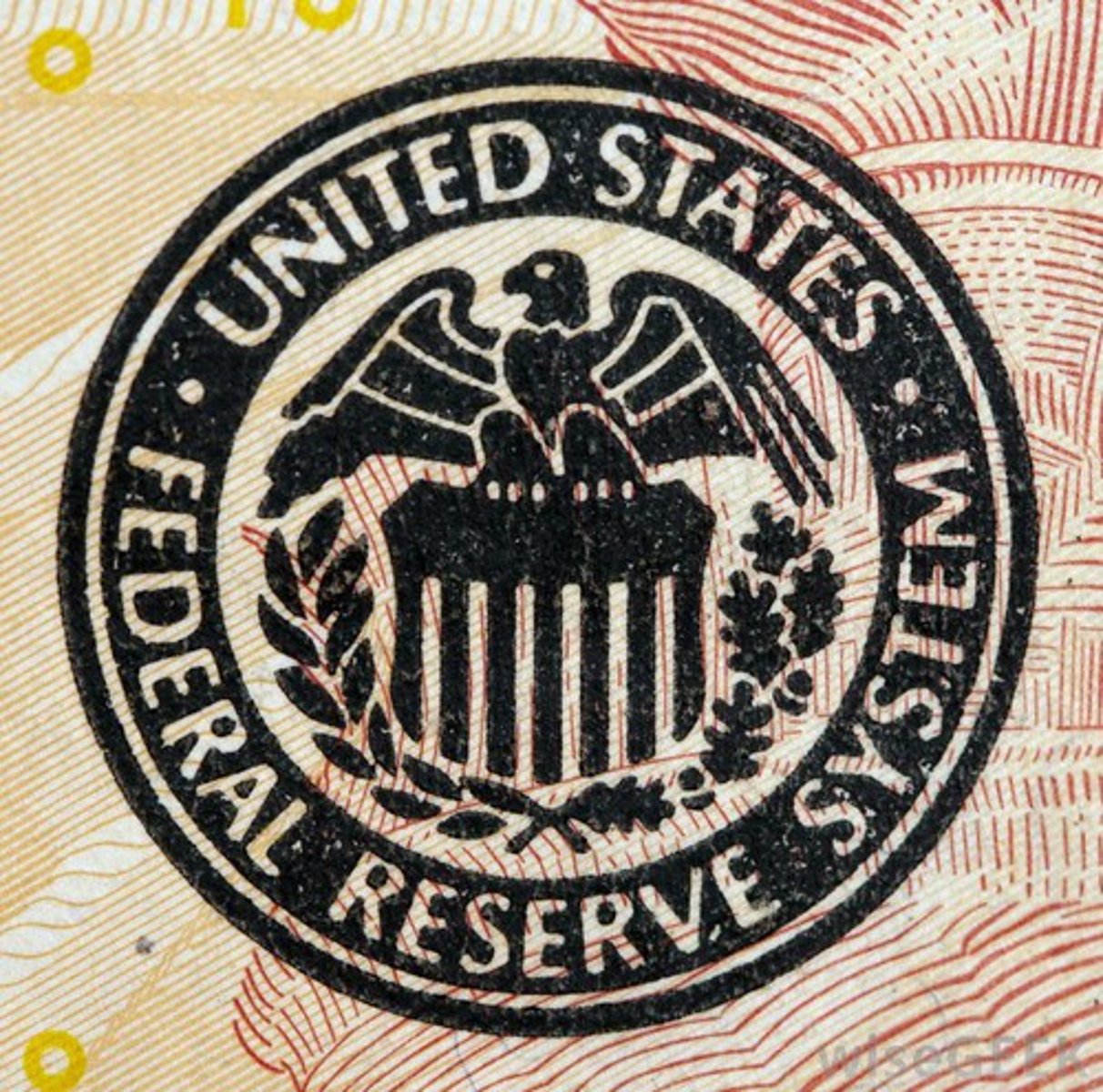
Federal Reserve Board
A seven-member board that heads the Federal Reserve that sets member banks reserve requirements, controls the discount rate, sets interest rates, and makes other economic decisions to control the money supply.
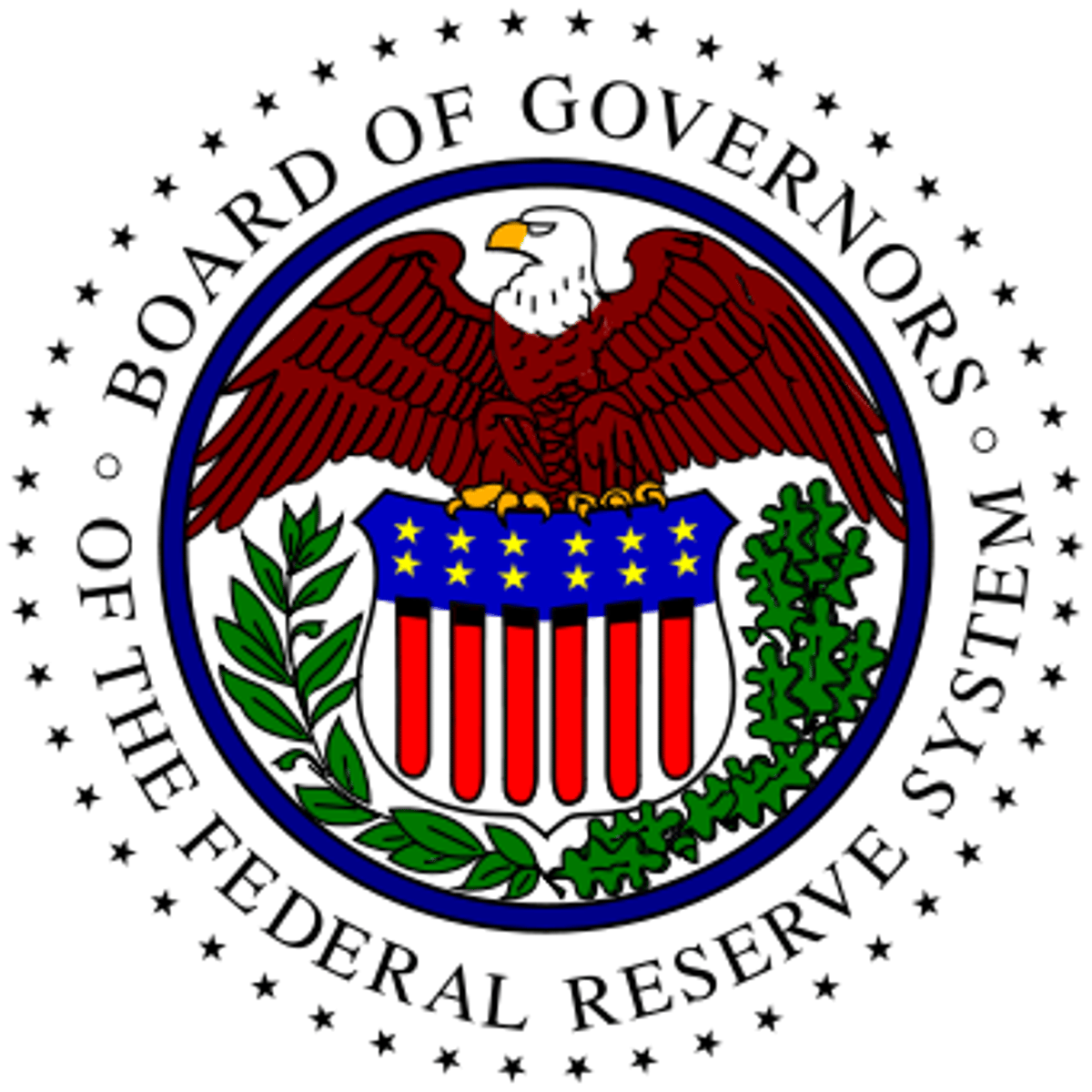
Federal Reserve Notes
paper currency issued by the Fed that eventually replaced all other types of federal currency
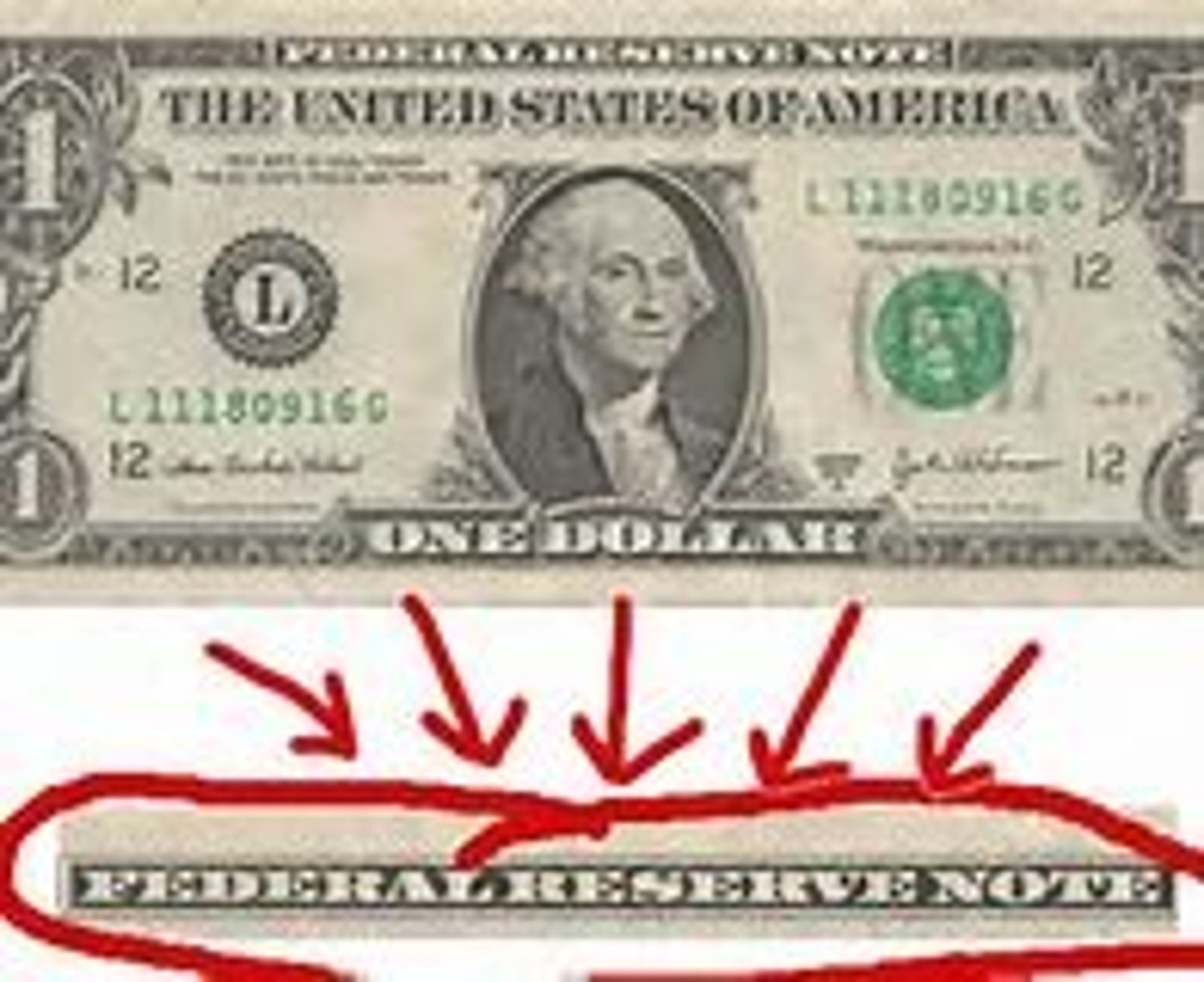
Interest Rates
the cost of borrowing money calculated as a percentage of the money borrowed

Federal Trade Commission Act
A banner accomplishment of Woodrow Wilson's administration, this law empowered a standing, presidentially appointed commission to investigate illegal business practices in interstate commerce like unlawful competition, false advertising, and mislabeling of goods.
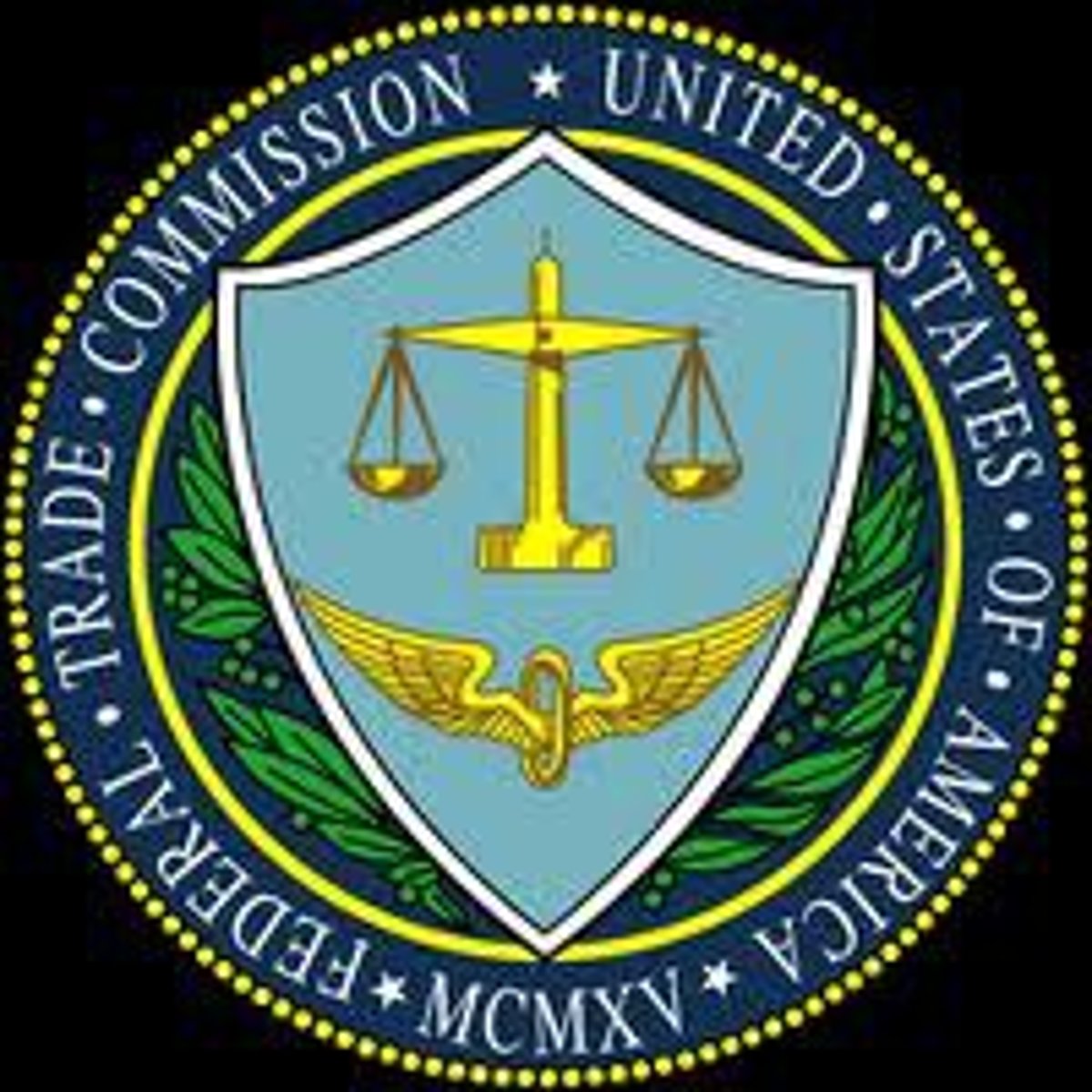
Clayton Anti-Trust Act
New antitrust legislation constructed under President Wilson to remedy deficiencies of the Sherman Antitrust Act and make it easier to break up Trusts.
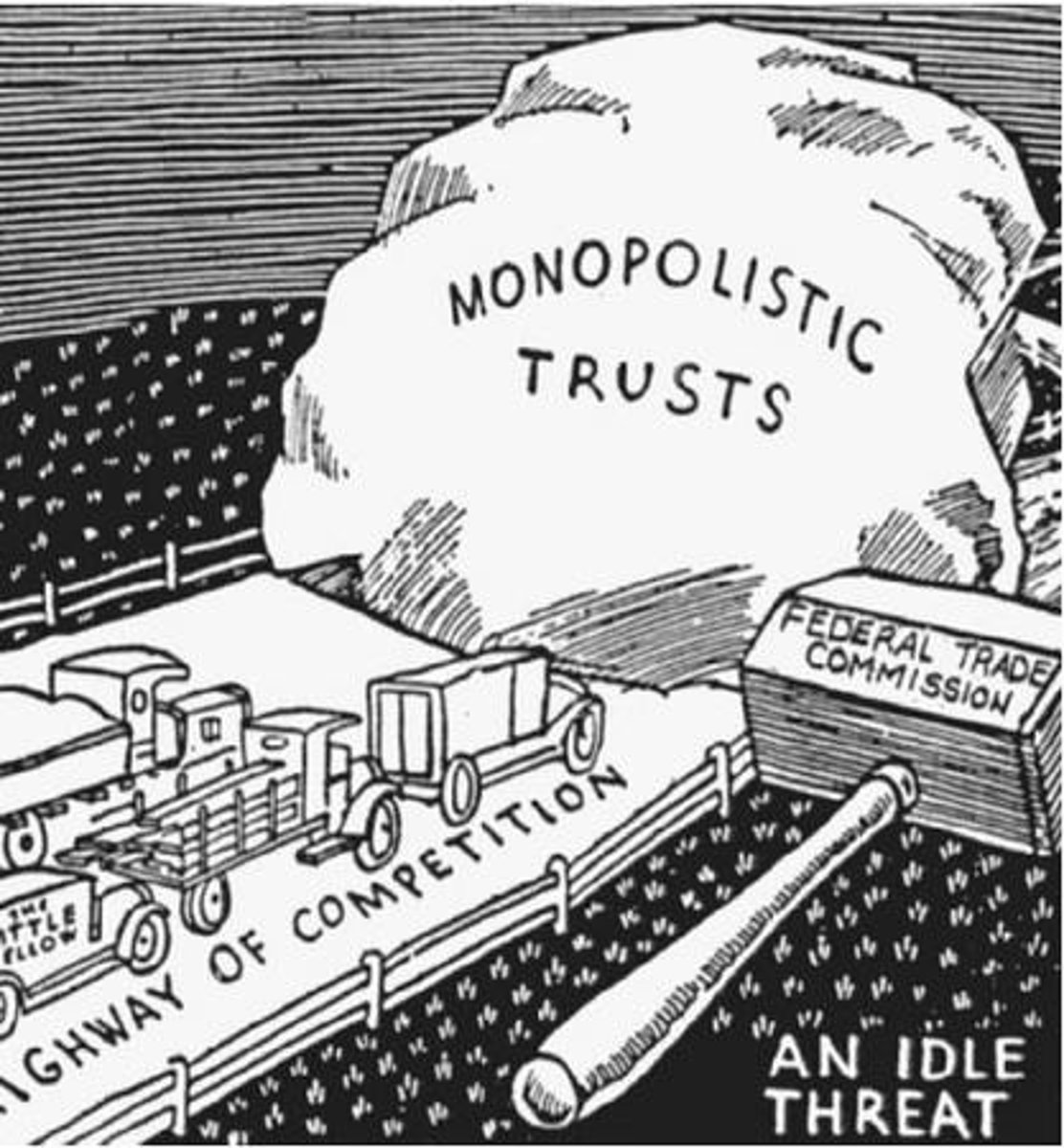
Holding Companies
Companies that hold a majority of another company's stock in order to control the management of that company. Can be used to establish a monopoly.
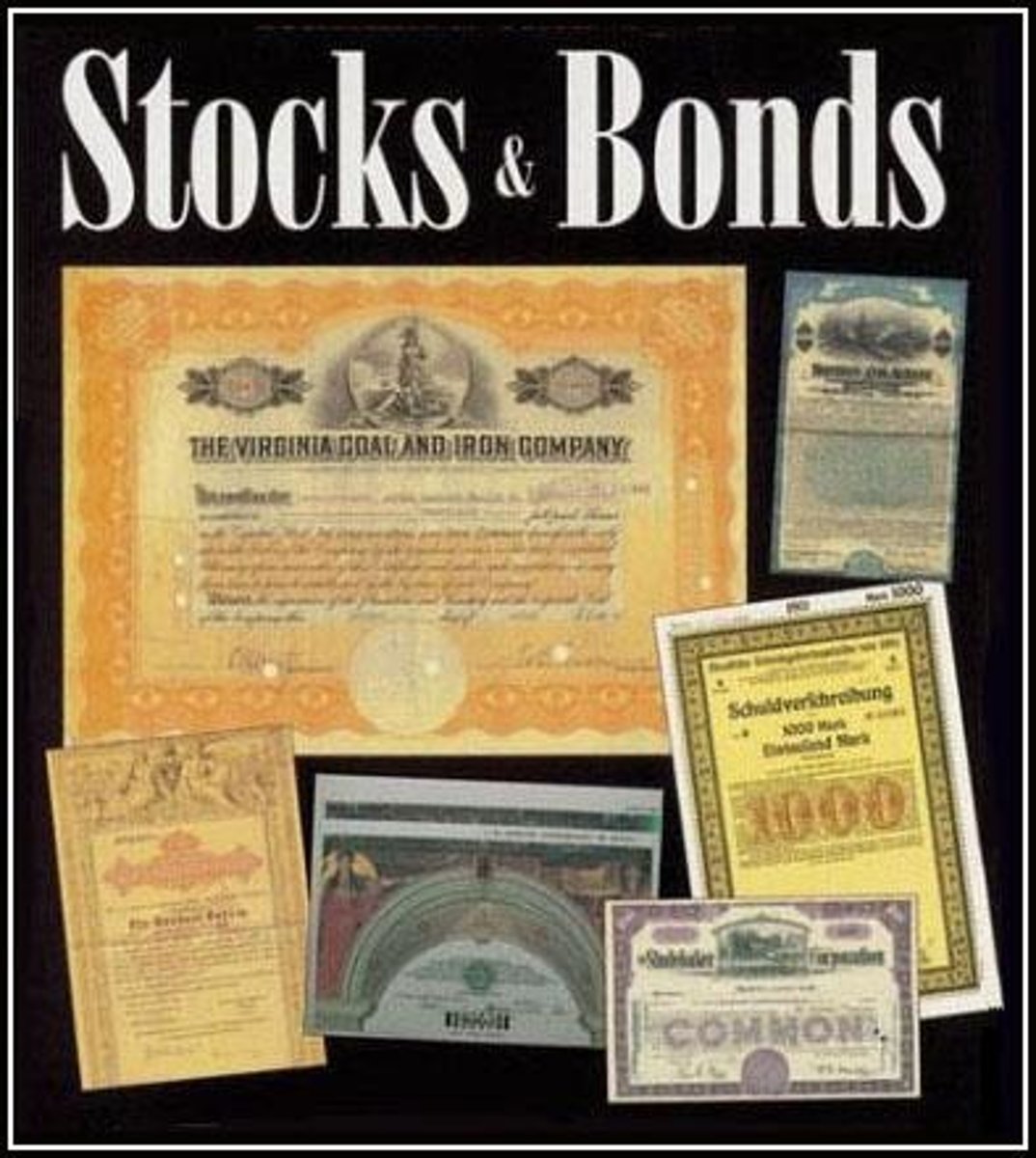
Federal Farm Loan Act
Act passed under President Woodrow Wilson that created 12 federal land banks to provide farmers with long term loans at low interest rates
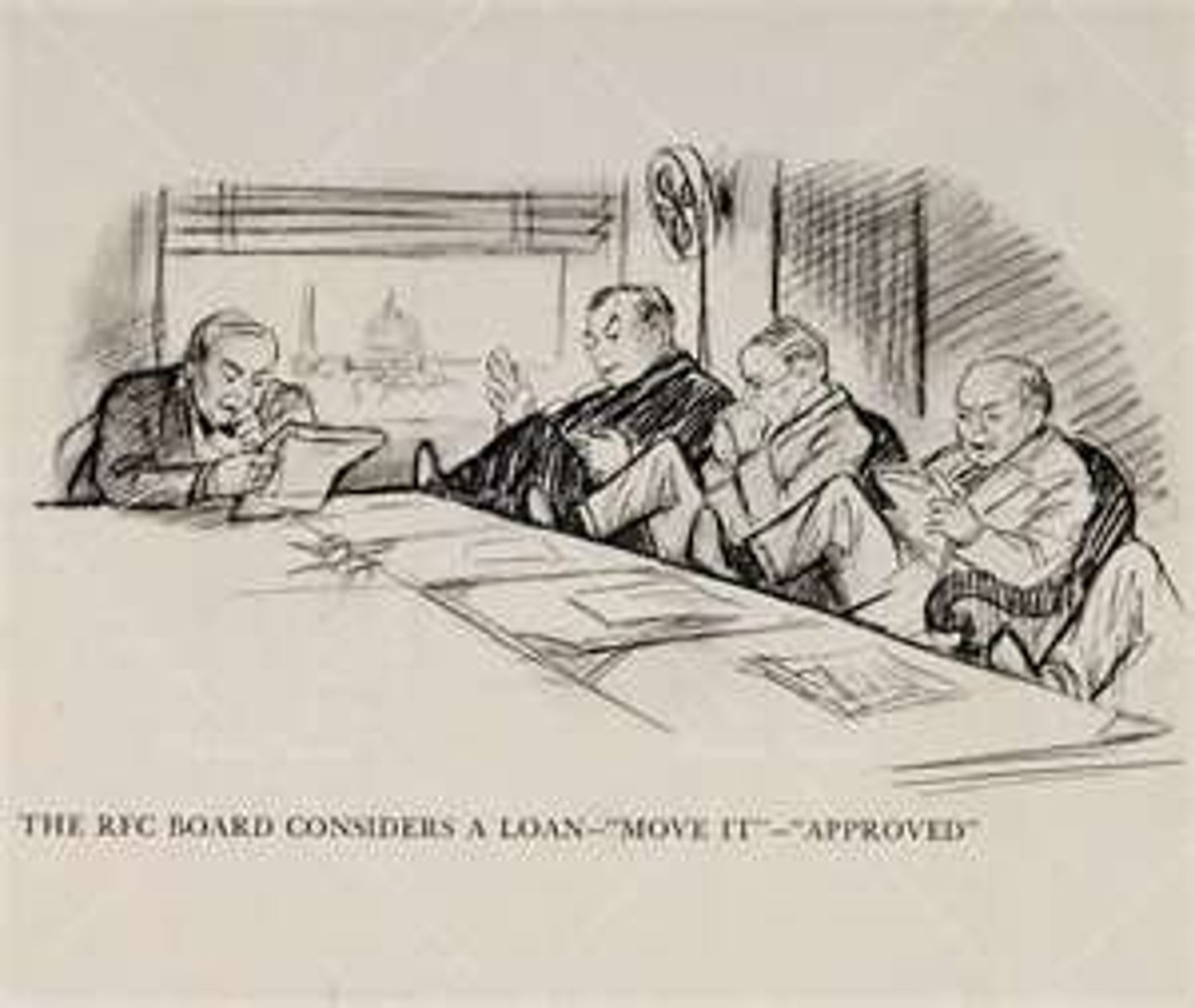
Workingmen's Compensation Act
Passed under Woodrow Wilson, this law granted assistance to federal civil-service employees during periods of disability. It was a precursor to labor-friendly legislation passed during the New Deal.
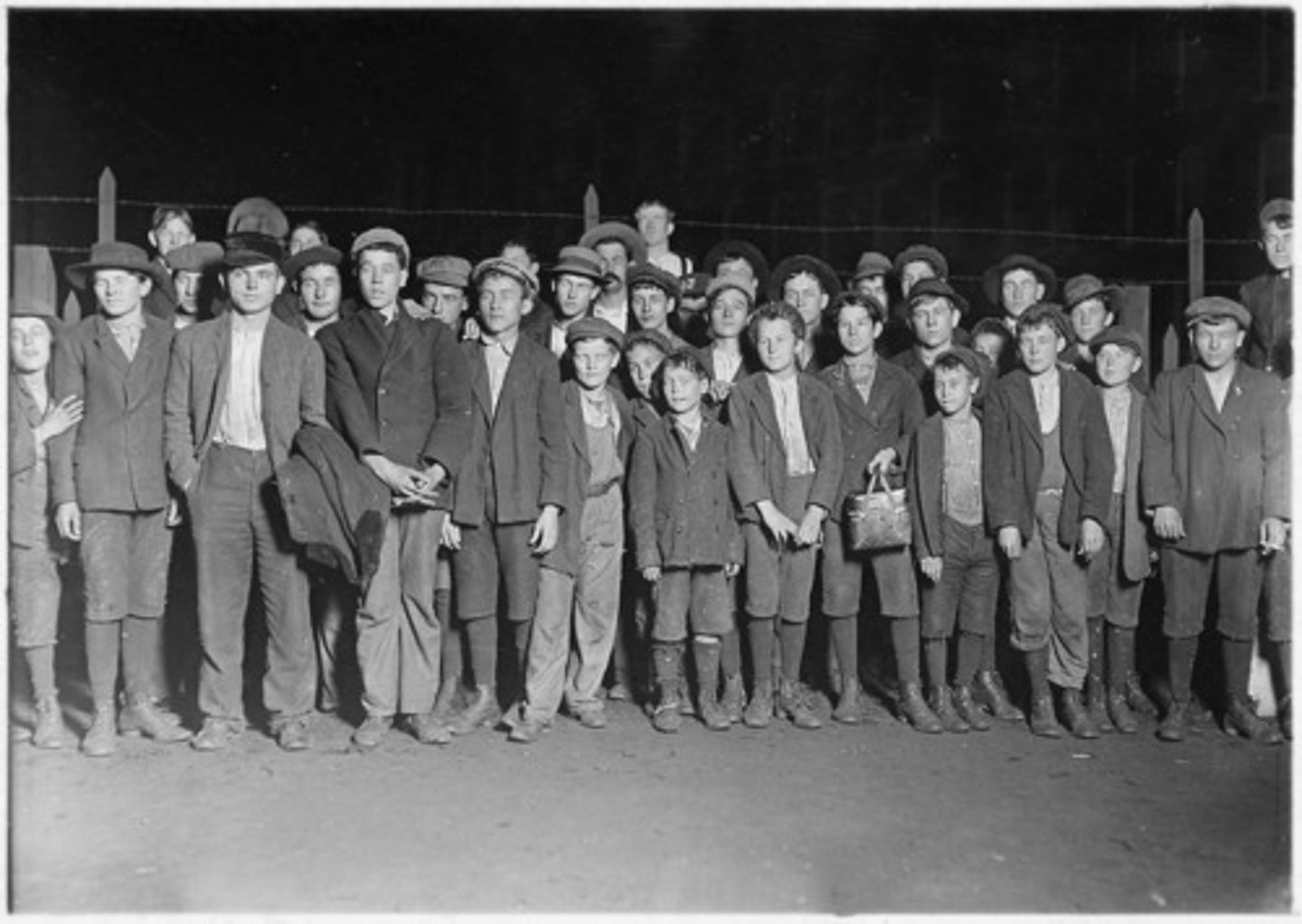
Keating-Owen Child Labor Act
Prohibited the sale of interstate commerce goods produced by children
prohibited companies involved in interstate commerce from hiring workers under 14 years of age
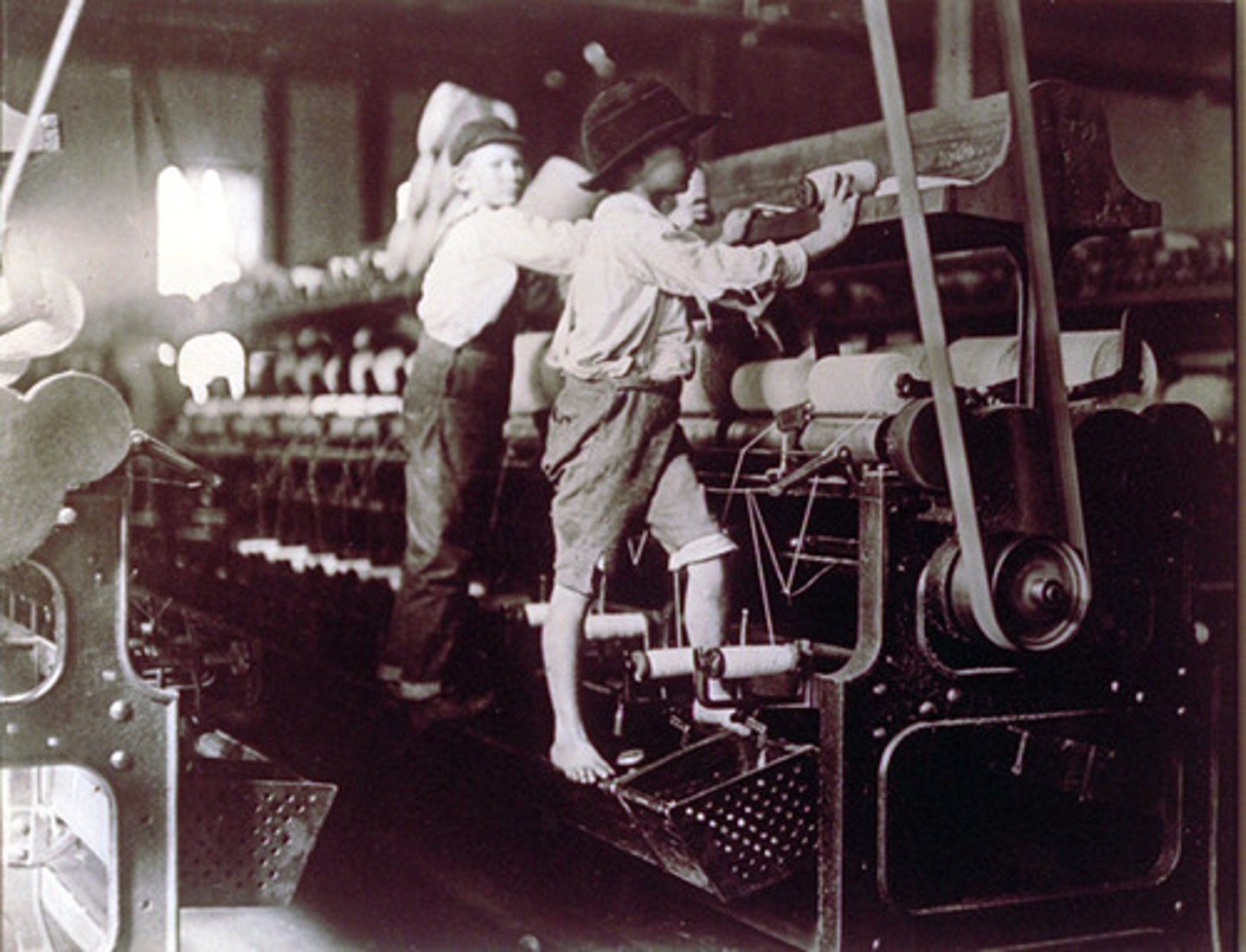
Adamson Act
1916 law that established 8 hour workday for railroad workers in order to avert a national strike
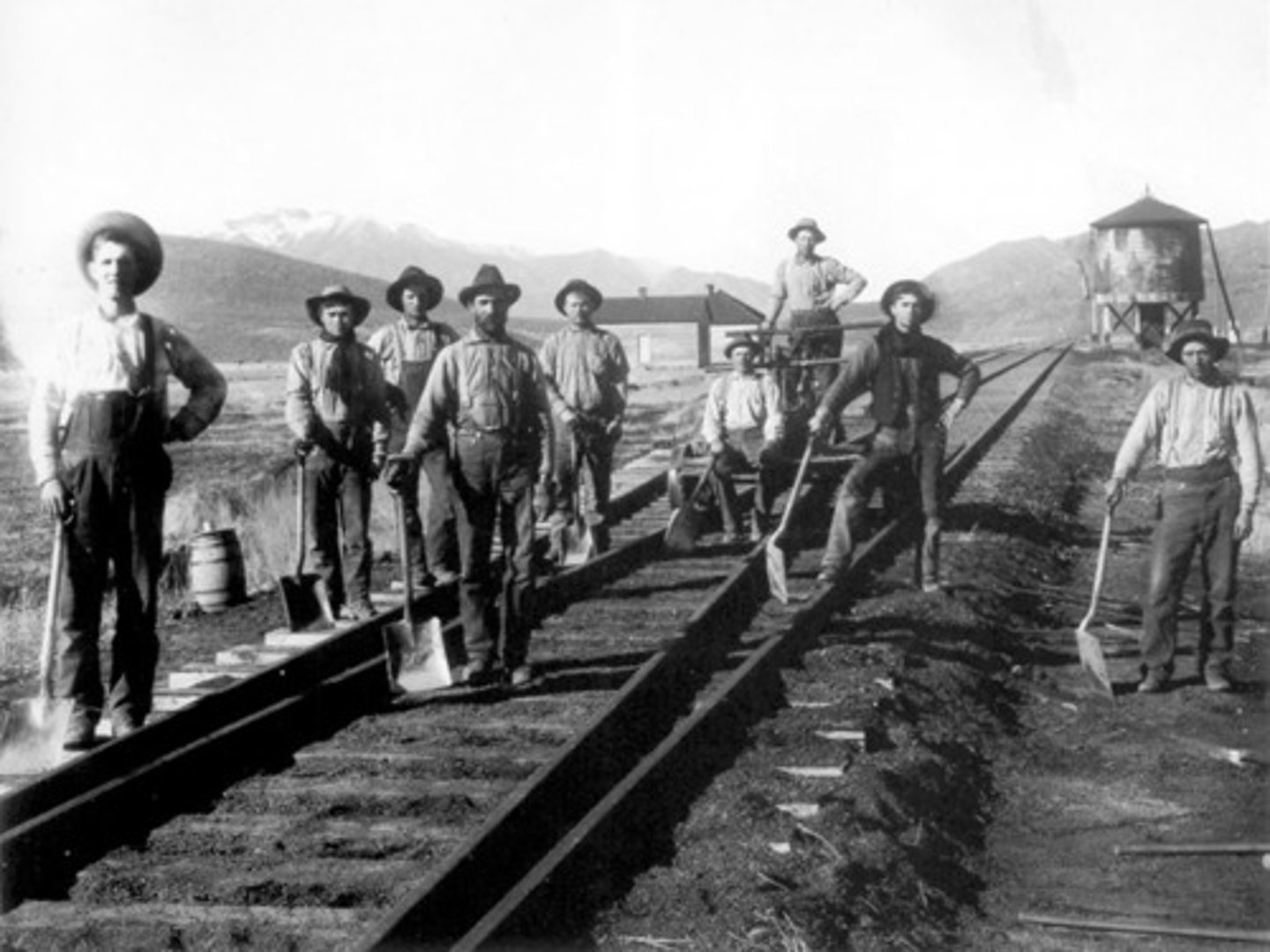
Jones Act
Law according territorial status to the Philippines and promising independence as soon as a "stable government" could be established. The United States did not grant the Philippines independence until July 4, 1946.
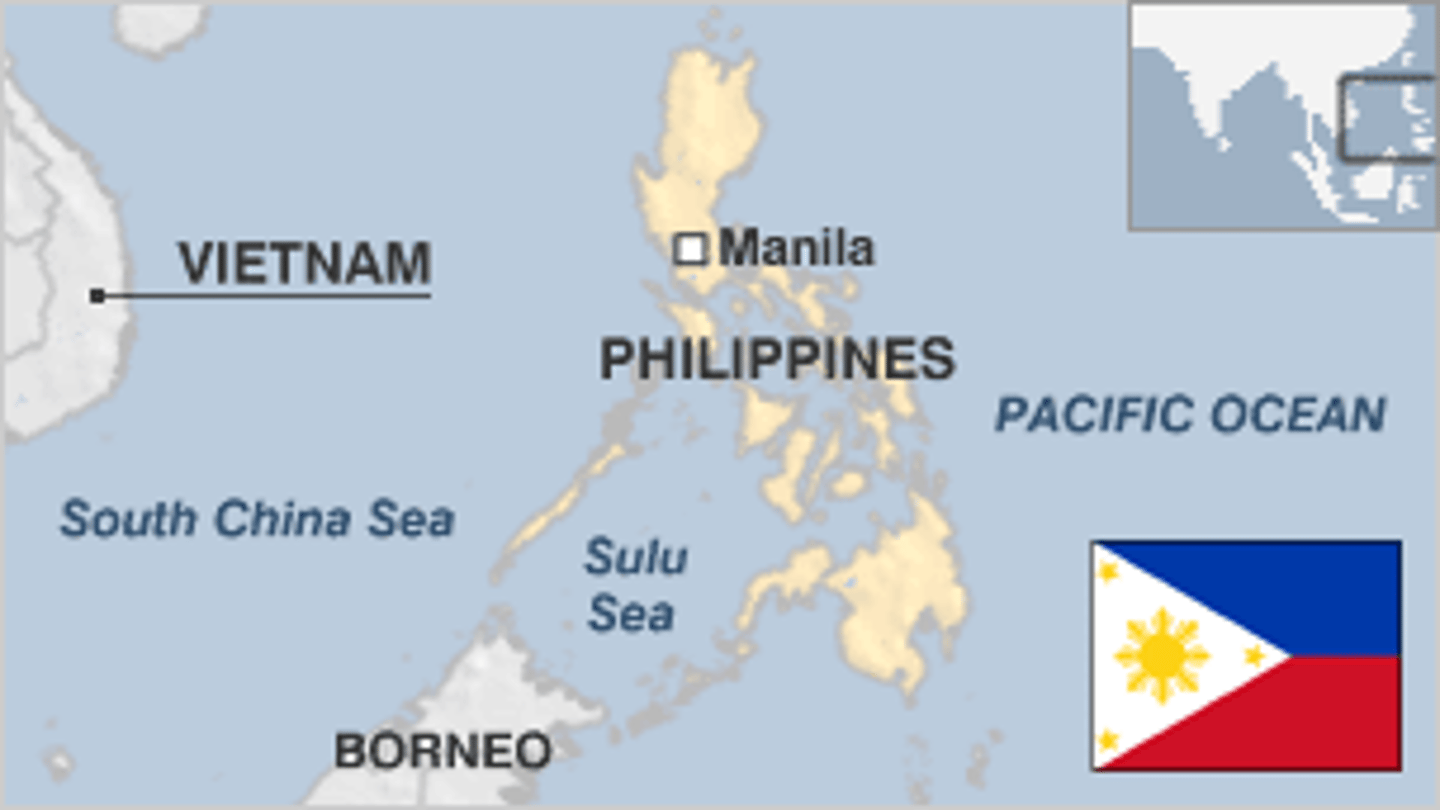
Virgin Islands
Purchased from Denmark. Still are American Territories
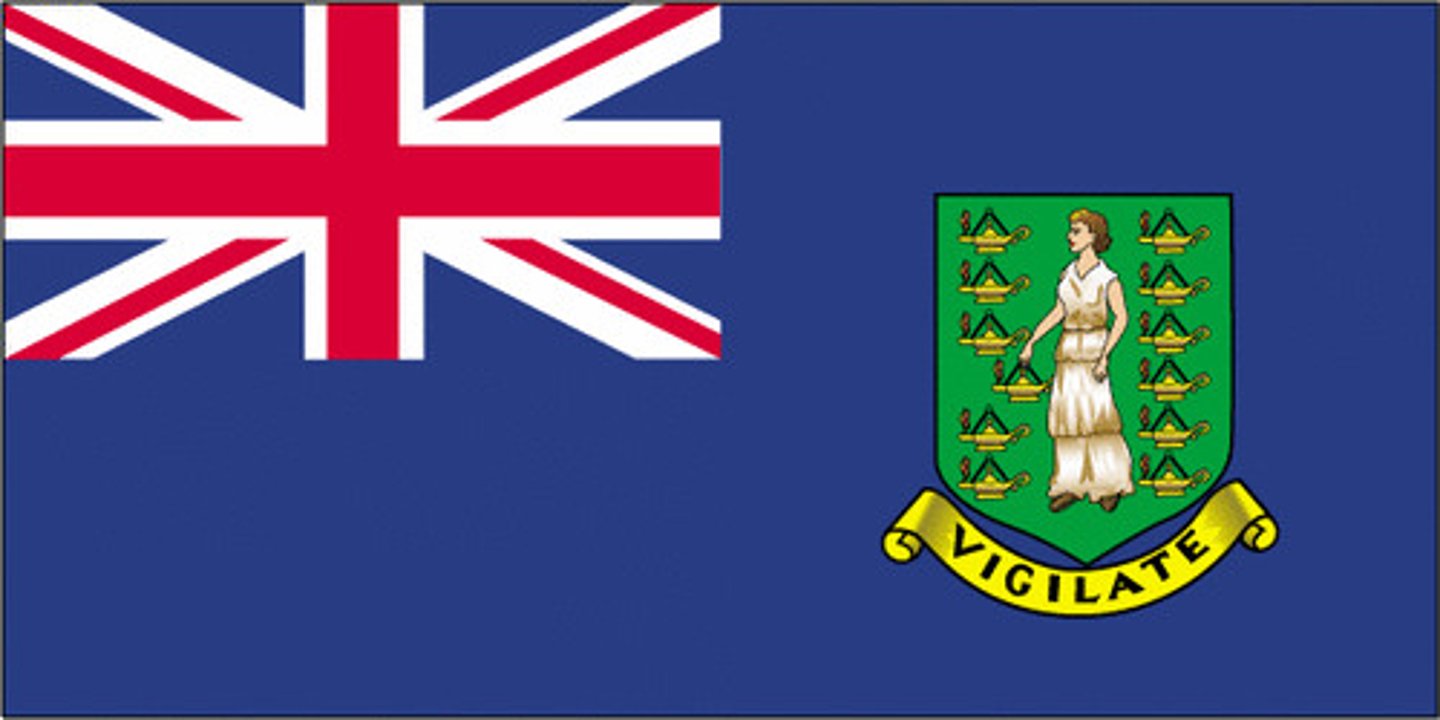
Moral Diplomacy
Nickname for President Wilson's foreign policy of condemning imperialism, spreading democracy, and promoting peace. Wilson hoped to influence and control other countries through economic pressure, refusing to support non-democratic countries. Helped with the advancement of human rights in Latin America. He used this as his basis for intervening in Mexico.
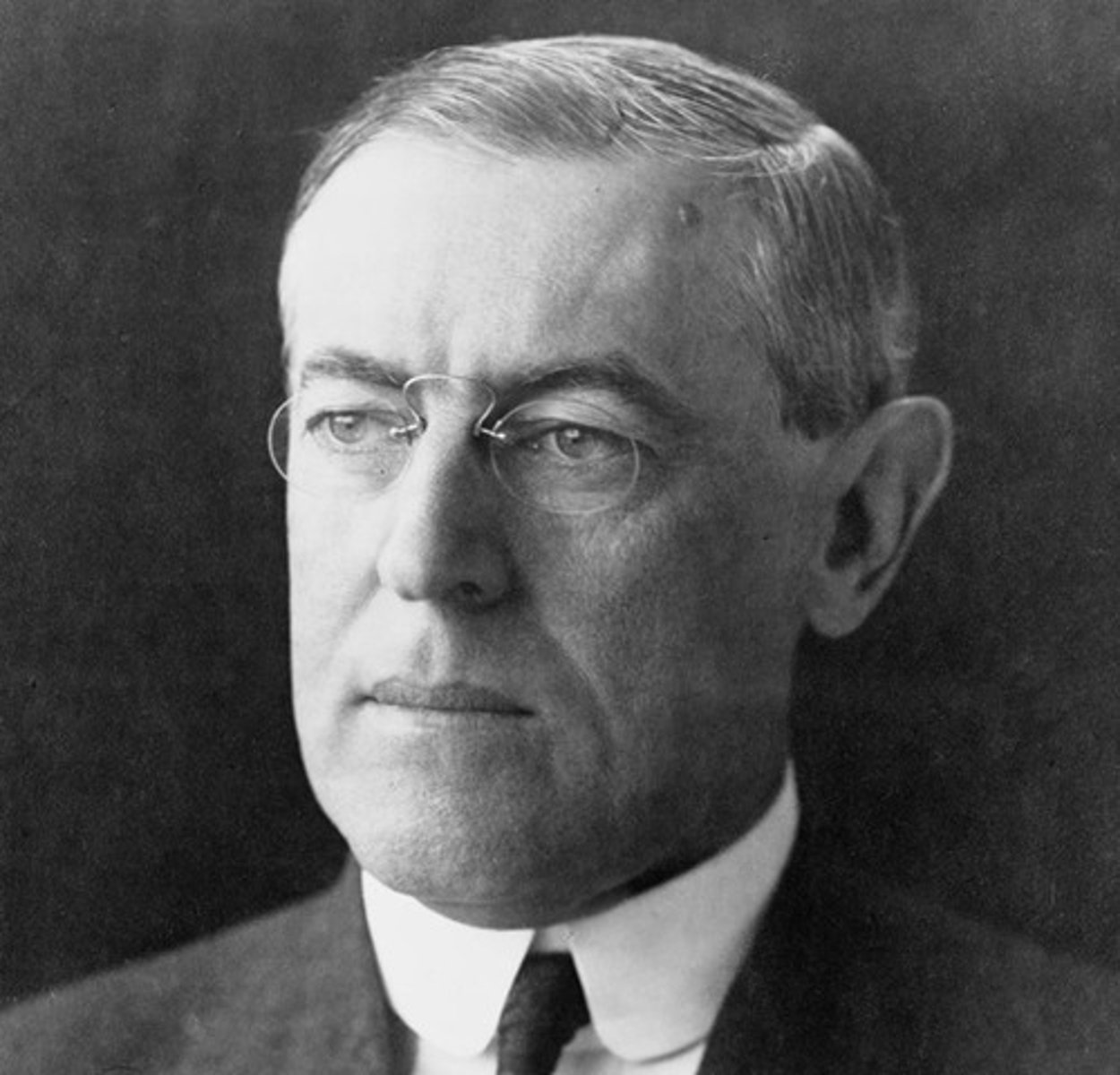
Victoriano Huerta
He was a Mexican military officer and President of Mexico who was also leader of the violent revolution that took place in 1913. His rise to power caused many Mexicans to cross the border as well as angering the United States who saw him as a dictator.
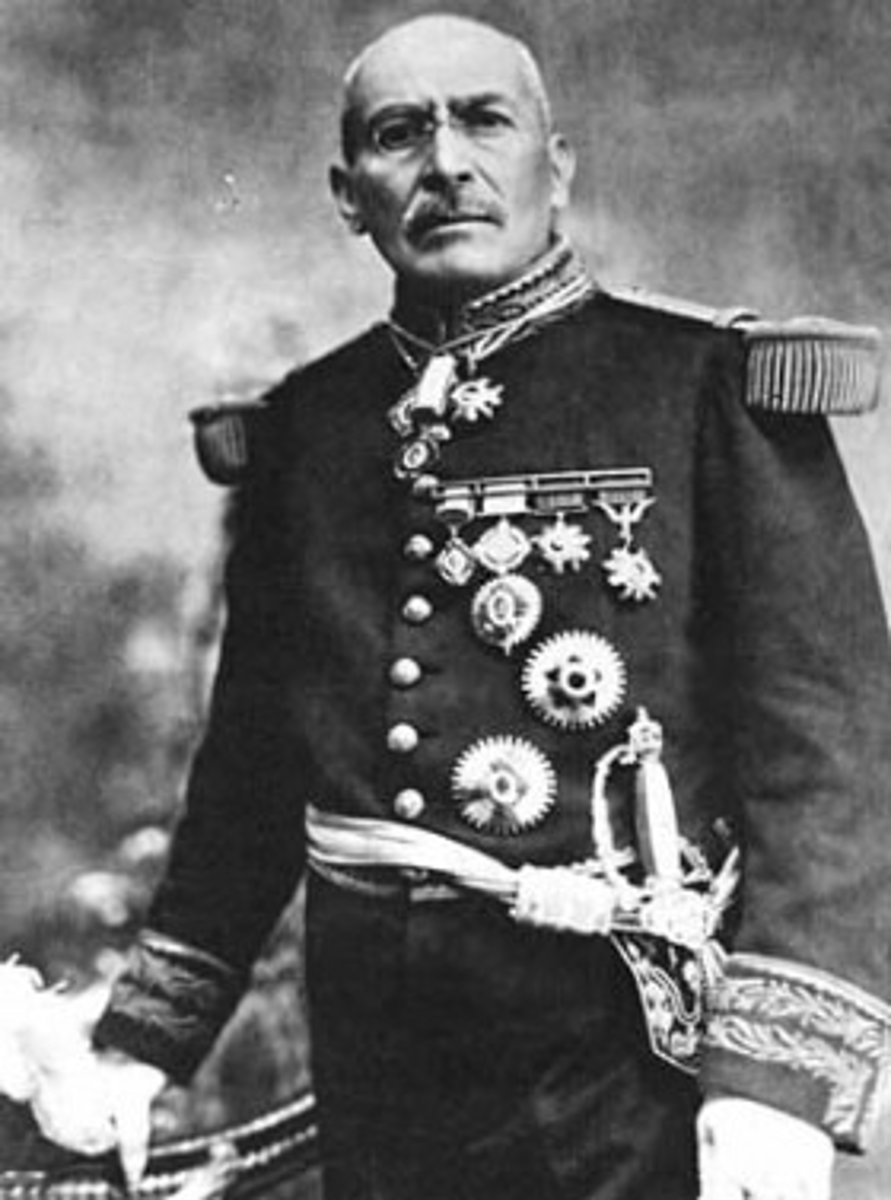
Venustiano Carranza
He became president of Mexico in 1914. He succeeded the harsh President Huerta. President Wilson supported him over Huerta.
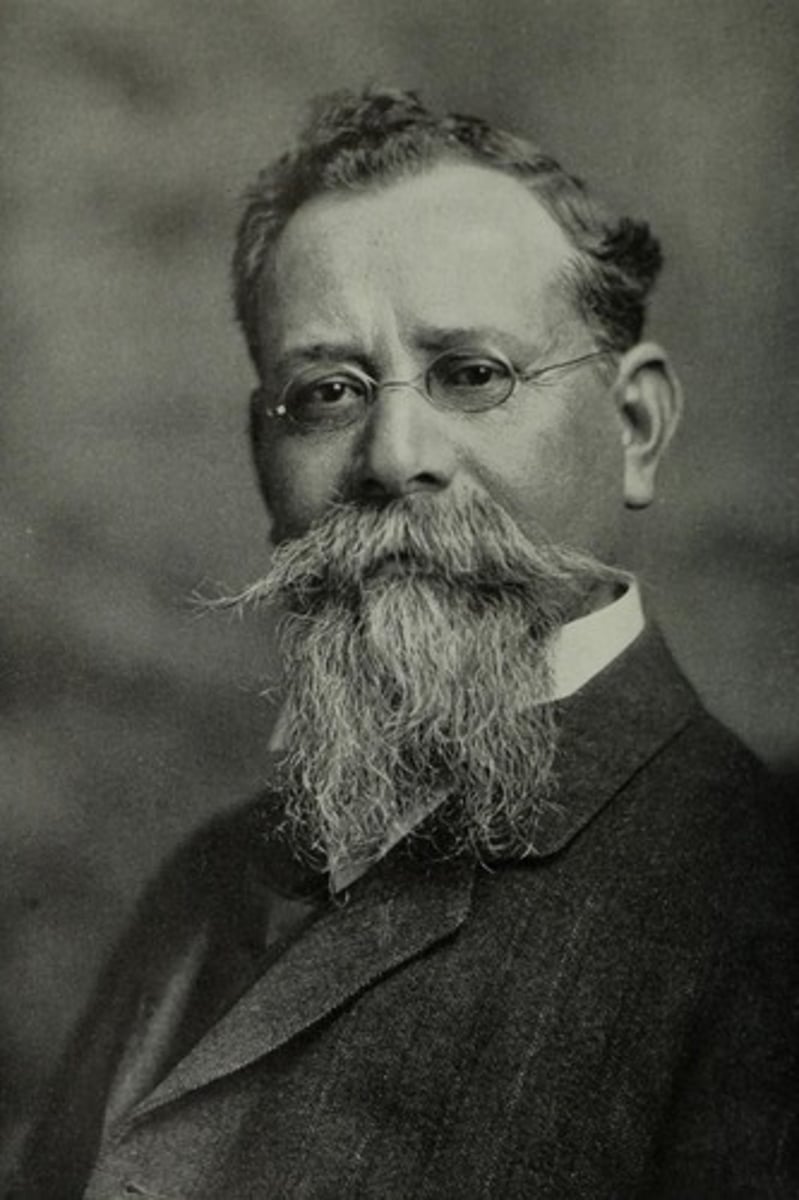
ABC Powers (Argentina, Brazil, Chile)
Term for the three Latin American nations whose mediation prevented war between the U. S. and Mexico in 1914. They helped in getting U.S. backed Carranza to replace Huerta.
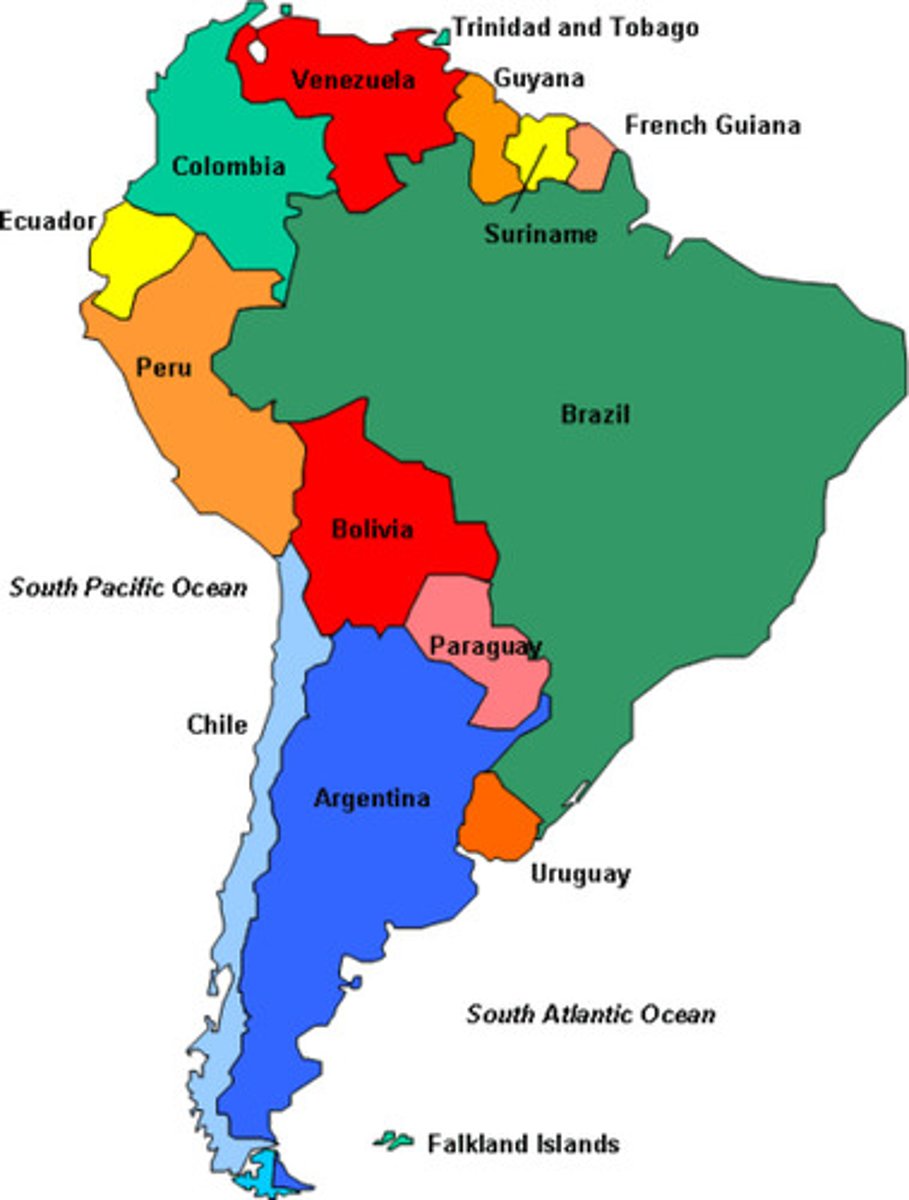
Tampico Incident
In April 1914, some U.S. sailors were arrested in Tampico, Mexico. President Wilson used the incident to send U.S. troops into northern Mexico. His real intent was to unseat the Huerta government there. After the Niagara Falls Conference, Huerta abdicated and the confrontation ended.
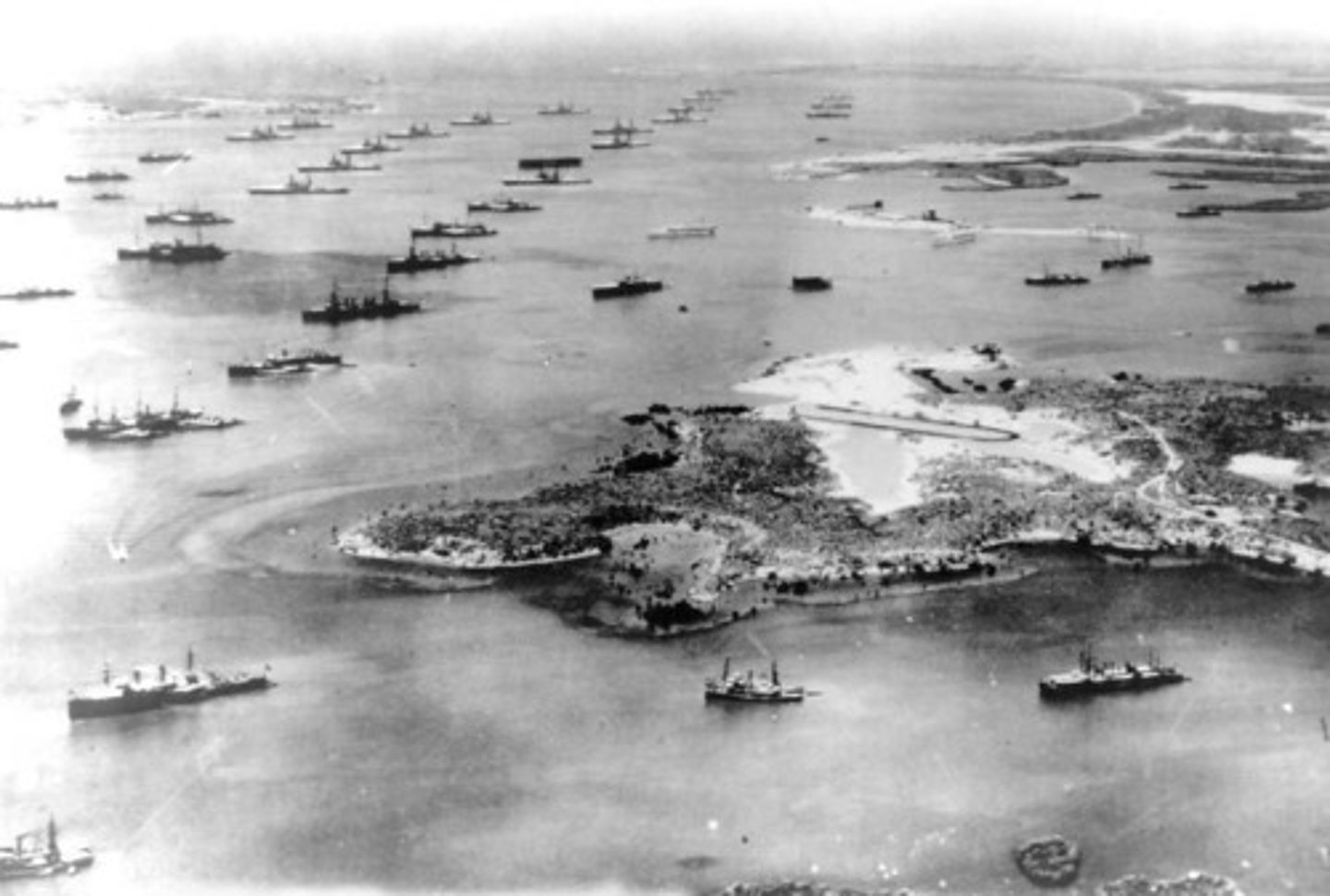
Pancho Villa
A Mexican rebel leader during the Mexican Revolution who supported Huerta and is not happy about America's interventions. Raids across the American border and kills 16 American. President Wilson sends American troops led by General John J. Pershing into Mexico to capture him, but the mission is unsuccessful.
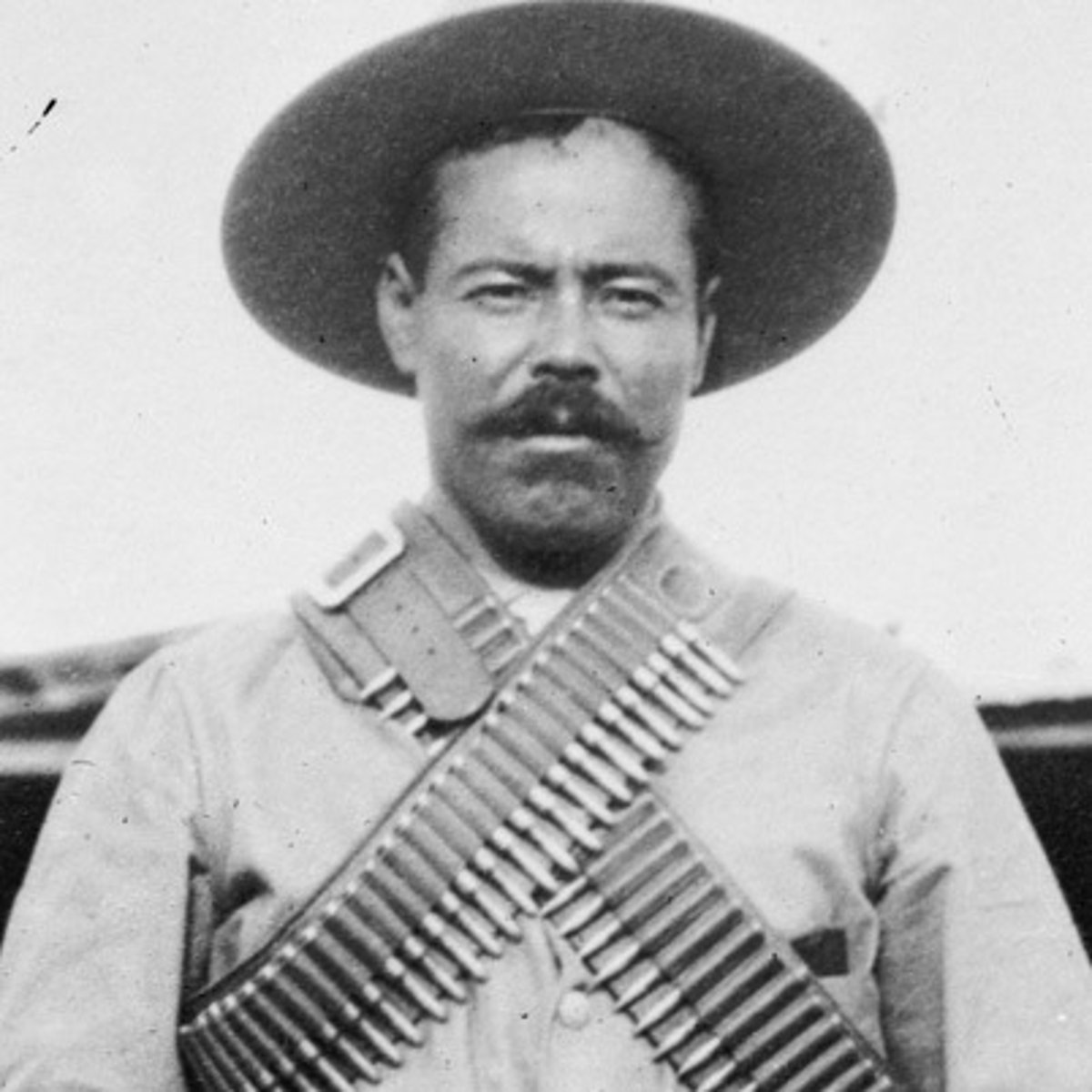
World War I
(1914 - 1918) European war in which the Allied Powers including Great Britain, France, Russia, Italy, and the United States and others defeated the Central Powers including Germany, Austria-Hungary, Ottoman Empire, and Bulgaria. Occurs while Woodrow Wilson is President. Starts in Europe in 1914, America gets involved in 1917, it ends in 1918. Imperialism, Militarism, and Nationalism are the underlying causes.
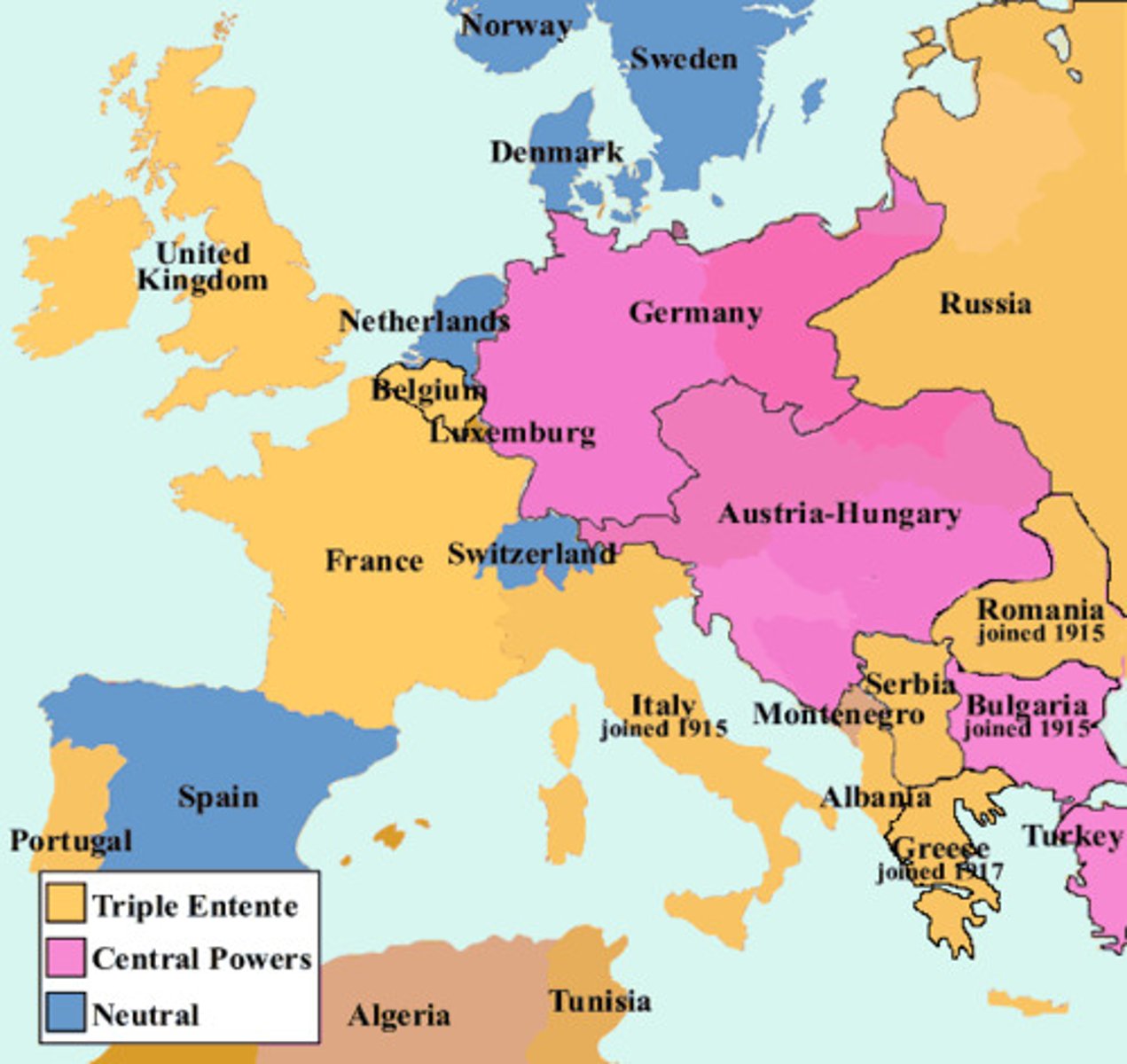
Archduke Franz Ferdinand
Heir to the throne of Austria-Hungary, assassinated in Sarajevo by a Serbian nationalist. This was the immediate cause of World War I beginning.
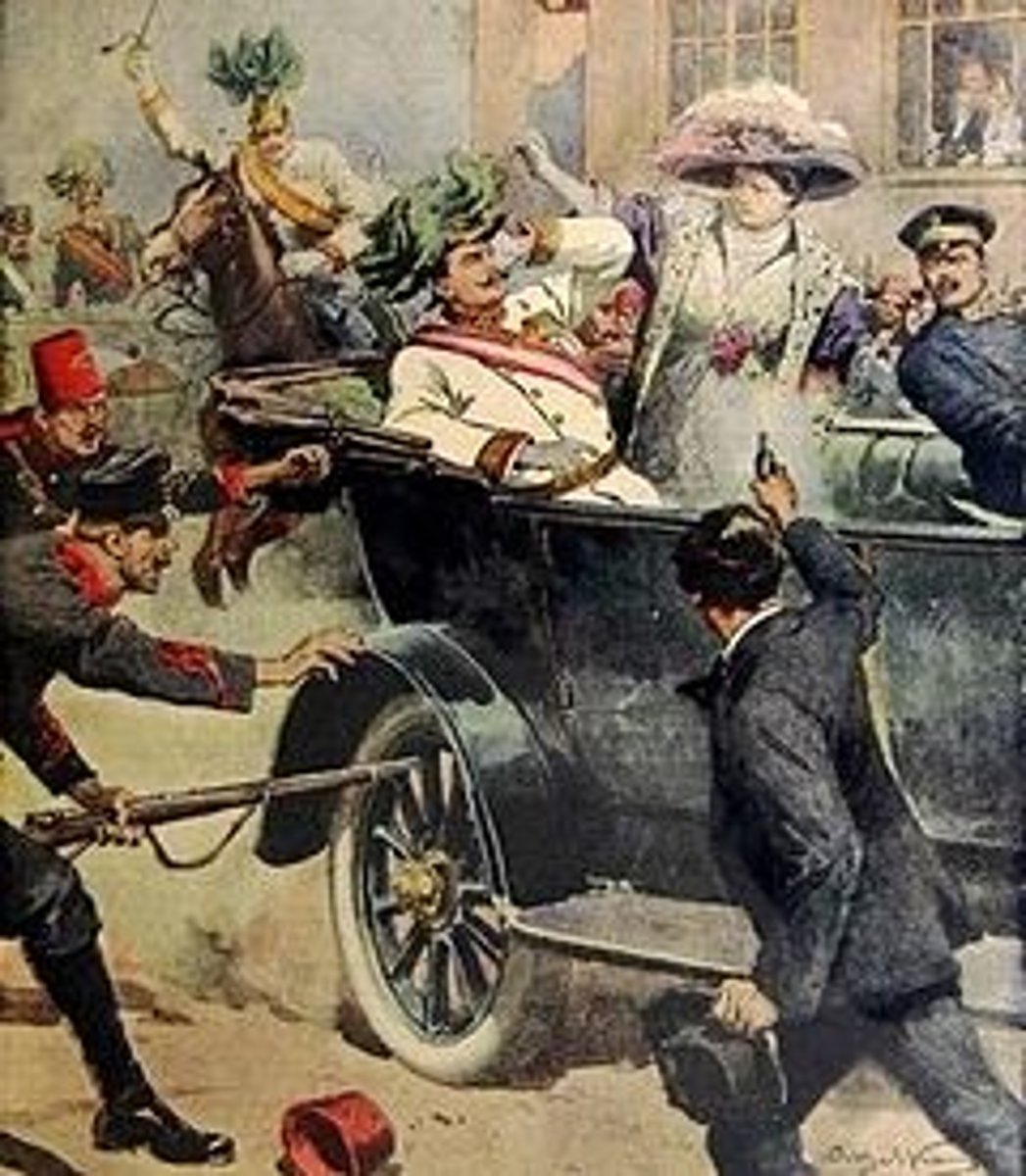
Causes of World War I
Assassination of Archduke Franz Ferdinand
Militarism
Alliance System
Imperialism
Nationalism
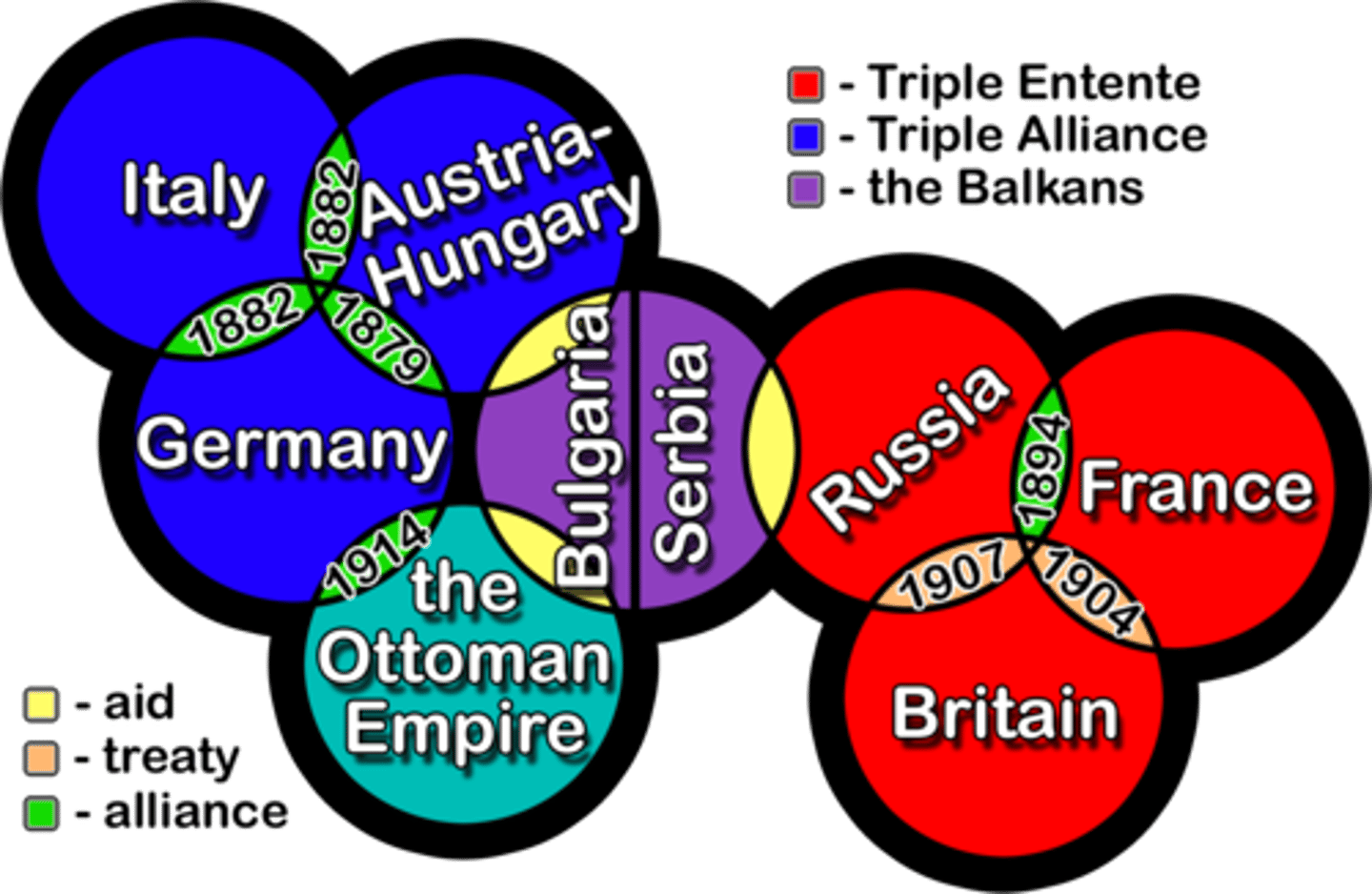
Militarism
A policy of aggressive military preparedness. A political orientation of a people or a government to maintain a strong military force and to be prepared to use it aggresively to defend or promote national interests. This was an underlying cause of WWI.
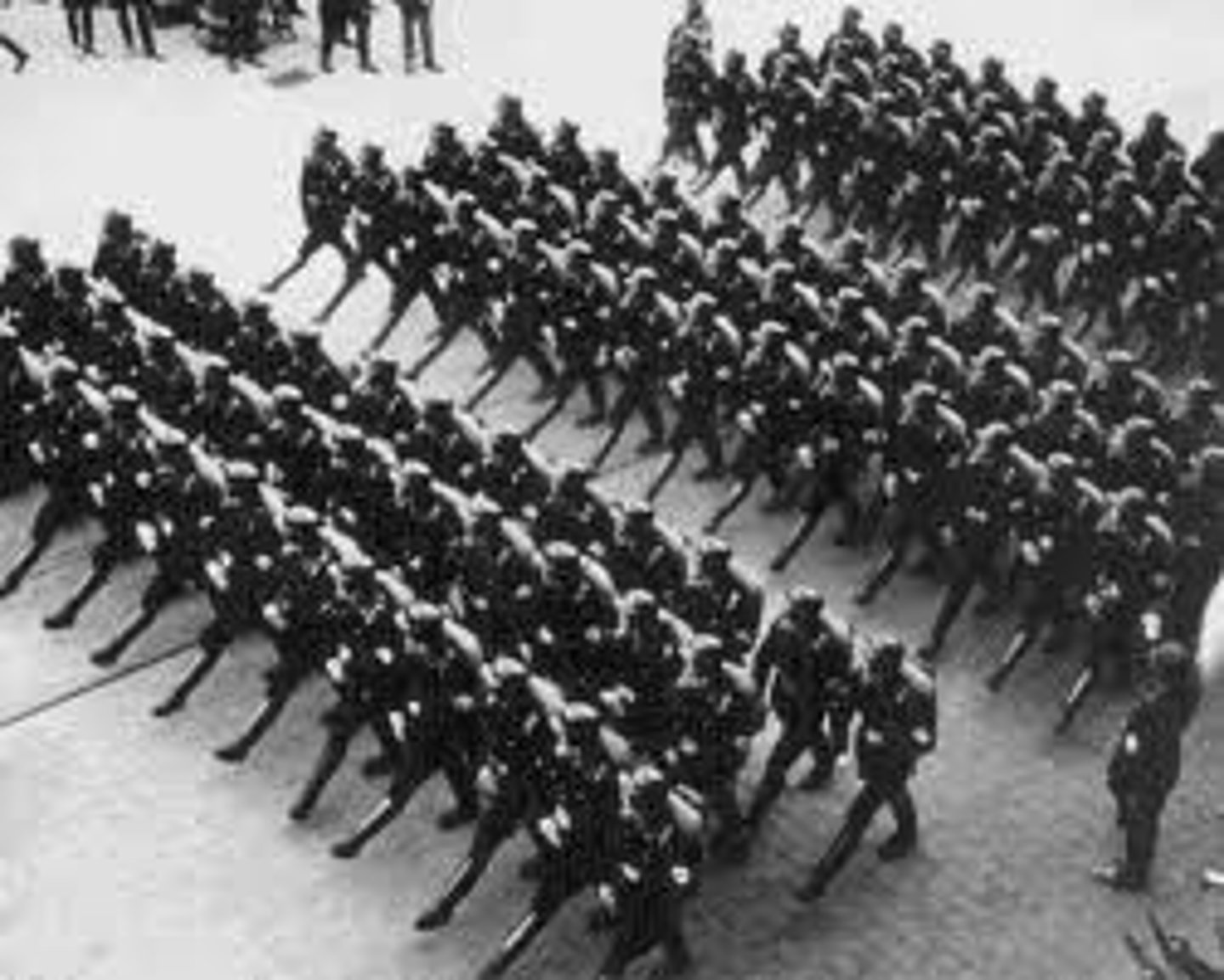
Alliances
An agreement between 2 or more countries to help each other out in war with the idea of strength in numbers. This was an underlying cause of WWI.
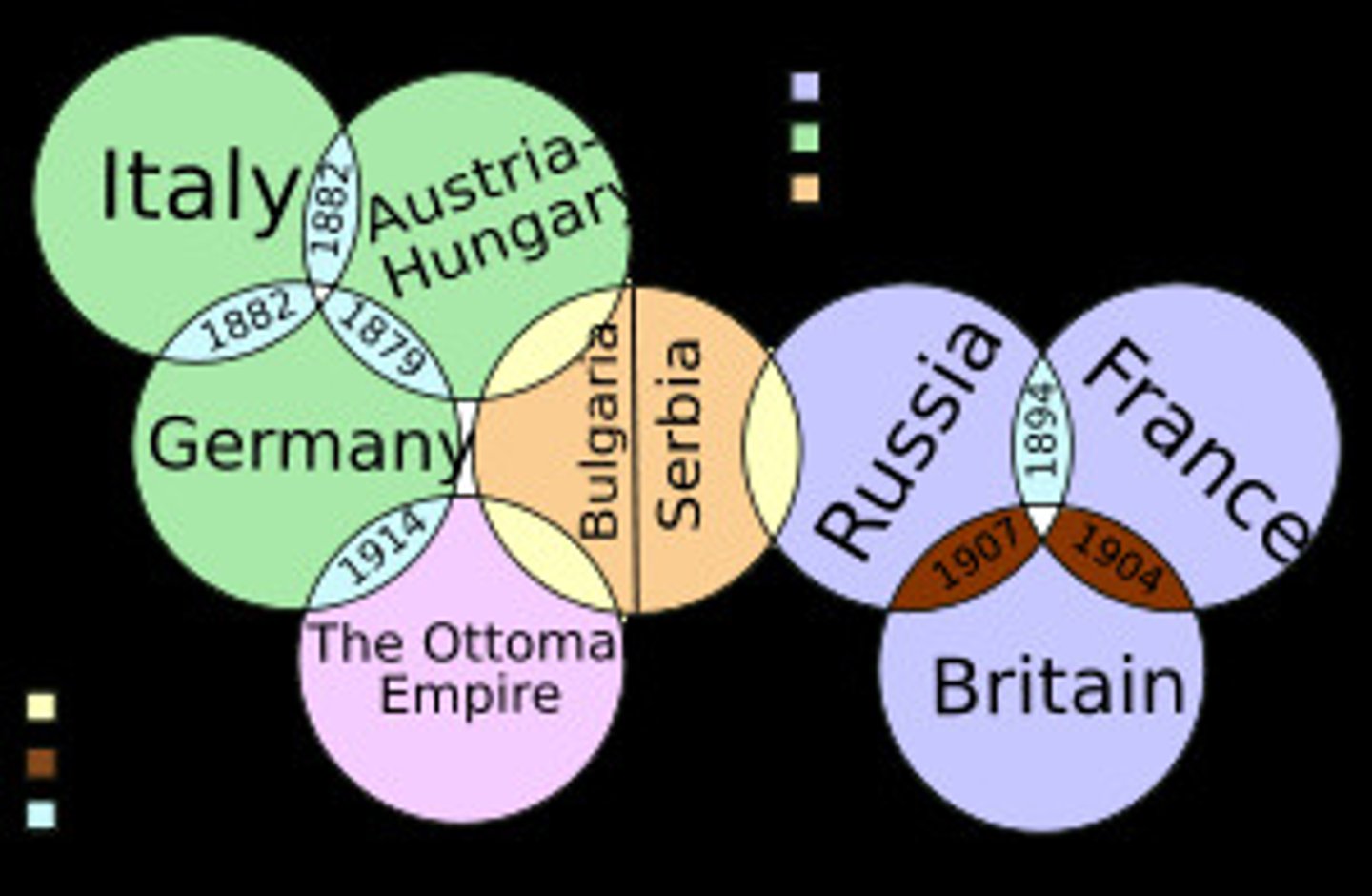
Triple Alliance
An alliance between Germany, Austria-Hungary and Italy in the years before WWI.
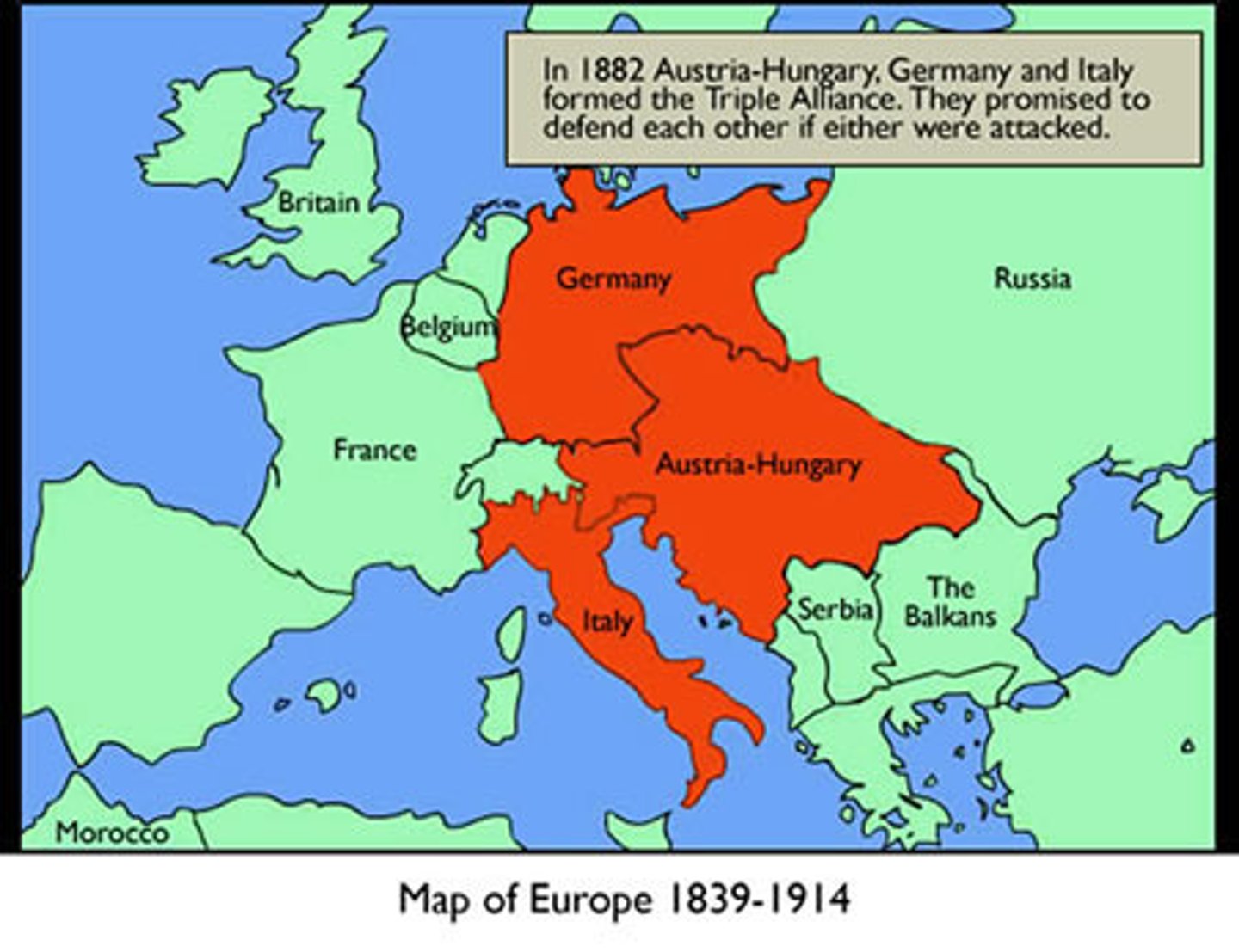
Triple Entente
Pre WWI alliance of Britain, France, and Russia.
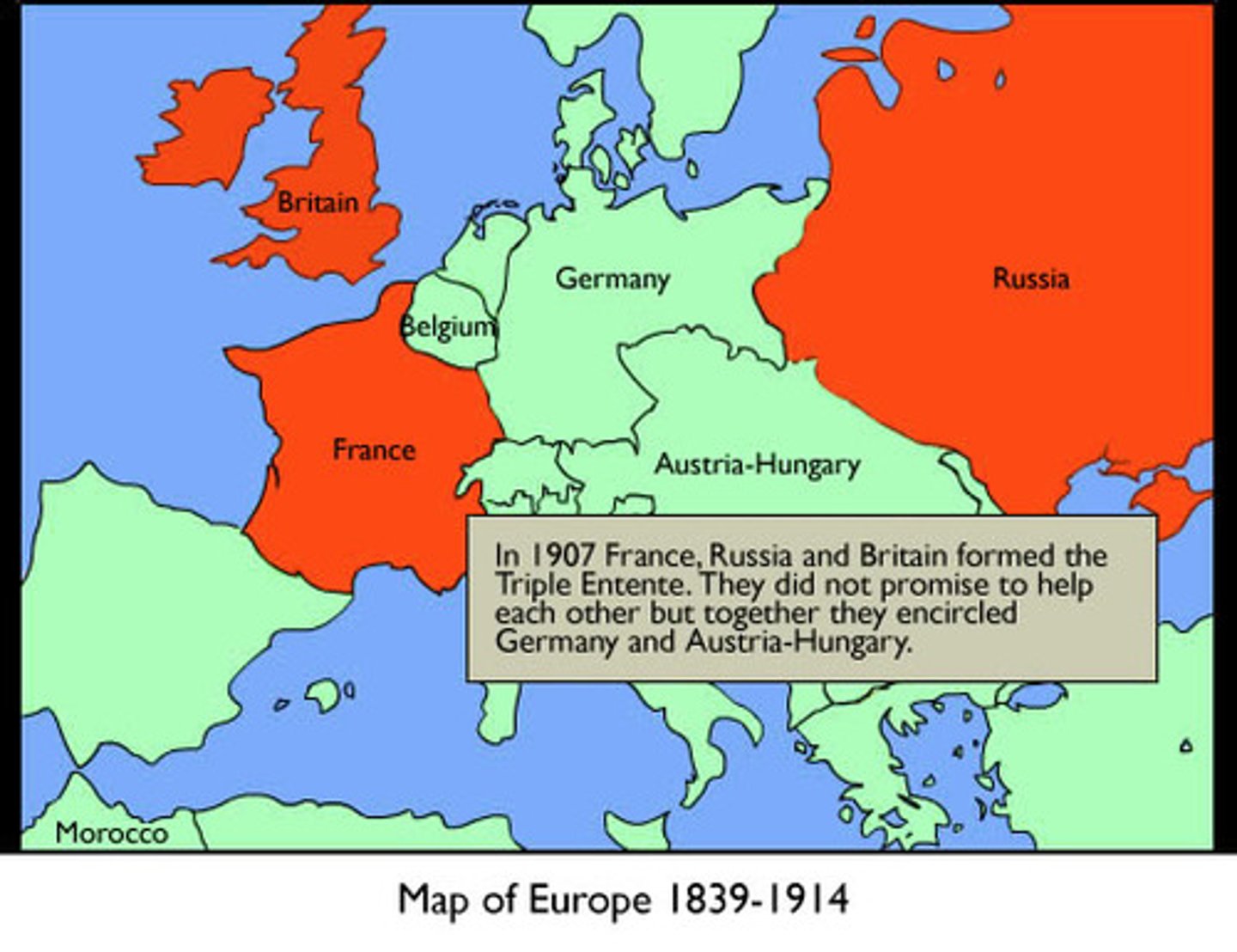
Nationalism
A strong feeling of pride in and devotion to one's country. This was an underlying cause of WWI.
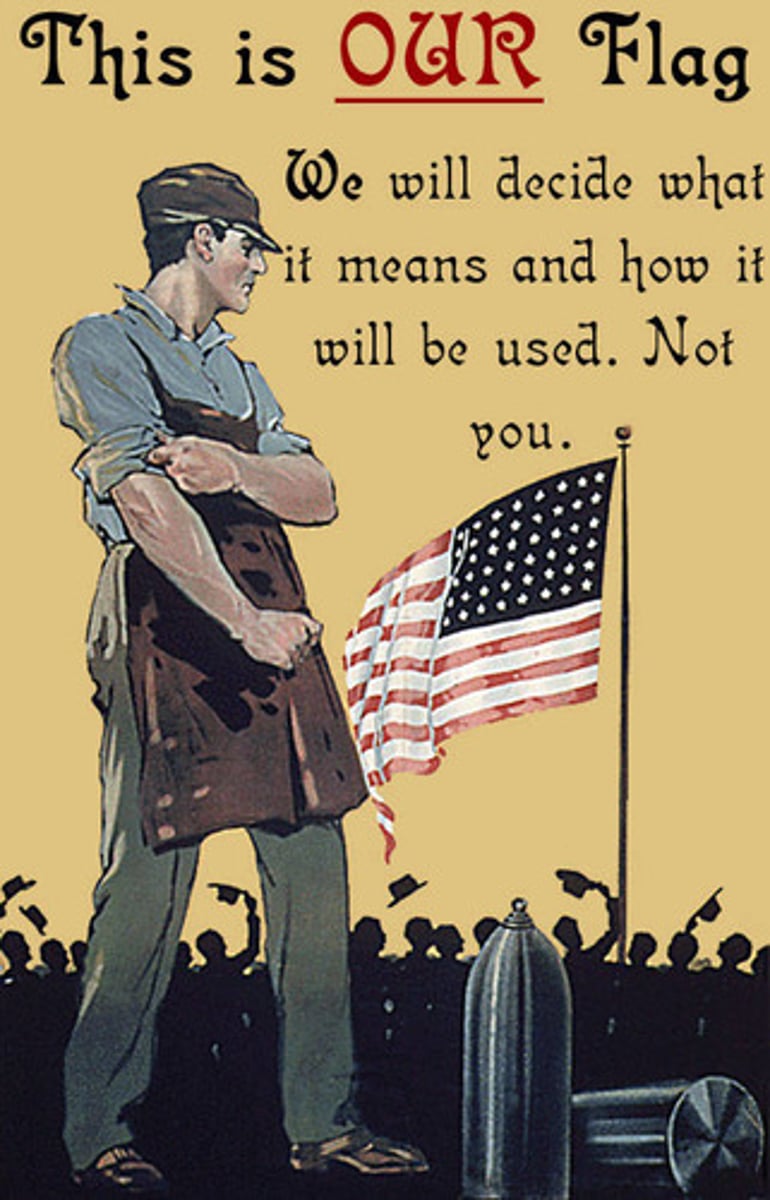
Imperialism
The ruling or controlling of other people or nations through annexation, military conquest, or economic domination. (Empire Building) This was an underlying cause of WWI.
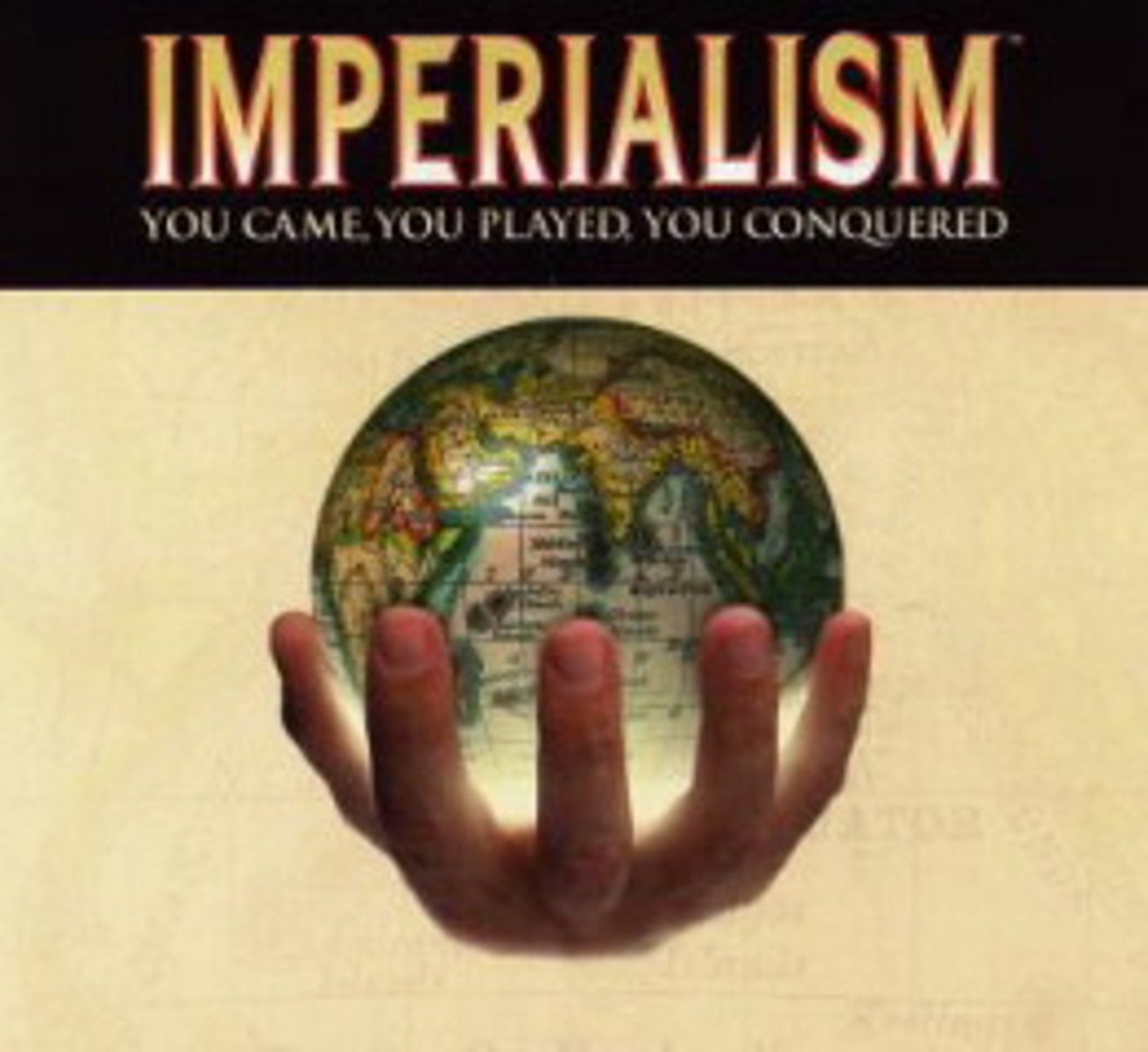
Central Powers
Losing side in WWI including Germany, Austria-Hungary, Bulgaria, and the Ottoman Empire.
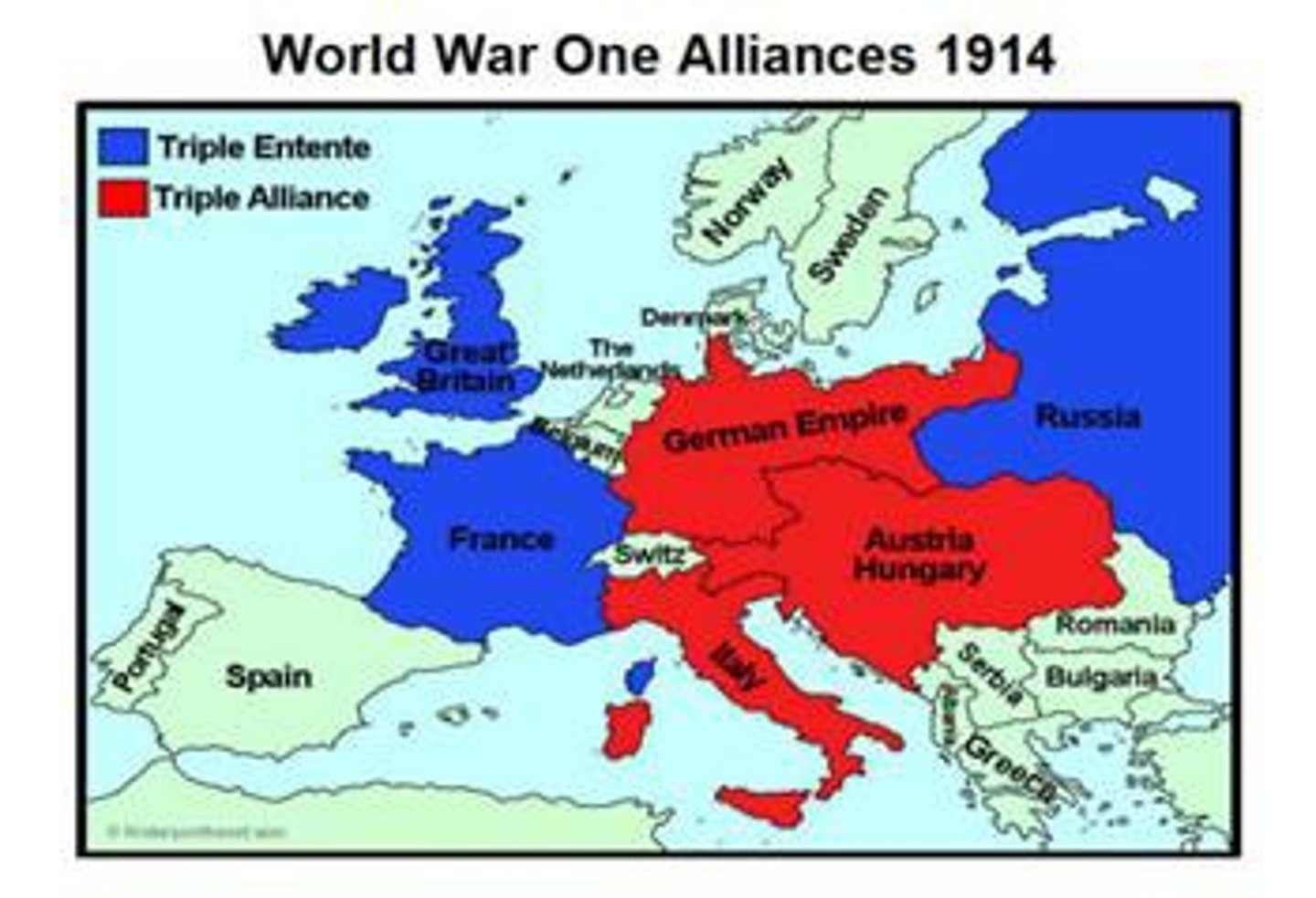
Allied Powers
Winning side in WWI including Britain, France, Russia, and later the United States among others.
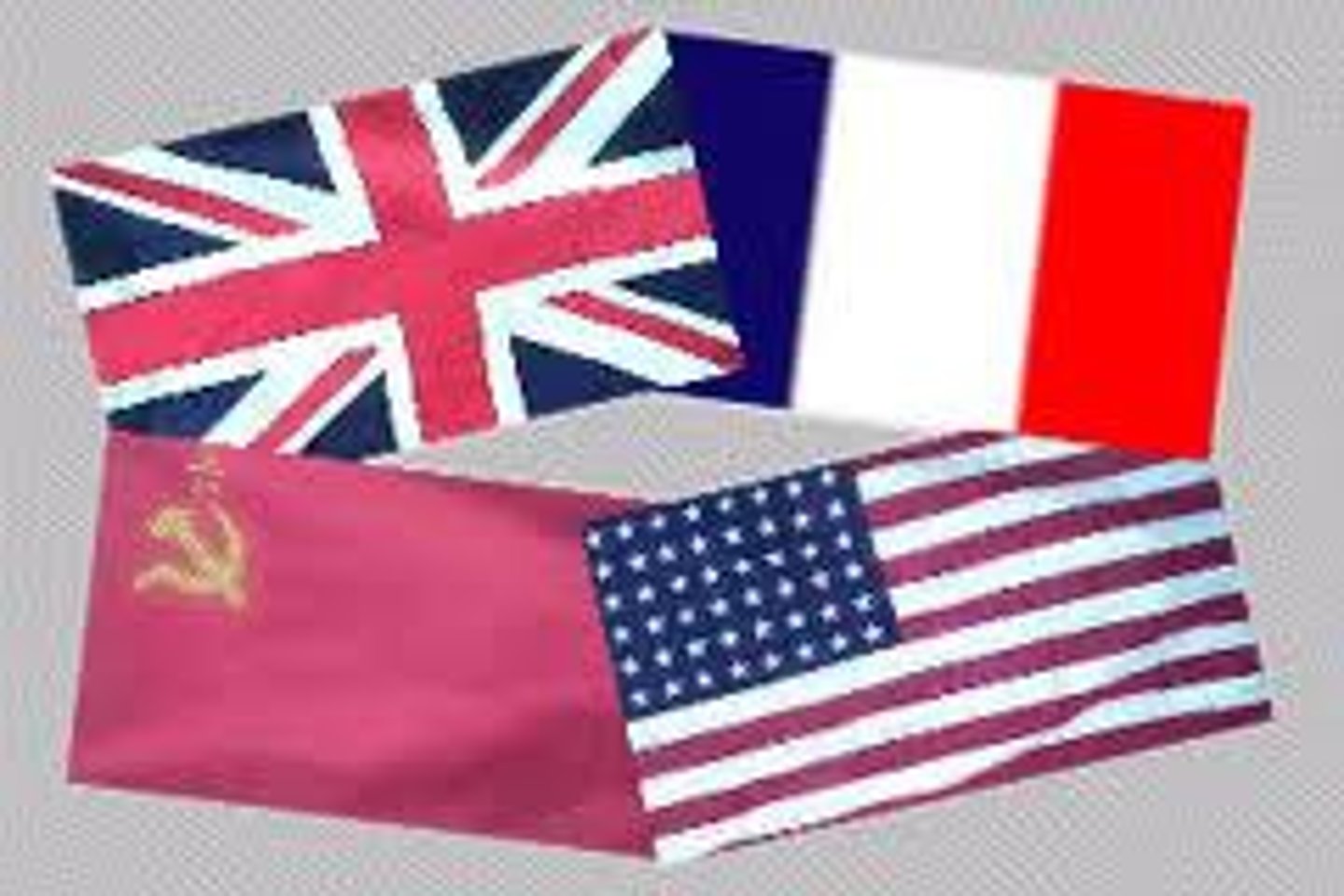
Neutrality Proclamation
Stated that the United States would not take sides with any European countries that were at war. The United States was Neutral in the early years of World War I.
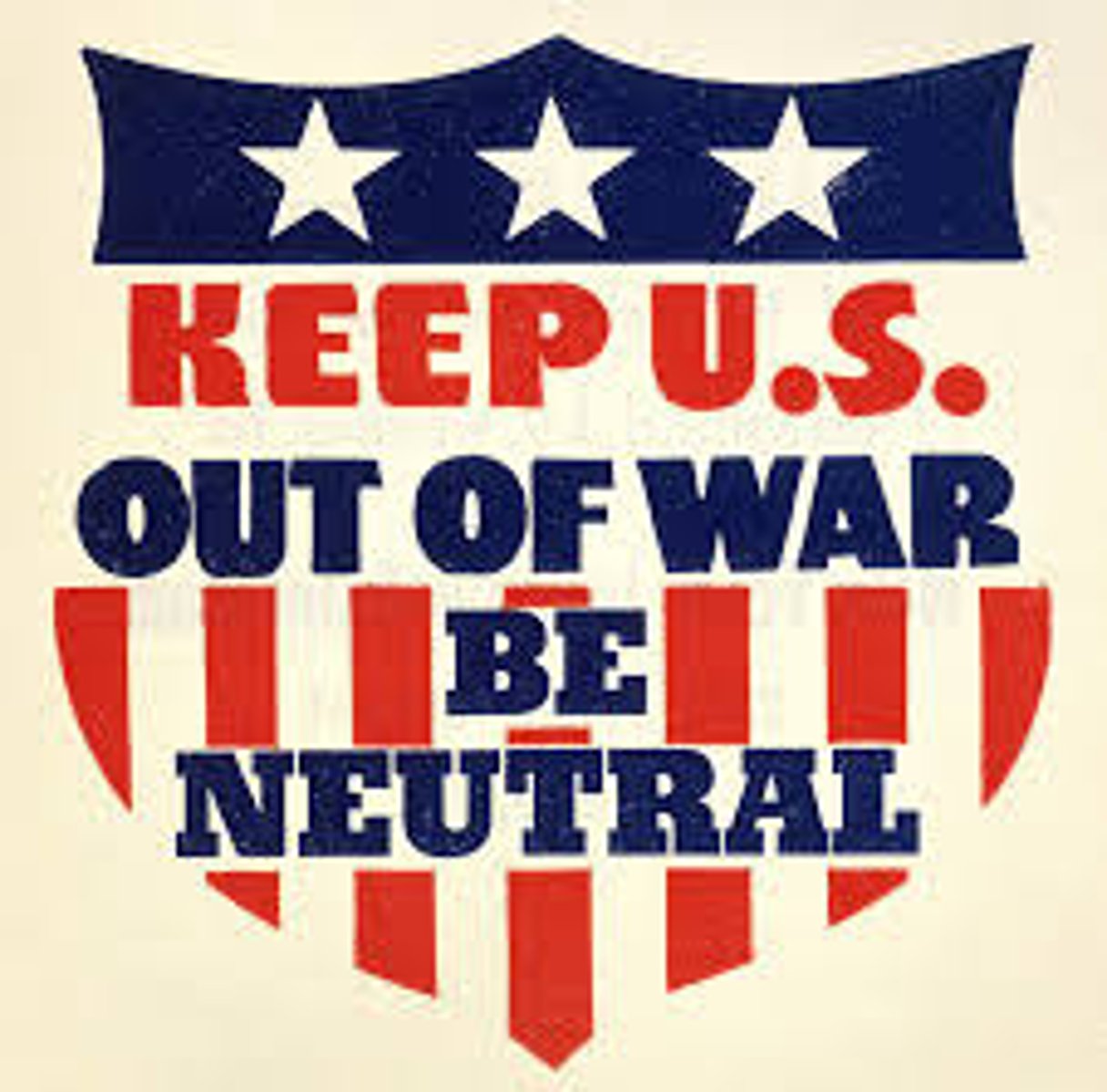
Kaiser Wilhelm II
The Emperor of Germany during World War I, reigning from 1888-1918. He pushed for a more aggressive foreign policy by means of colonies and a strong navy to compete with Britain. His actions added to the growing tensions in pre-1914 Europe.
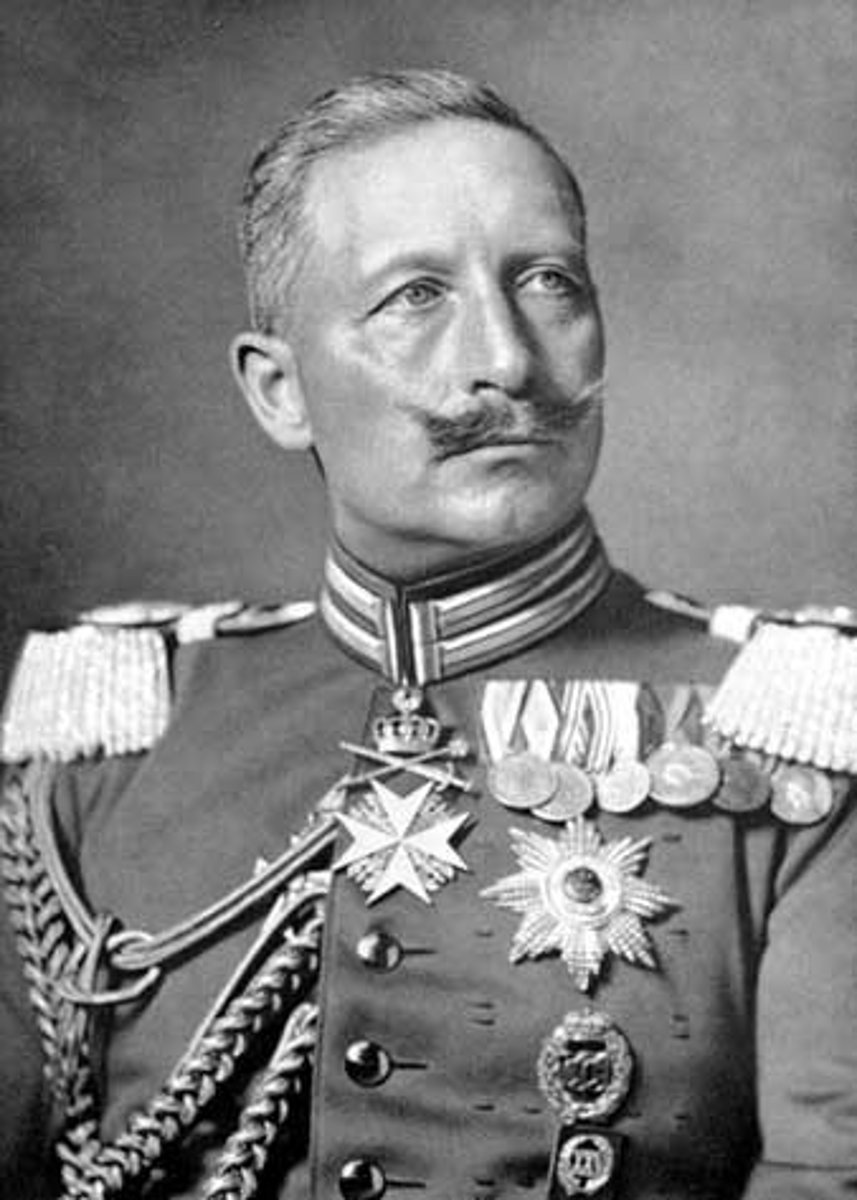
British Blockade
Britain had the world's strongest Navy during WWI and used it to declare a loose, ineffectual and hence illegal blockade, it defined a broad list of contraband which was not to be shipped to Germany by neutral countries.
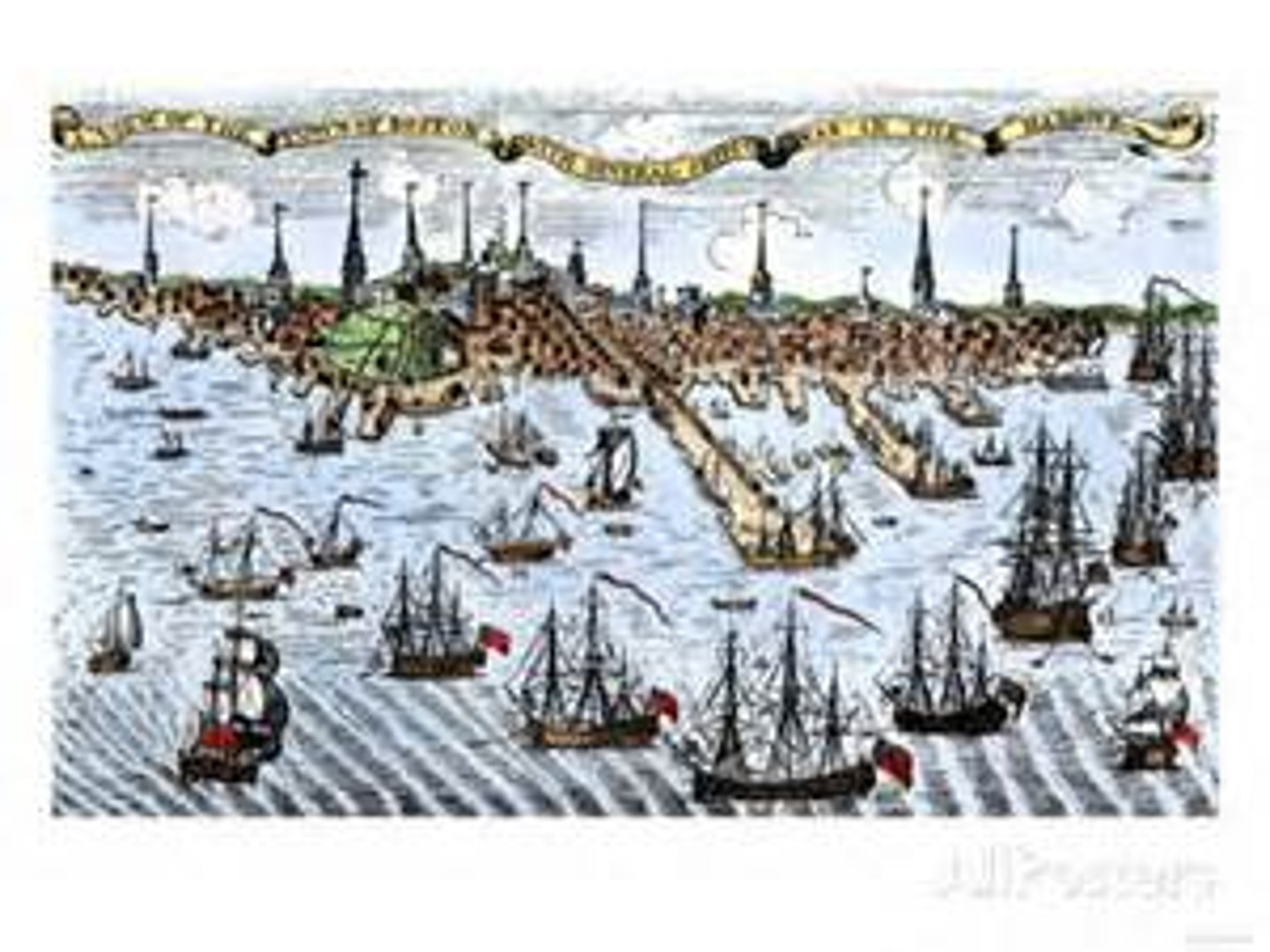
German U-boats
German submarines in WWI and WII which were most effective during naval blockade against enemy shipping, primary targets were from Canada, British empire and the US to Great Britain
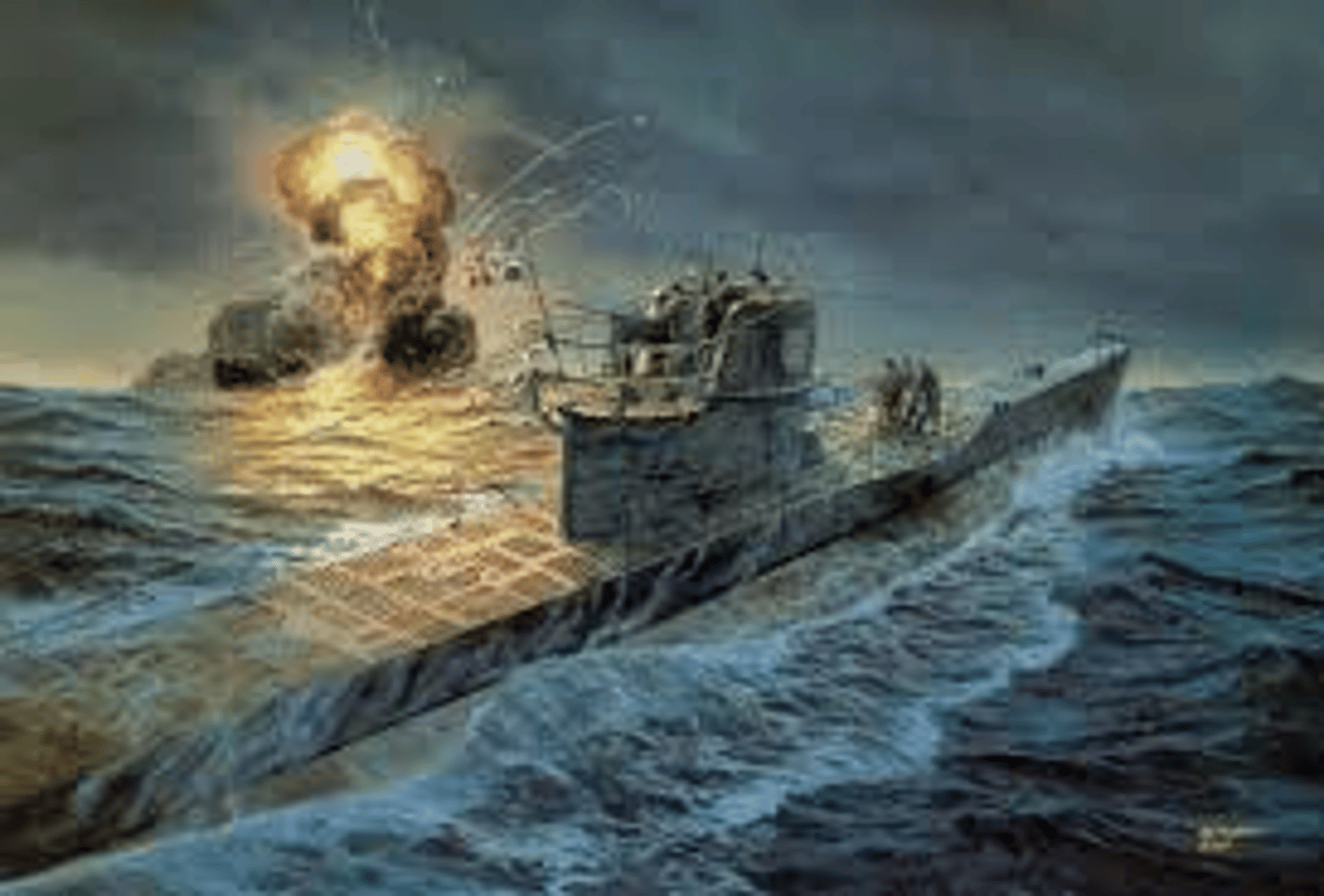
Lusitania
A British passenger ship that was sunk by a German U-Boat on May 7, 1915. 128 Americans died. The sinking greatly turned American opinion against the Germans, helping the move towards entering the war.
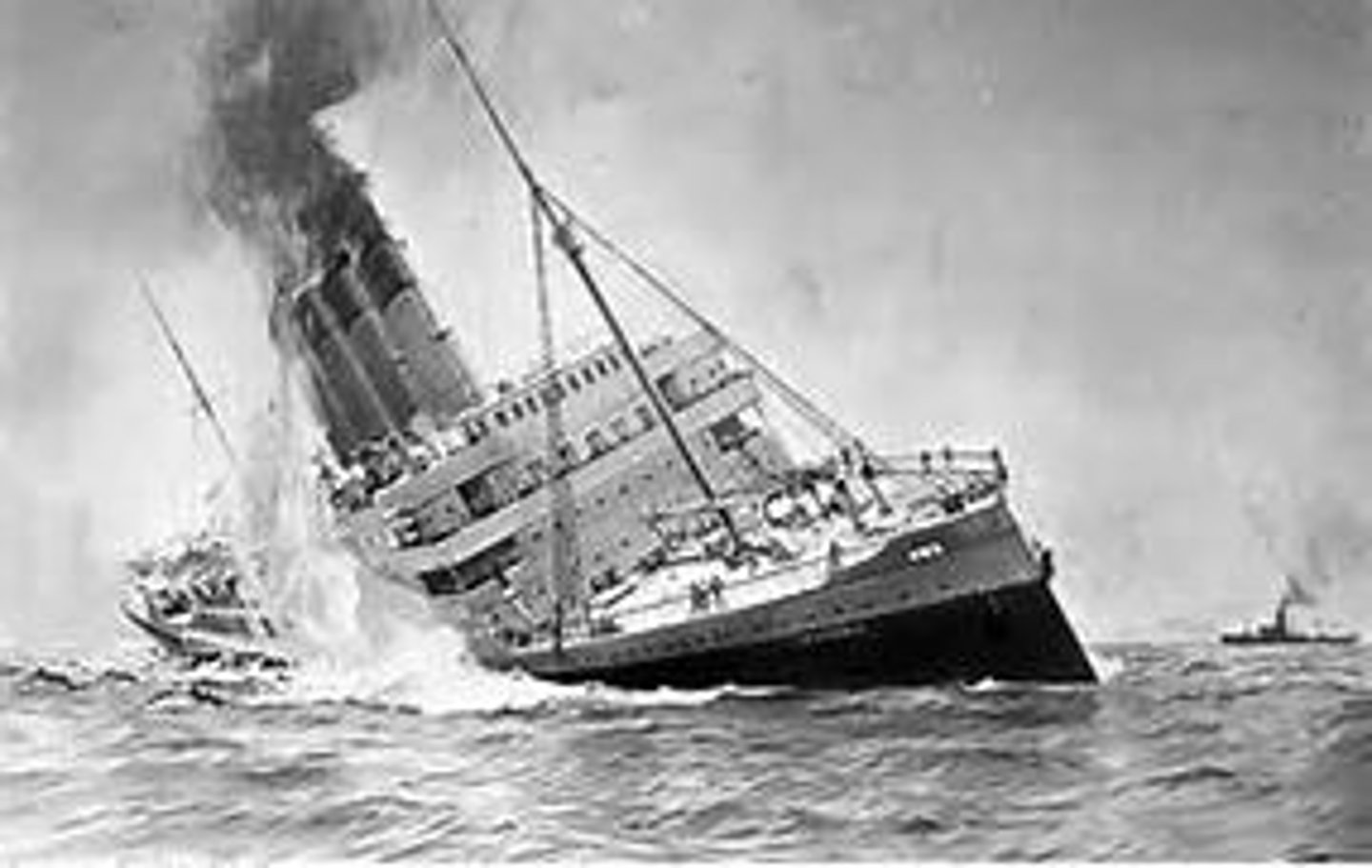
The Sussex
French Passenger-liner sunk in March 1916 by Germany. This led Wilson to break diplomatic relations with Germany if they did not comply with his commands.
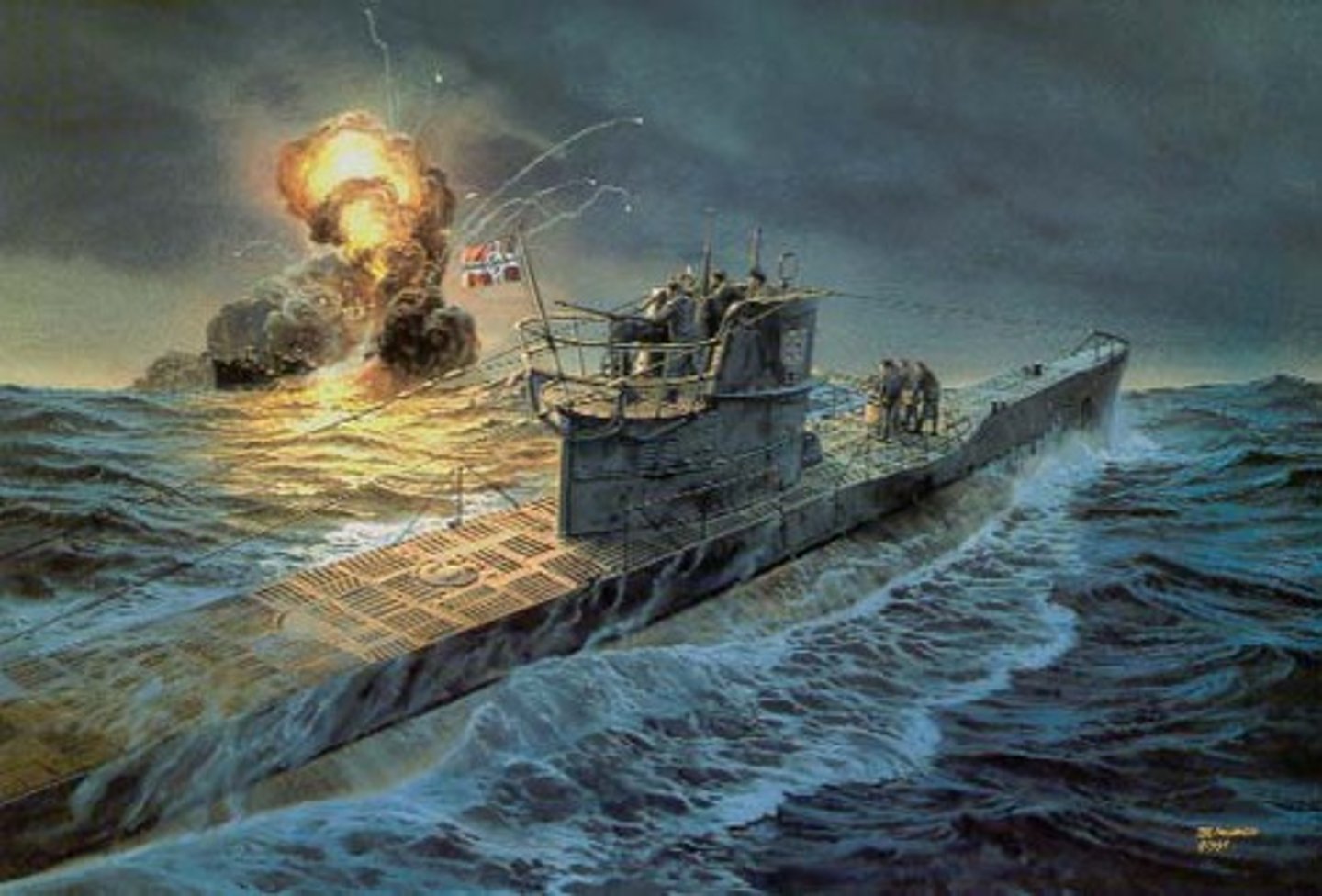
Sussex Pledge
Promise by the Germans to the U.S. after sinking the French passenger ship the Sussex that they would not sink merchant & passenger (non-military) vessels. Violated later with the later resumption of unrestricted submarine warfare.
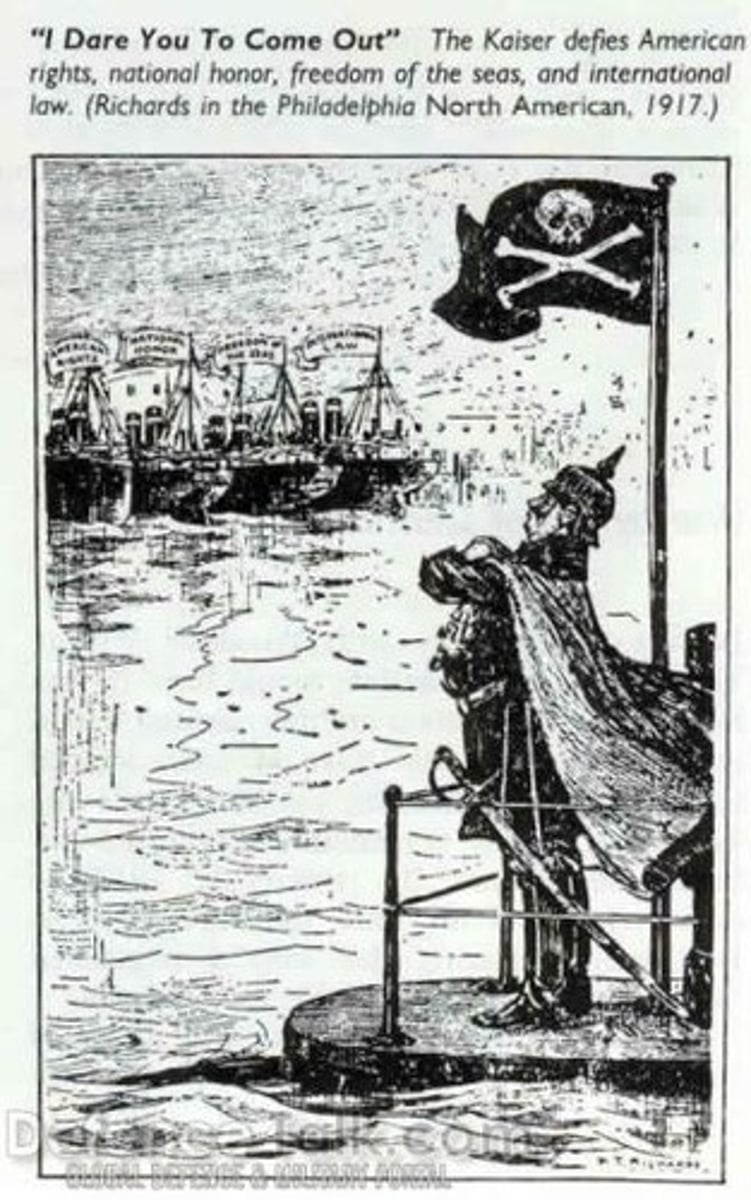
Election of 1916
In this election, main concern of voters was whether or not the United States would become involved in World War I. Supreme Court Justice Charles E. Hughes and President Woodrow Wilson ran against each other. Wilson won by an extremely shallow margin, running the campaign slogan "He Kept Us Out Of War"
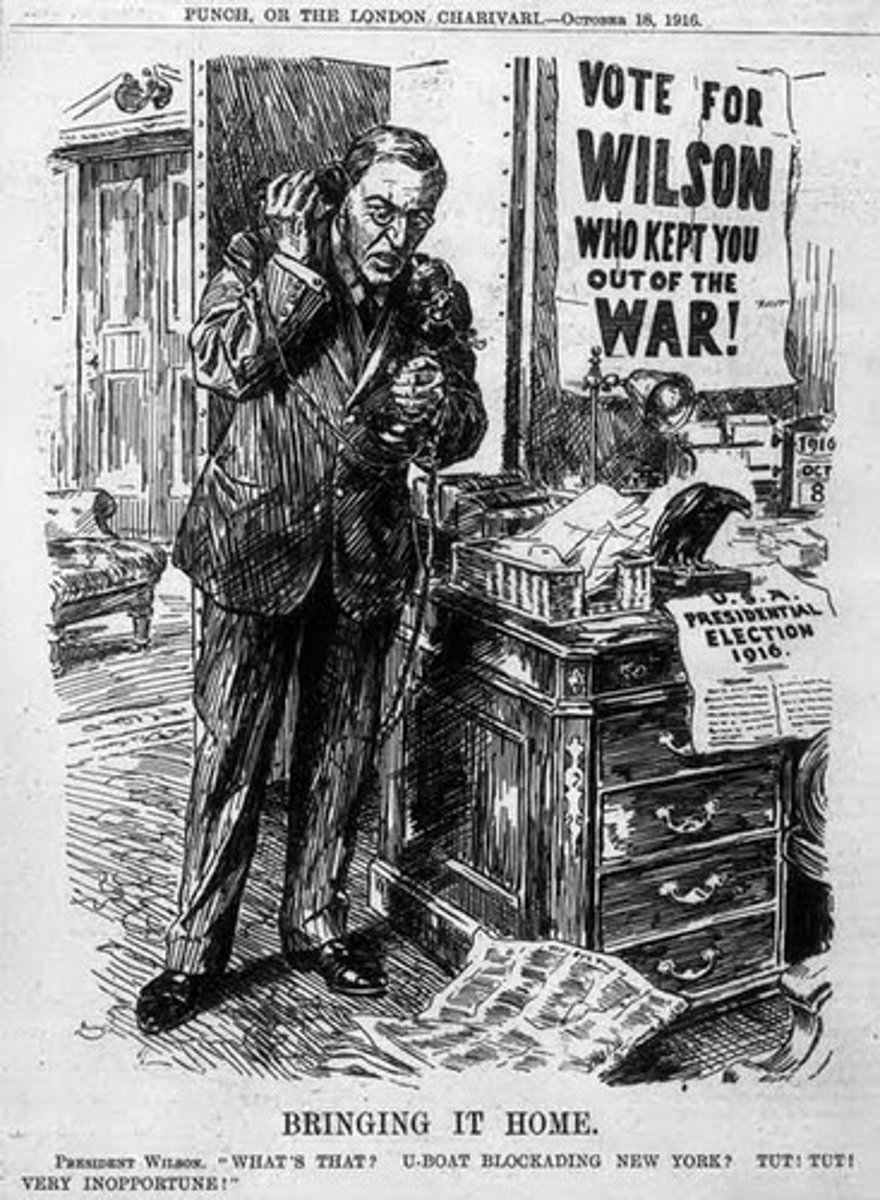
"He Kept Us Out of War"
Campaign slogan for Woodrow Wilson in the Election of 1916; ironically, he contradicted it two weeks after taking office again.
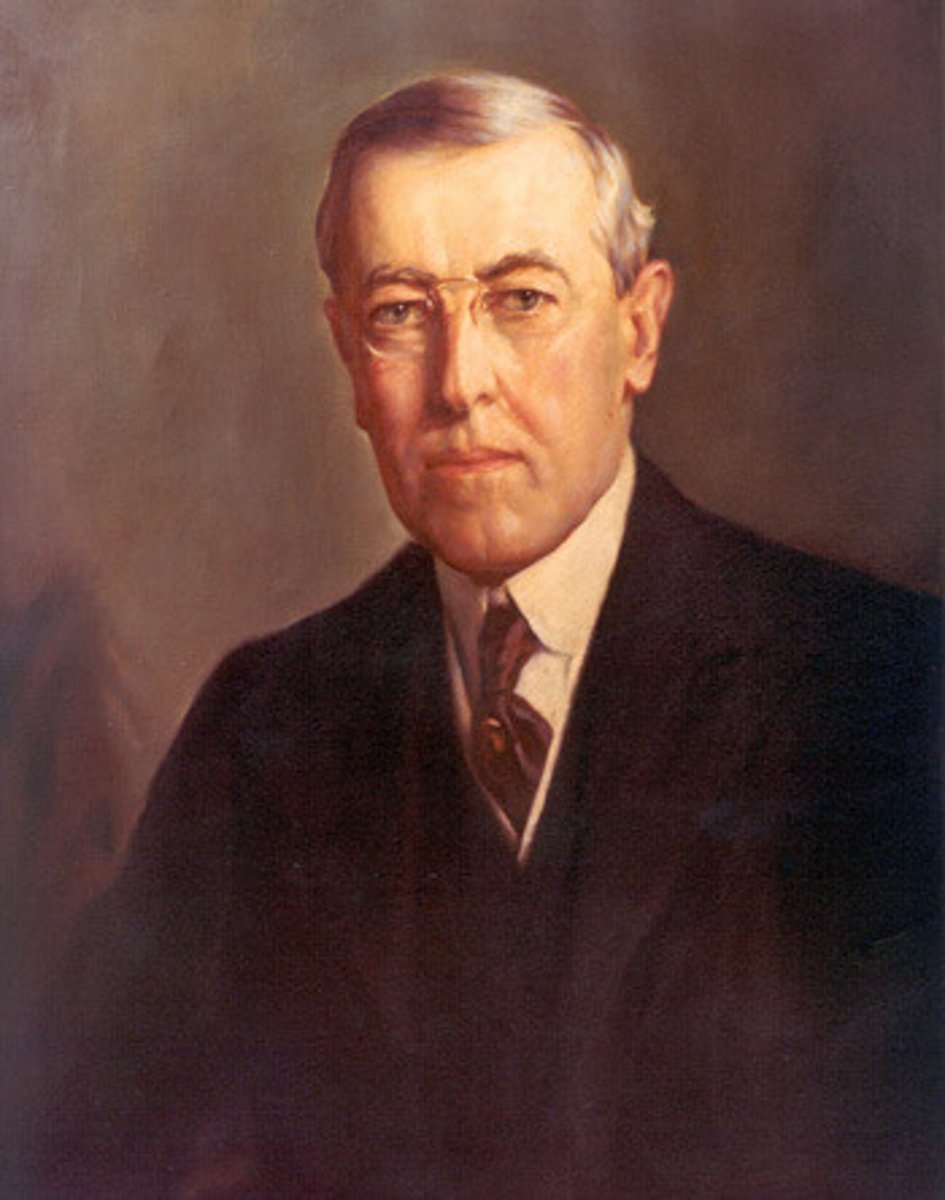
Isolationism
A national policy of avoiding involvement in world affairs, which was the focus of the United States prior to getting involved in World War I and the after World War I prior to World War II.
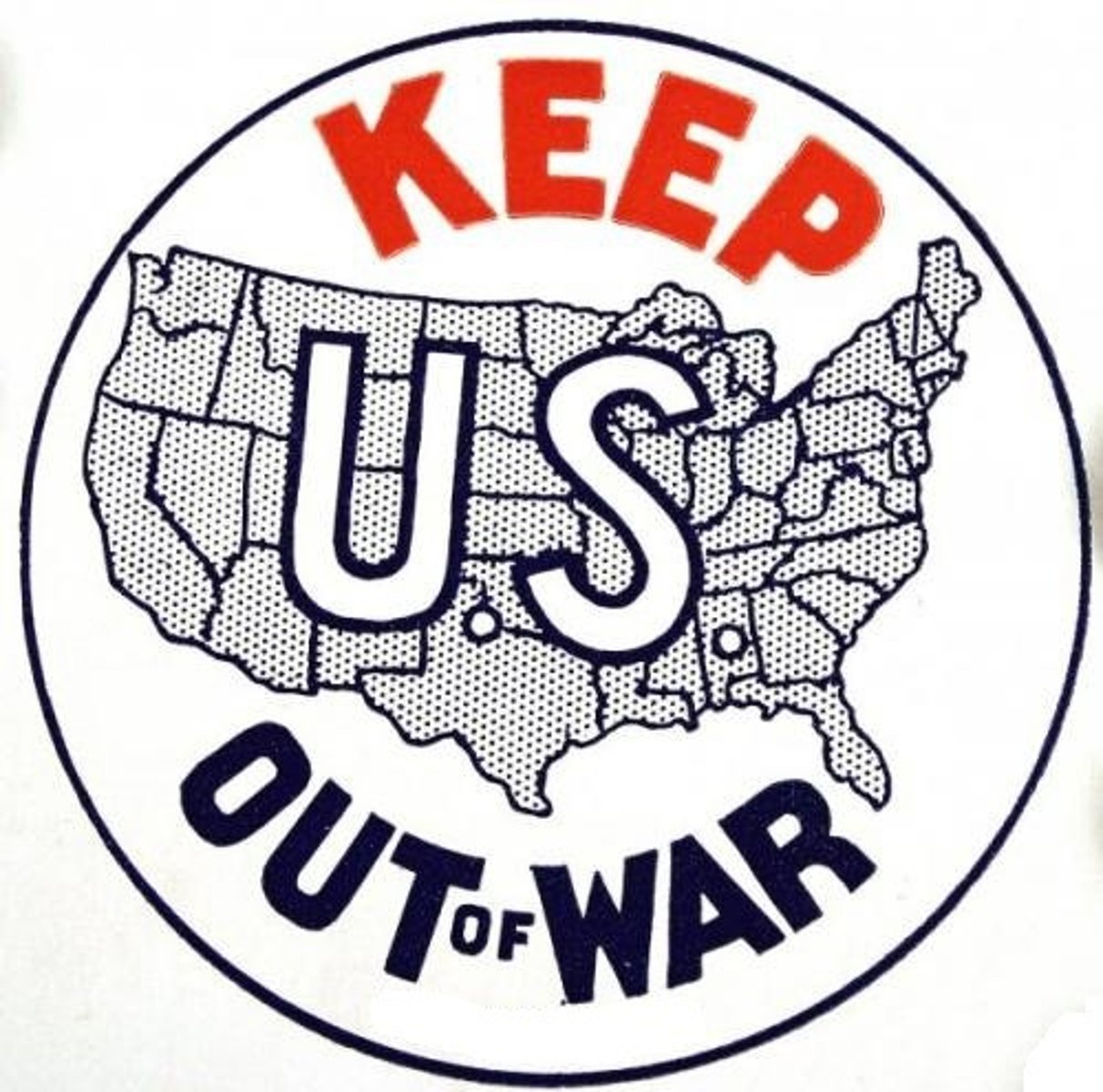
Zimmerman Note
German official Arthur Zimmerman sent a telegram to Mexico promising Mexico that Germany would help they would help them get back Texas, New Mexico, Arizona and California from the U.S. if Mexico attach the U.S. The telegram was intercepted and decoded by the British, shocked the American public and led the U.S. to declare war on Germany along with renewed submarine warfare on U.S. ships.
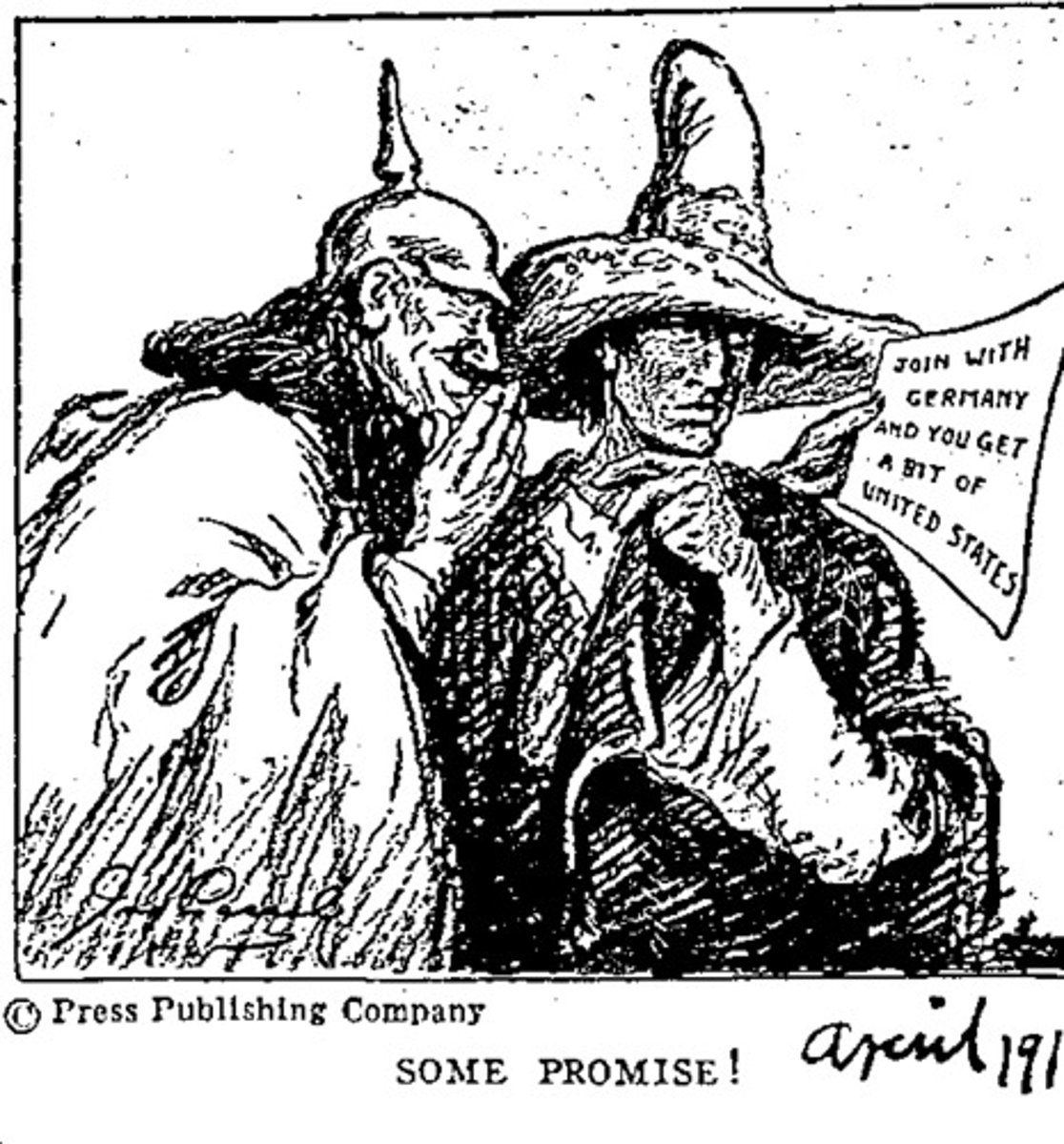
"Make the World Safe for Democracy"
In Wilson's speech, he sights this as a reason to go to fight in WW1. We needed to fight the emperors and dictators
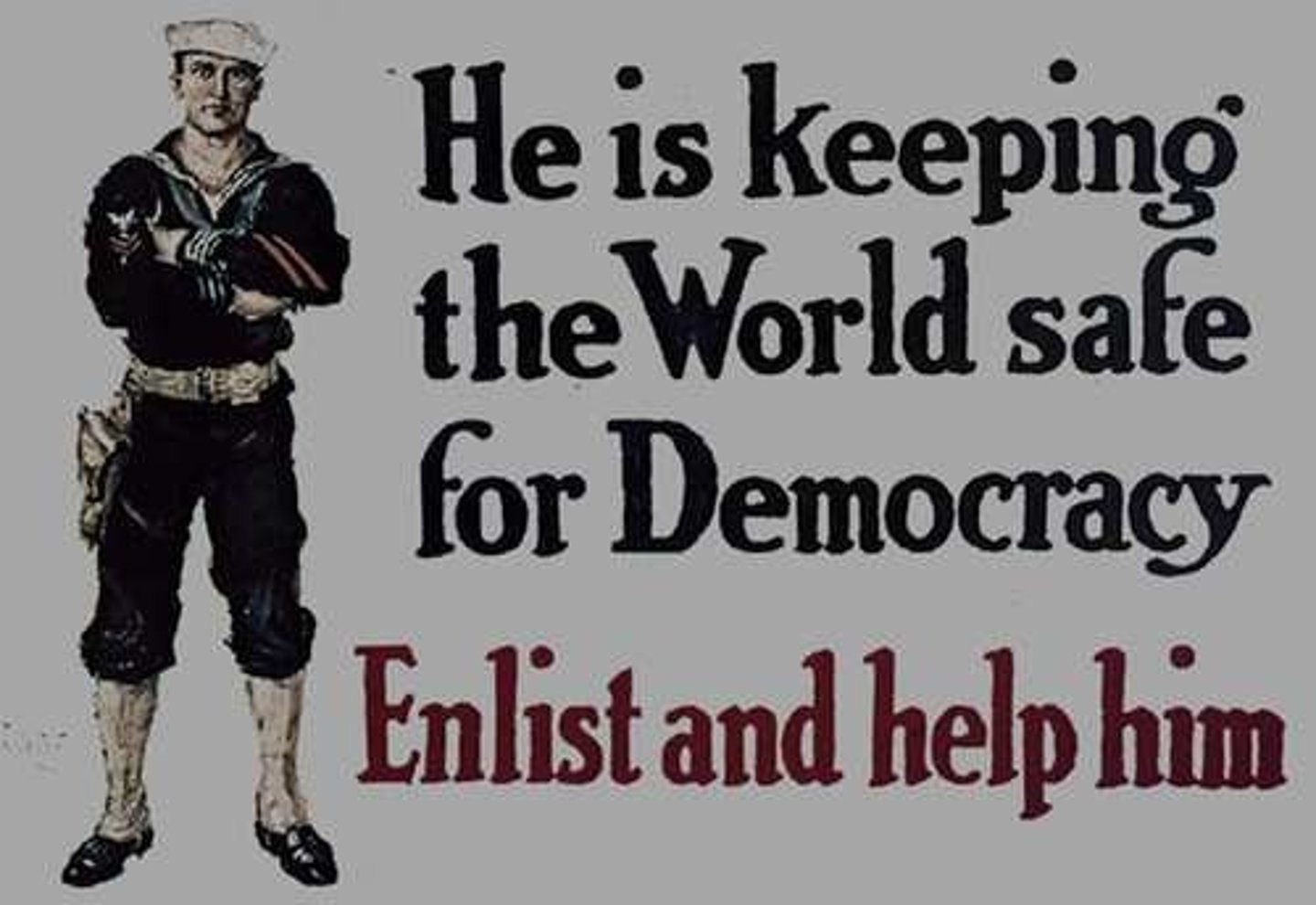
Mobilization
The entire process of preparing for war. Getting supplies you need to fight, get military ready, knowledge of what is going on, industries making things for war.
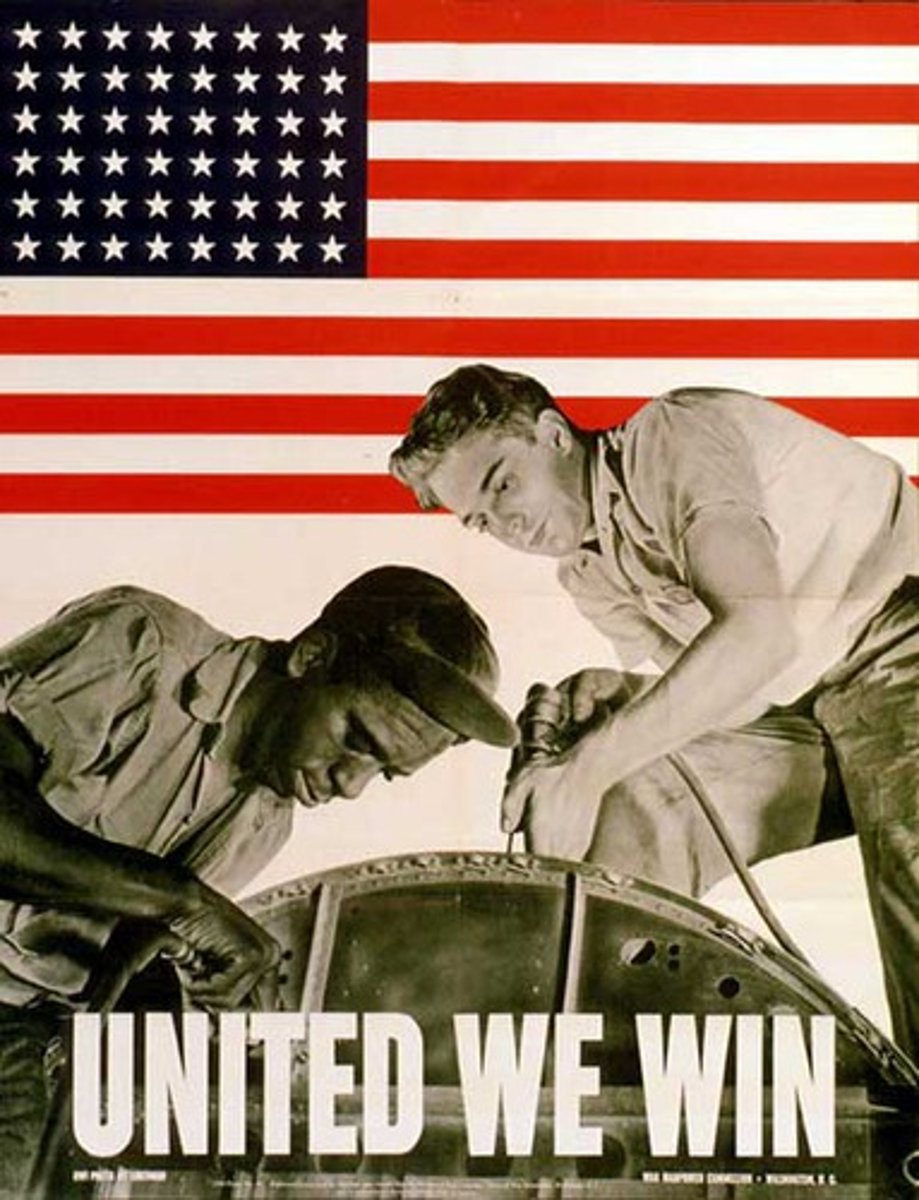
Committee on Public Information
It was headed by George Creel. The purpose of this committee was to mobilize people's minds for war, both in America and abroad. Tried to get the entire U.S. public to support U.S. involvement in WWI. Creel's organization, employed some 150,000 workers at home and oversees. He proved that words were indeed weapons.
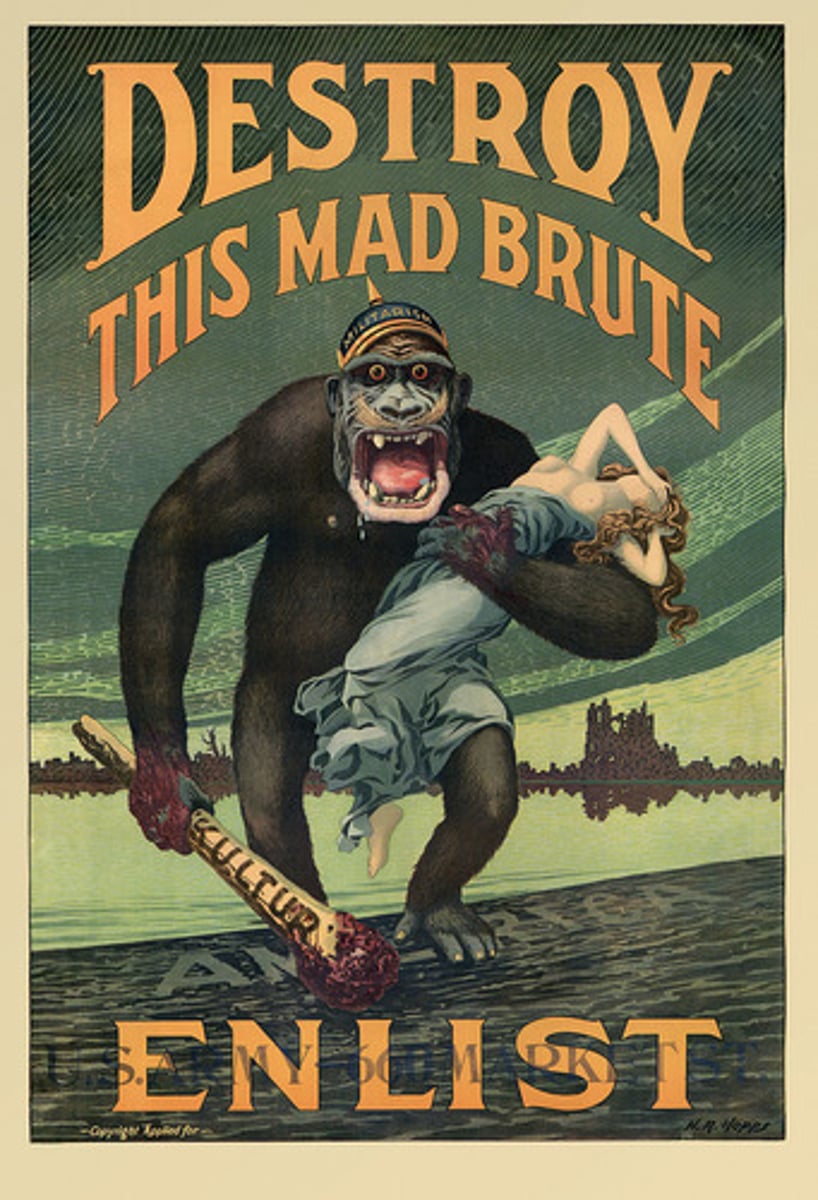
George Creel
Headed the Committee on Public Information, for promoting the war effort in WWI
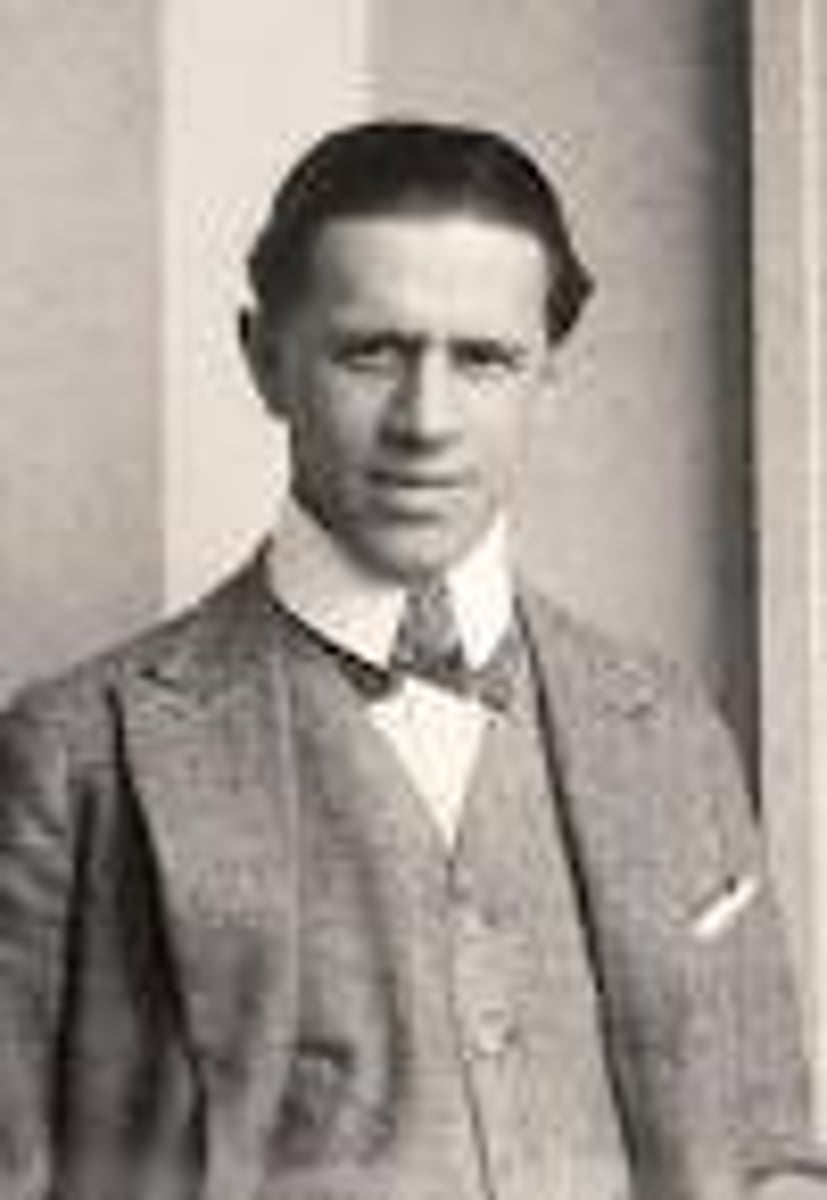
Over There
song by George M. Cohan which became unofficial anthem of World War I; showed confidence most Americans felt that we could do what no one else could do, win the war

Espionage Act of 1917
Act passed during WWI that made it illegal to aid the enemy, give false reports, or interfere with the war effort. It was created in response to the Red Scare and to protect national interests during WWI. Particularly targeted Union Leaders because they demanded better working conditions for workers, even during the war crisis.
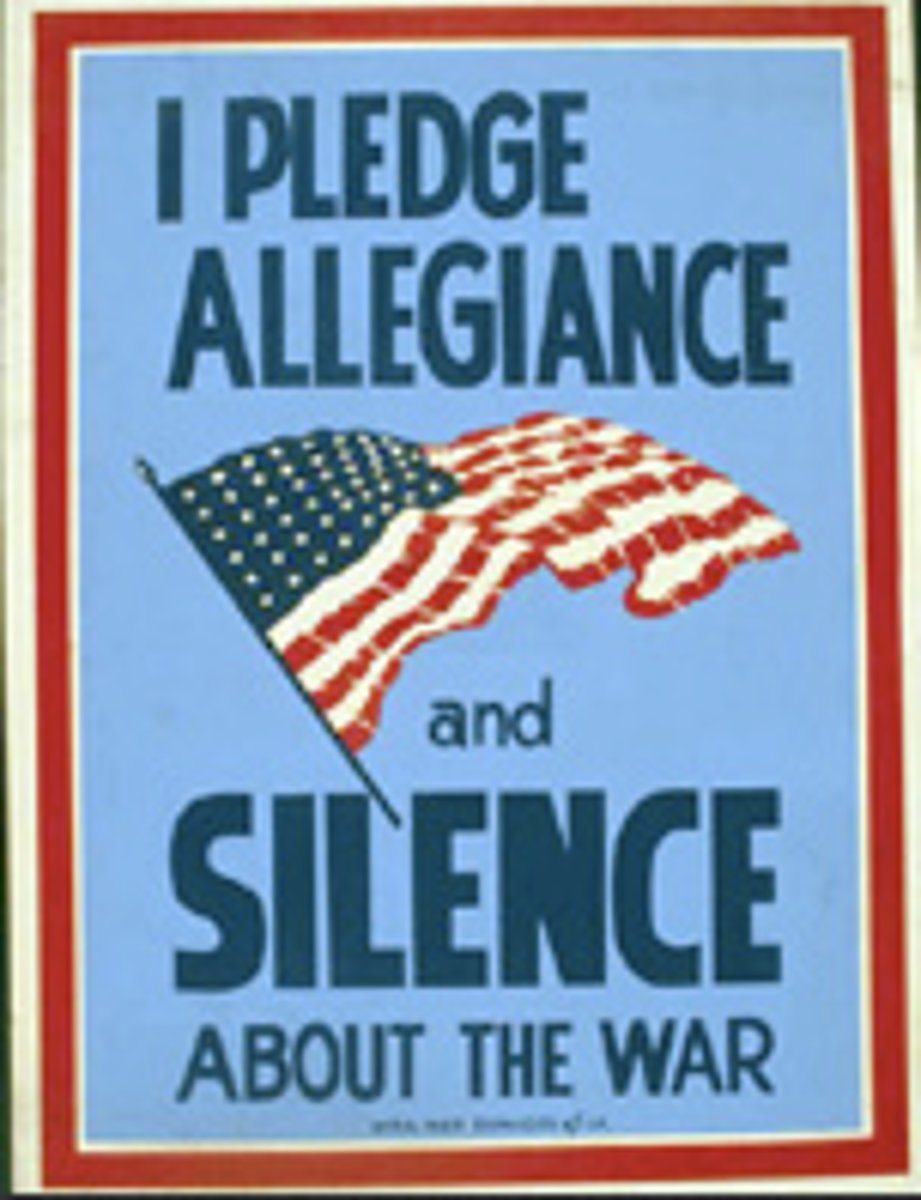
Sedition Act of 1918
Act passed during WWI that made it illegal to speak against the war publicly.
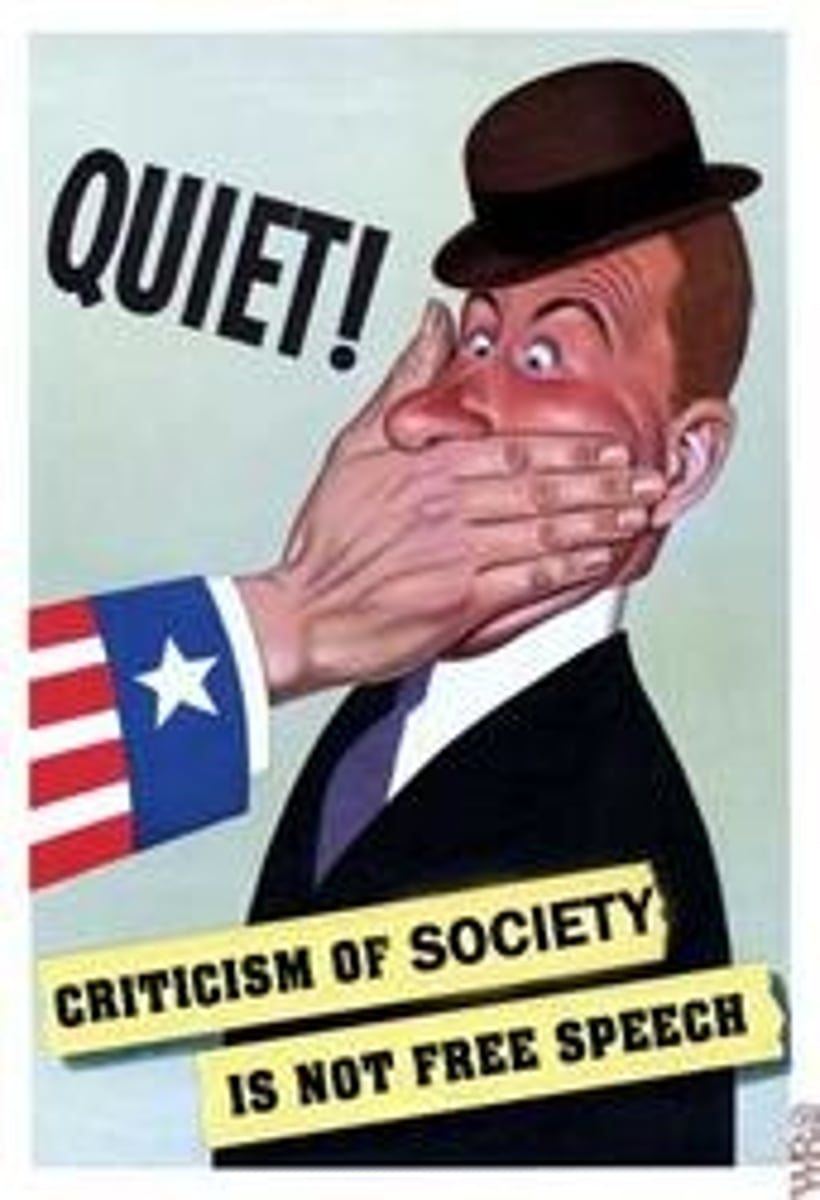
Eugene Debs
Leader of the American Socialist Party who was arrested and sentenced to 10 years in prison under the Espionage Act for giving an antiwar speech in Canton, Ohio during WWI. He also ran for President as a Socialist Party candidate.
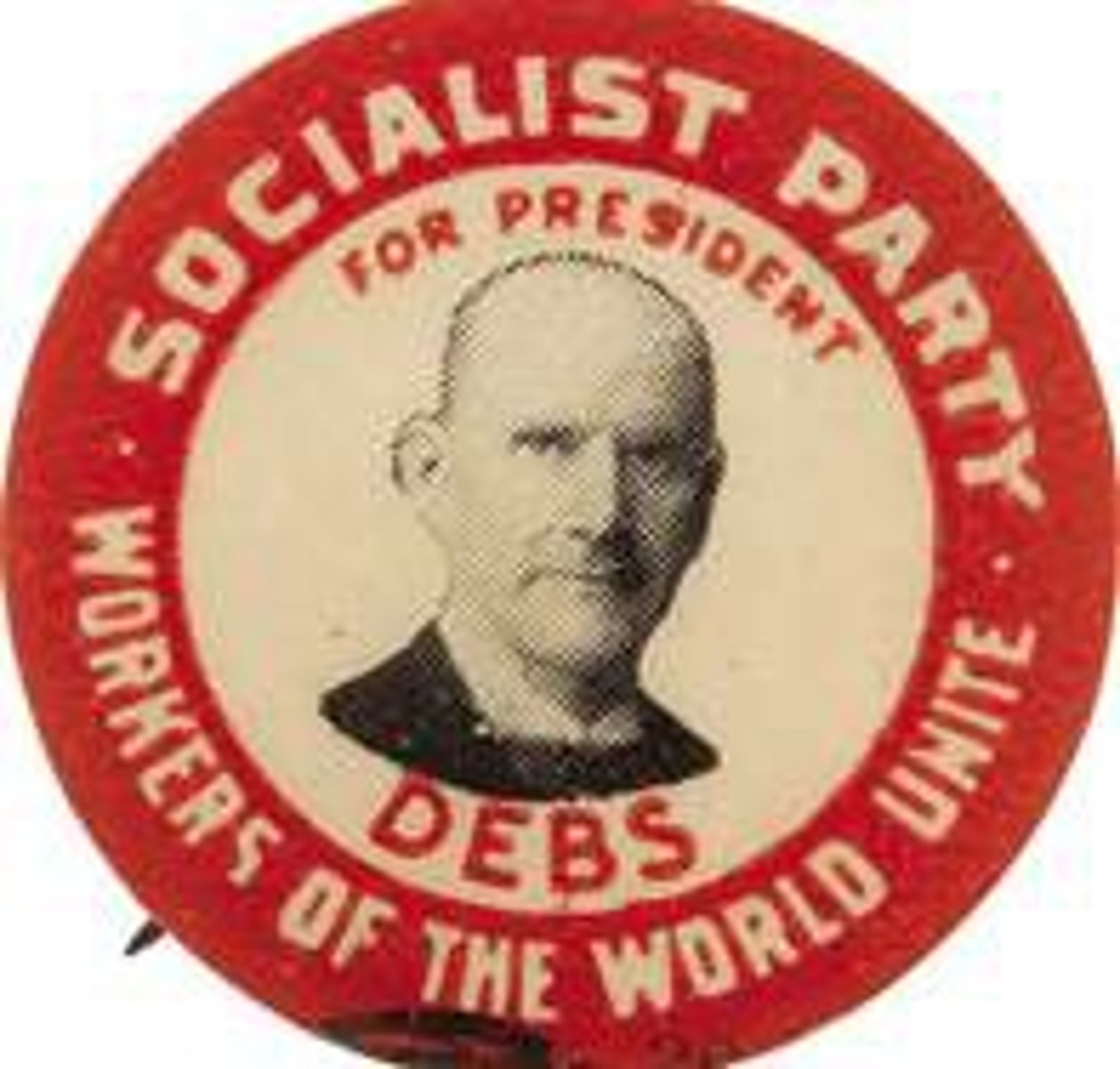
Schenck v. United States (1919)
A 1919 Supreme Court decision upholding the conviction of a socialist who had urged young men to resist the draft during World War I. Justice Holmes declared that government can limit speech if the speech provokes a "clear and present danger" of substantive evils.
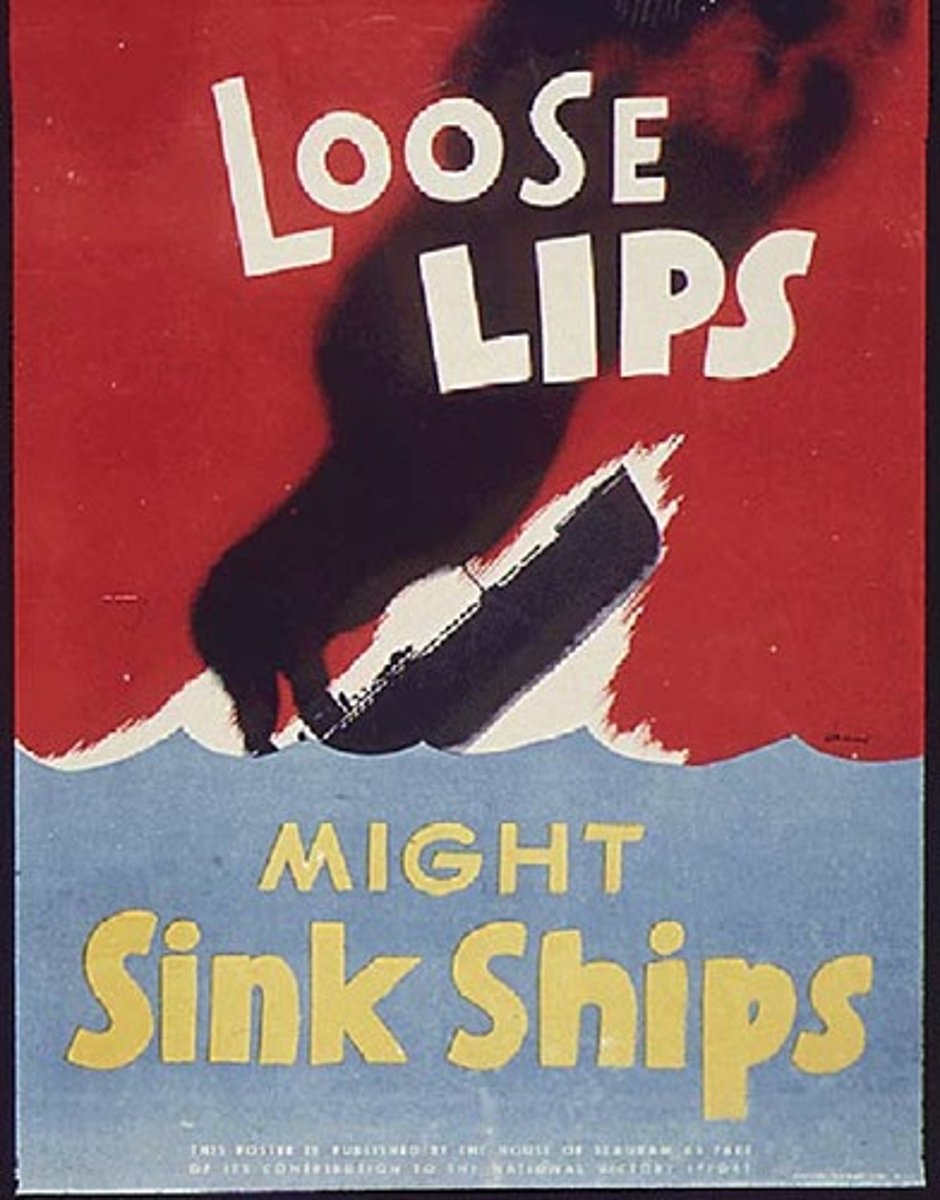
Bernard Baruch
Appointed by president Wilson lead the War Industries Board to make sure the Industries produced the things needed for the war effort.
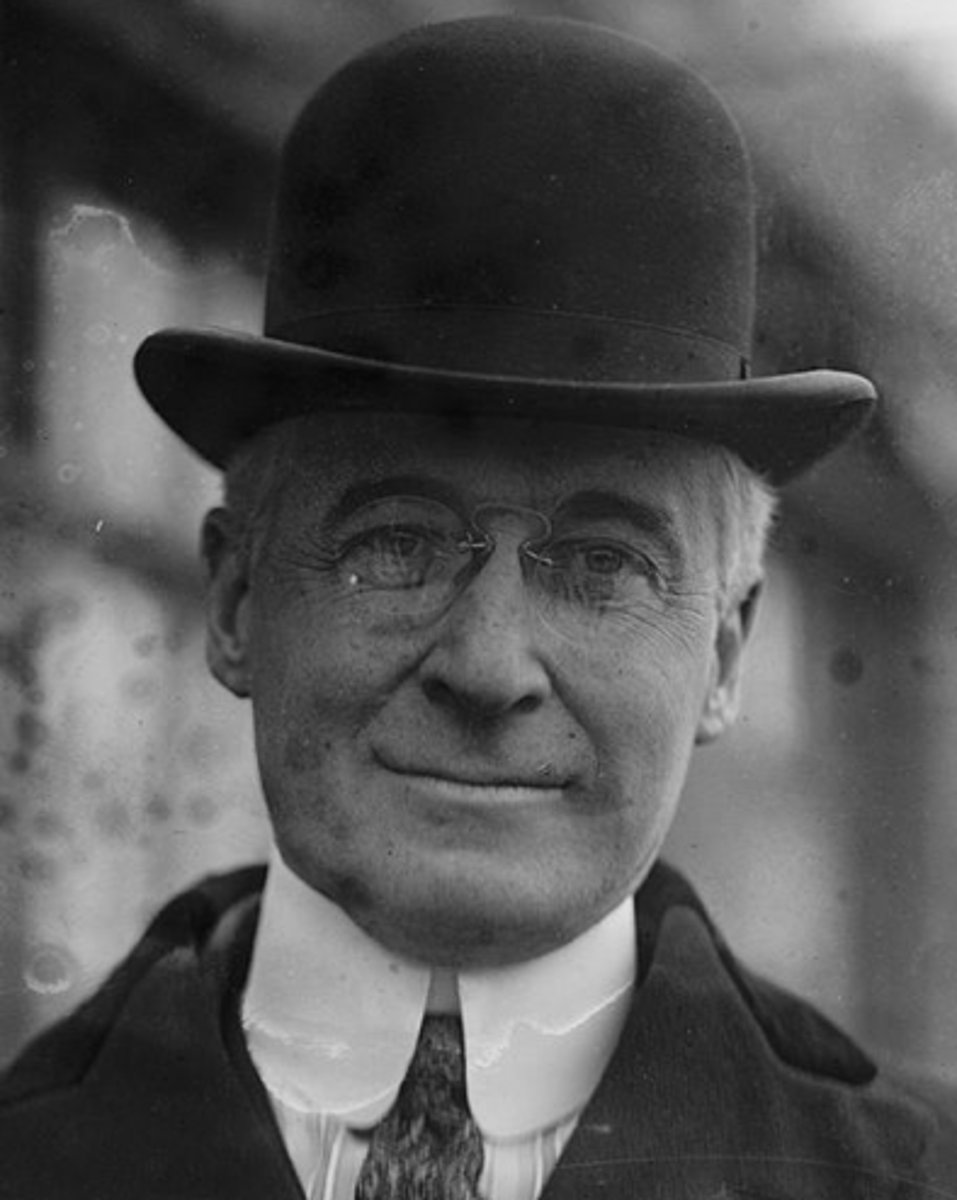
War Industries Board
Government agency established during WWI to increase efficiency & discourage waste in war-related industries., Headed by Bernard Baruch, could order businesses to support war by building more plants, etc.
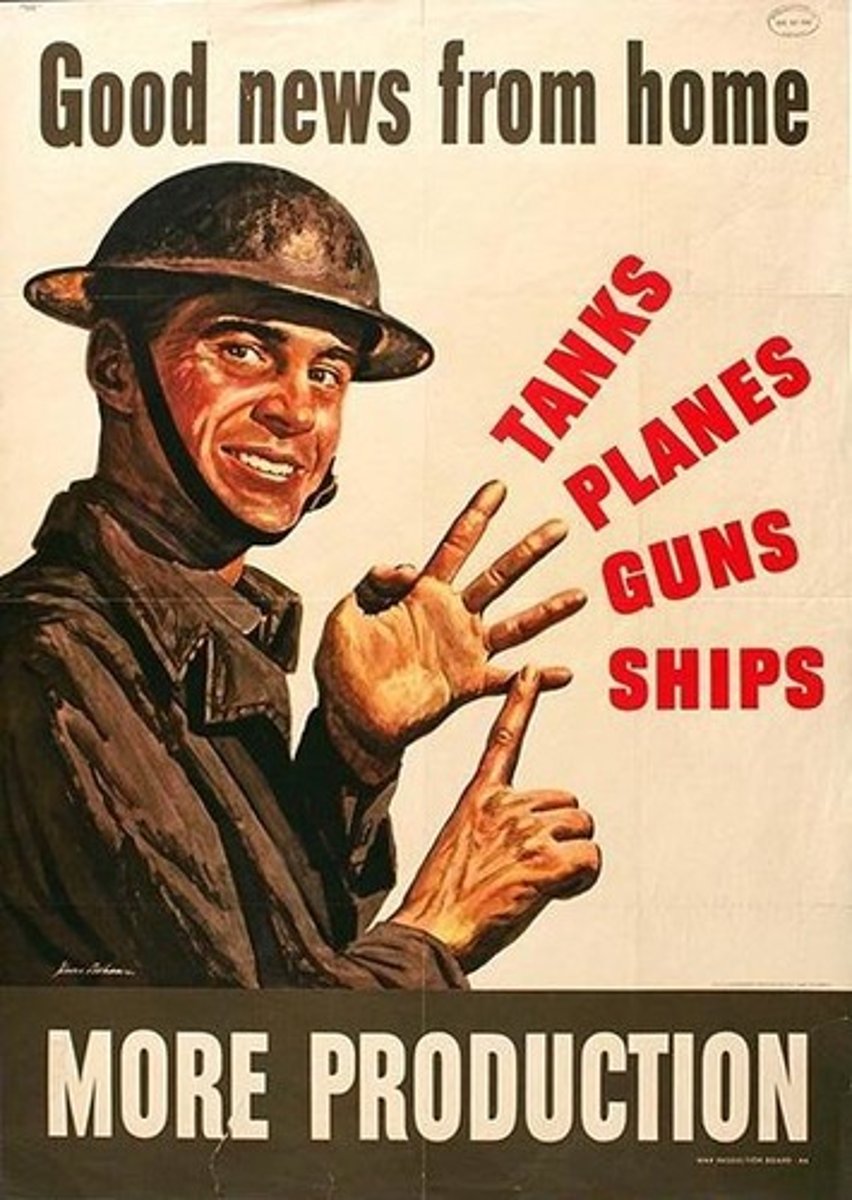
Food Administration
Government agency established during WWI that was responsible for increasing food production while reducing civilian consumption to save for the war effort. It was led by future President Herbert Hoover.
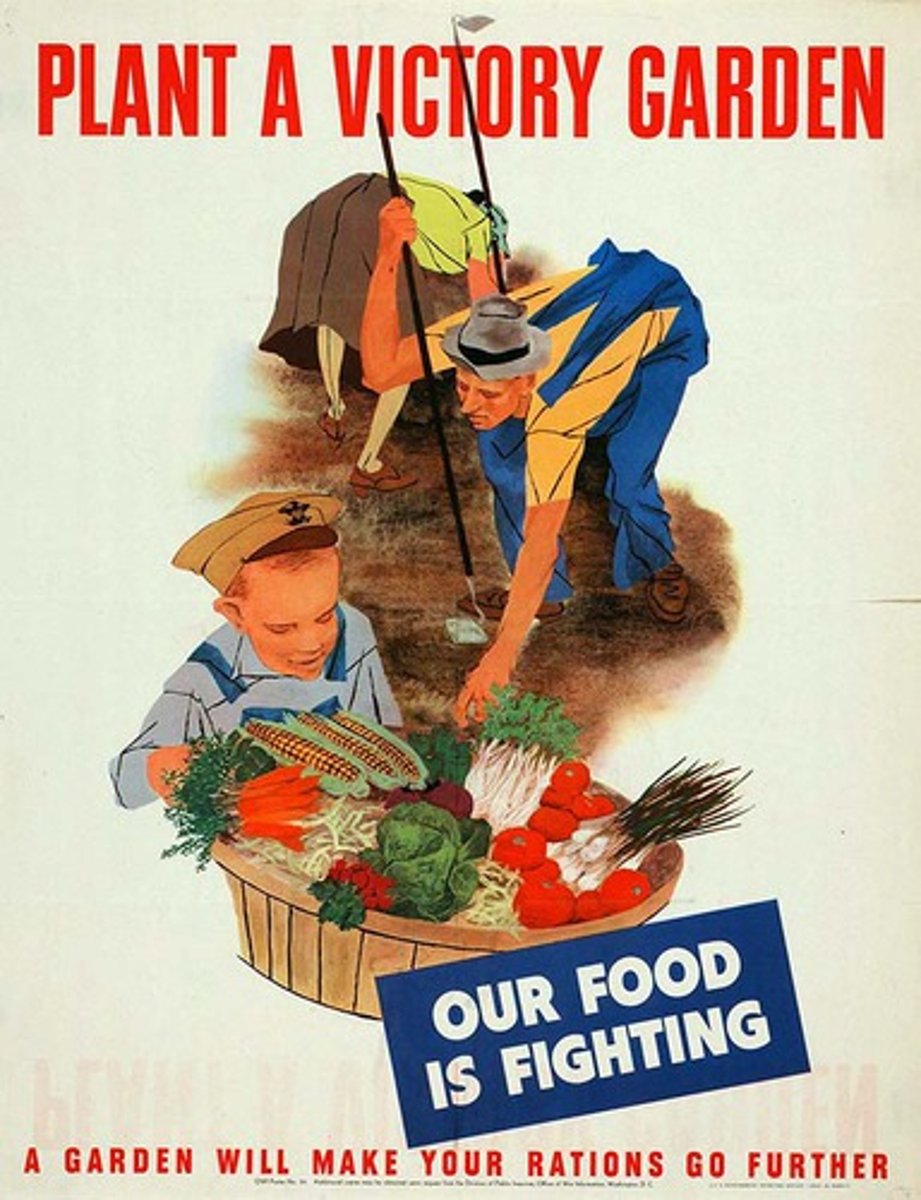
Voluntary Rationing
During WWI the government did not require rationing but encouraged it with slogans such as Meatless Mondays and Wheatless Wednesdays
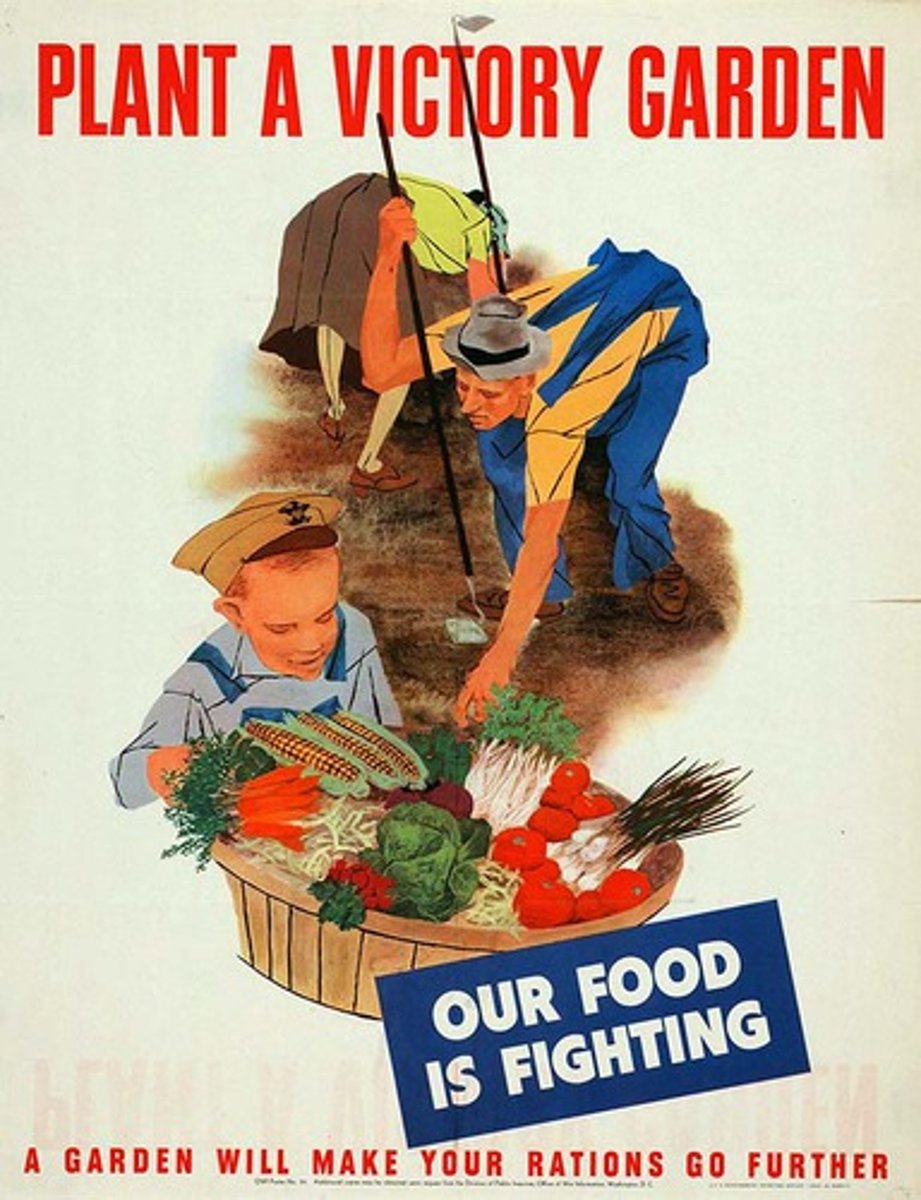
Victory Gardens
Name given by the government during WWI for gardens that citizens planted to raise their own vegetables for home use, leaving more foods to be sent to our troops fighting the war.
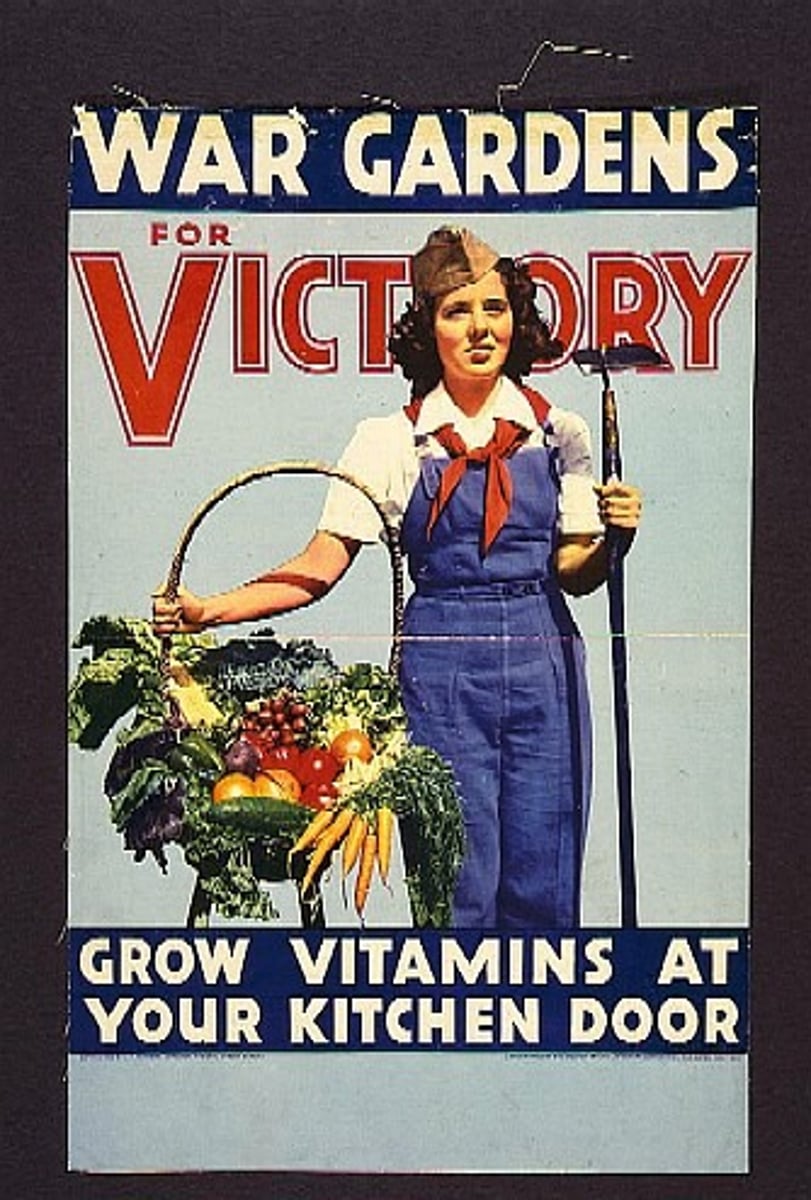
Eighteenth Amendment
The prohibition of alcohol. Passed as part of the war effort to save grains as food for our soldiers.

Fuel Administration
The Fuel Administration was in charge of boosting coal and oil production during WWI, while encouraging people to conserve. The agency introduced such conversation methods as daylight savings time and shortened workweeks for nonwar-related factories.
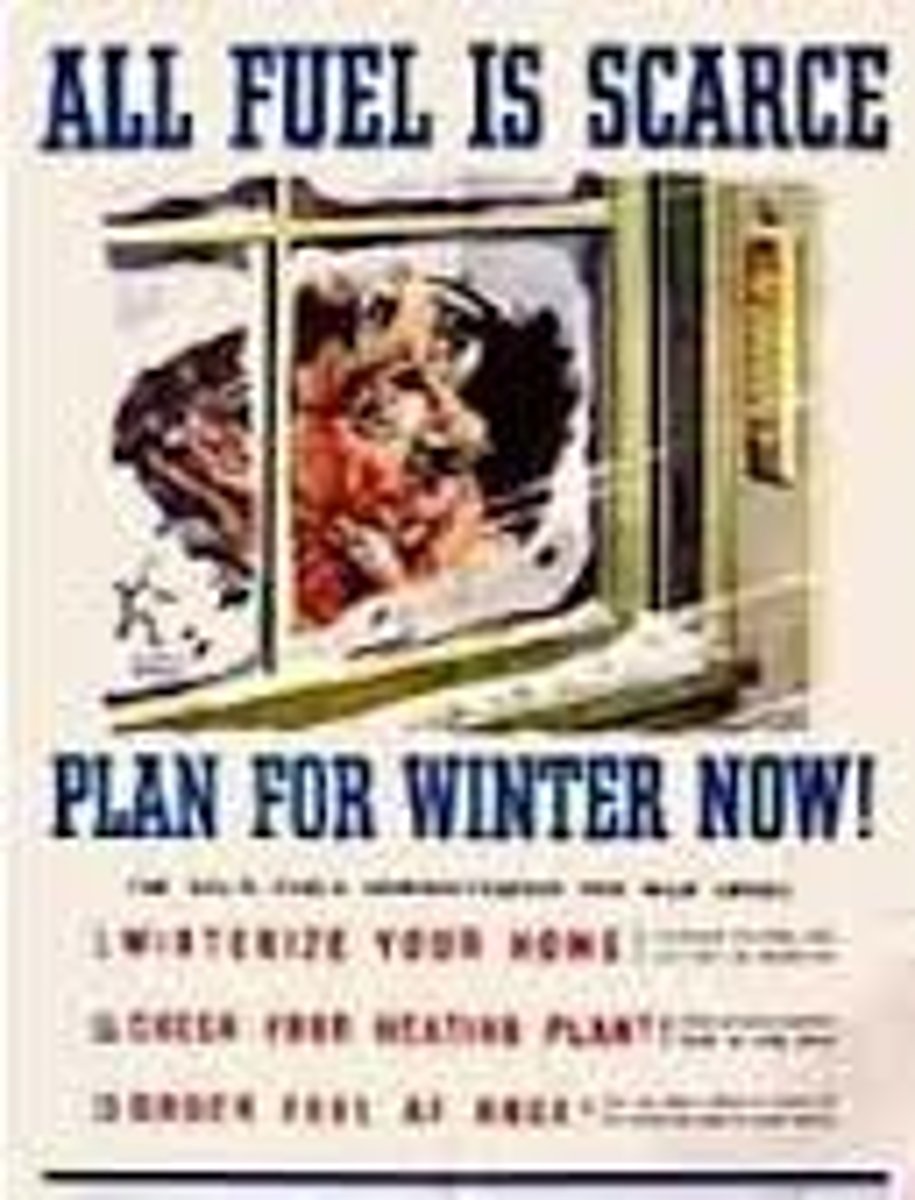
Victory Bonds/ Liberty Bonds
US savings bonds sold during WWI that would help finance the war effort. These terms were used to make people feel patriotic in buying them.
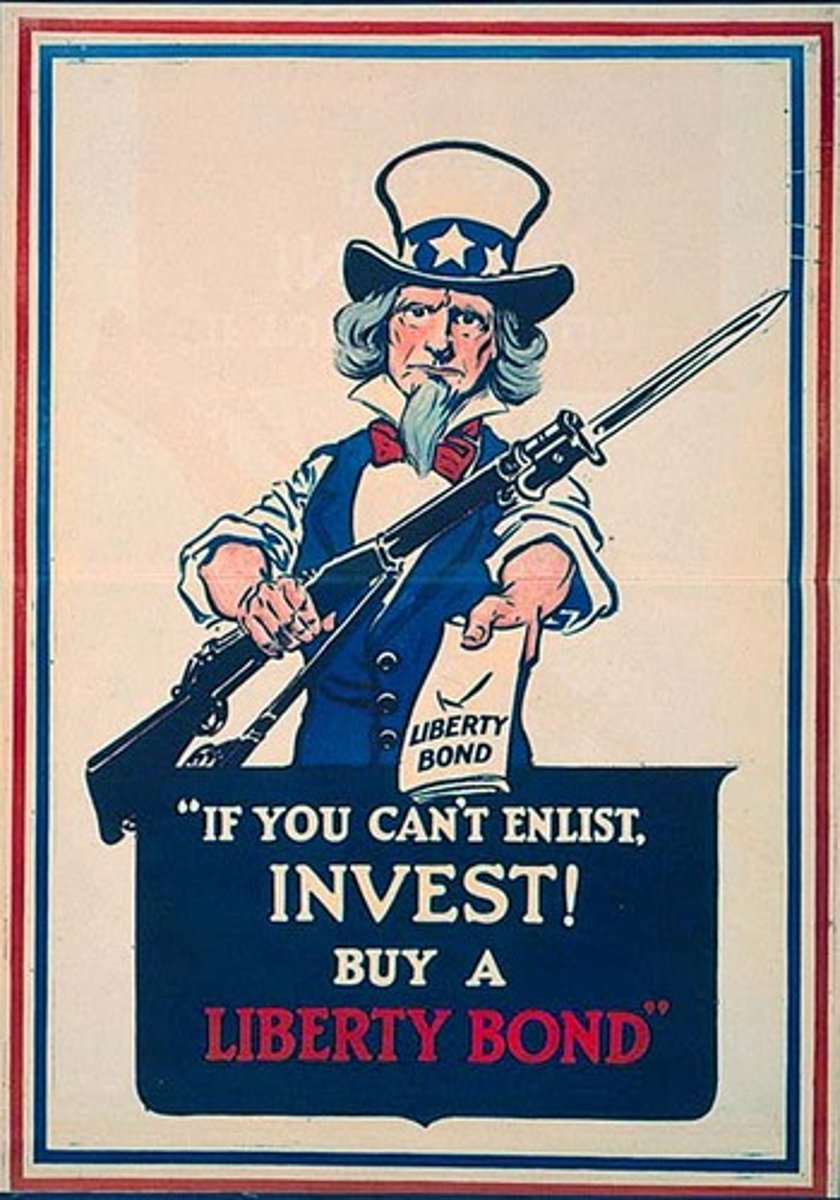
National War Labor Board
Government agency established during WWI to prevent strikes from disrupting the war effort. The board was a composition of representatives from business and labor designed to arbitrate disputes between workers and employers.
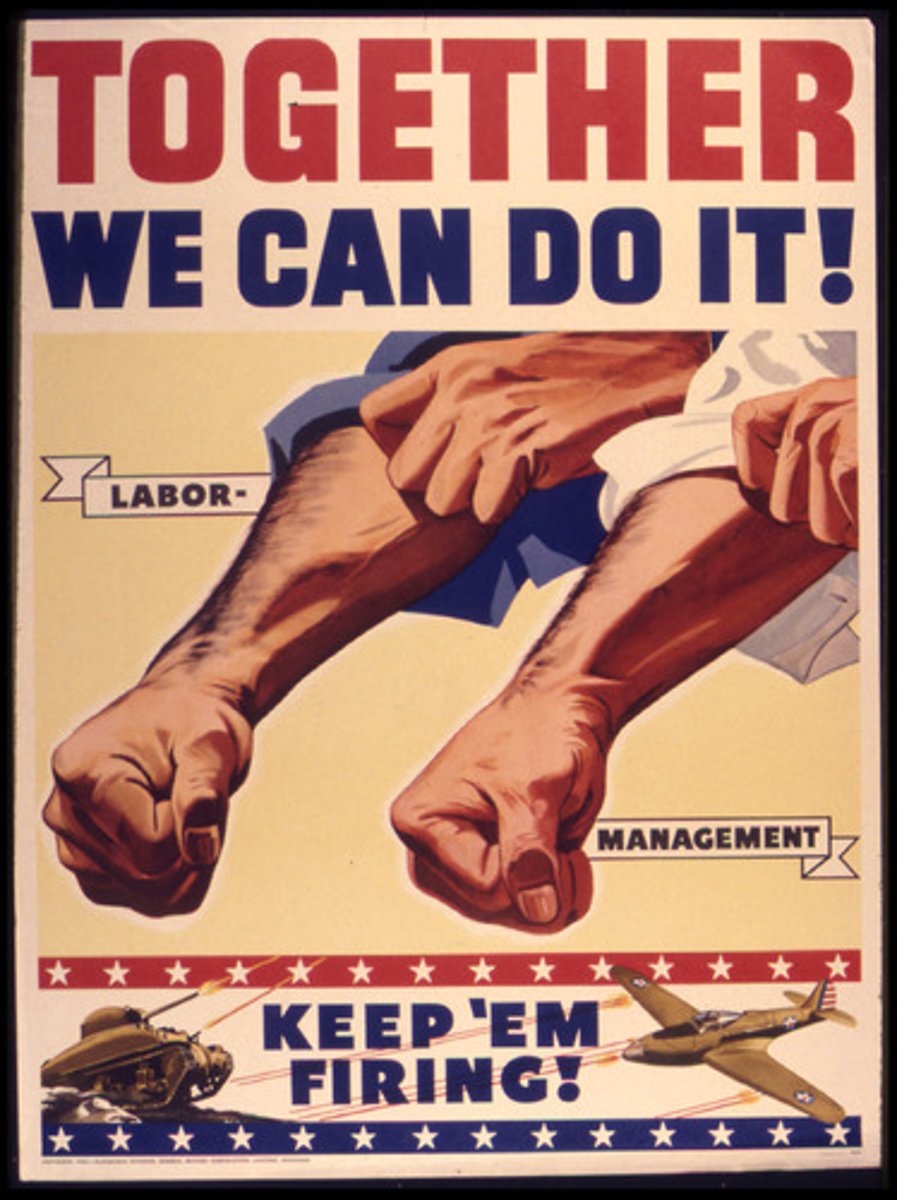
Industrial Workers of the World (Wobblies)
Led by Eugene Debbs, were the most radical of the labor unions. Fought against the war effort.
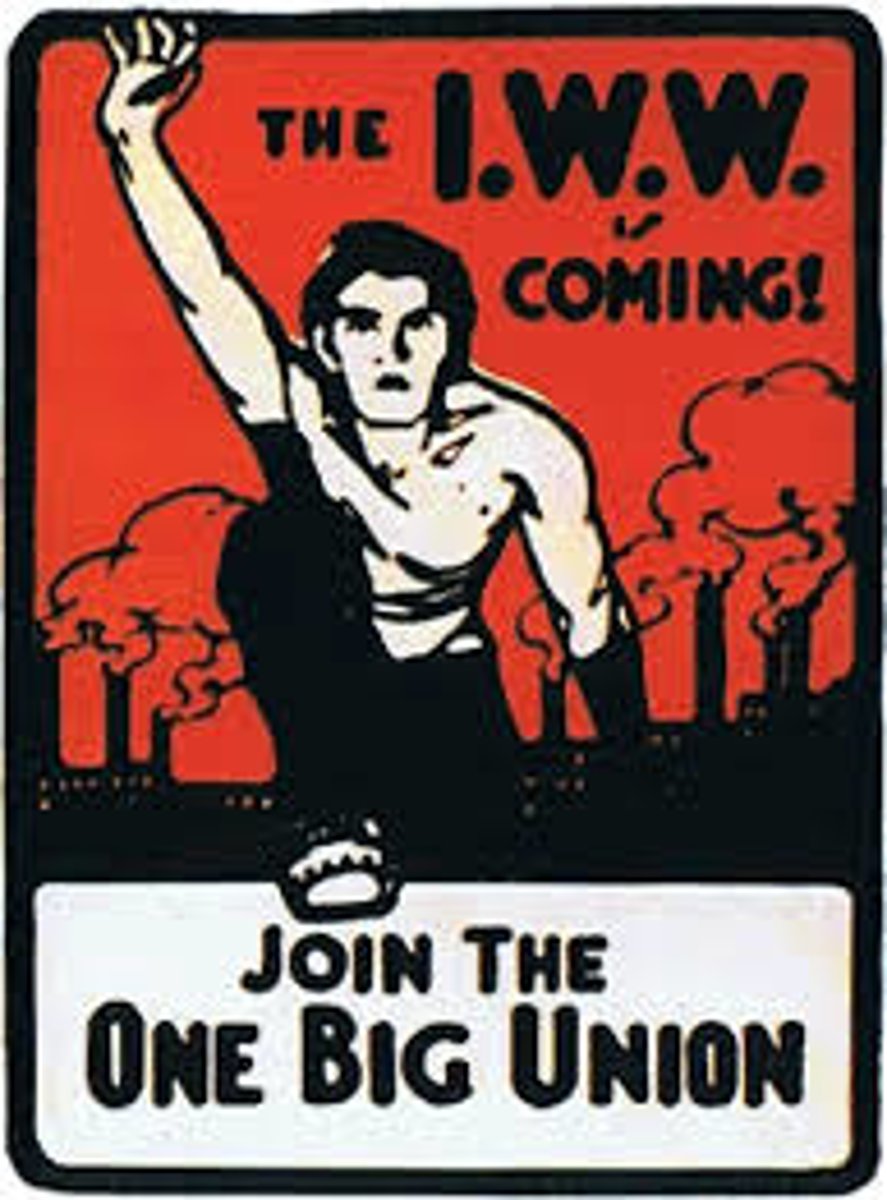
Great Migration
Movement of African Americans from the South to the Northern cities for jobs. It began during WWI and lasted through WWII with new jobs created in the Defense Industry.
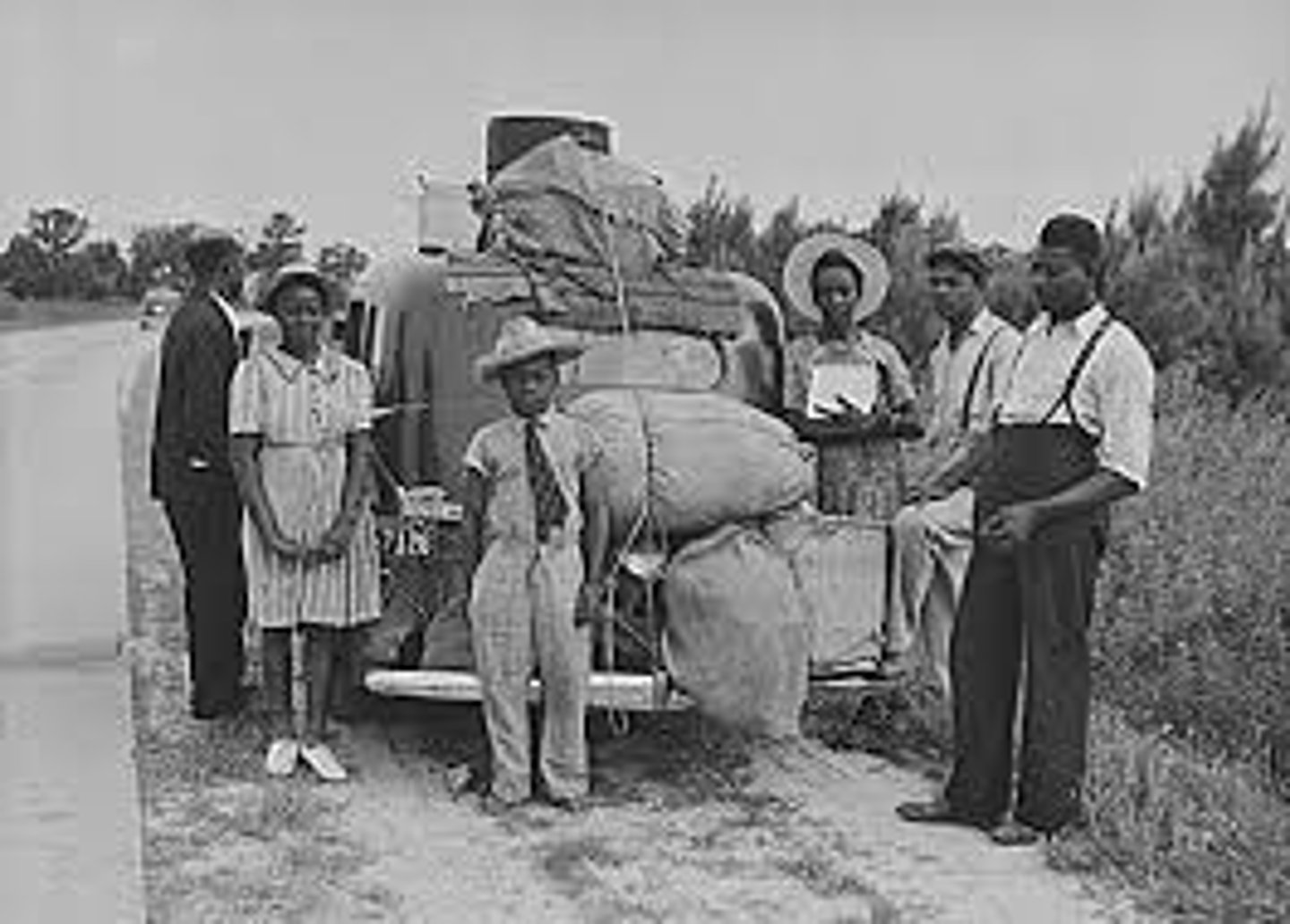
Race Riots of 1919
25 race riots broke out across the U.S. in 1919 due to frustration over competition over jobs and racism.
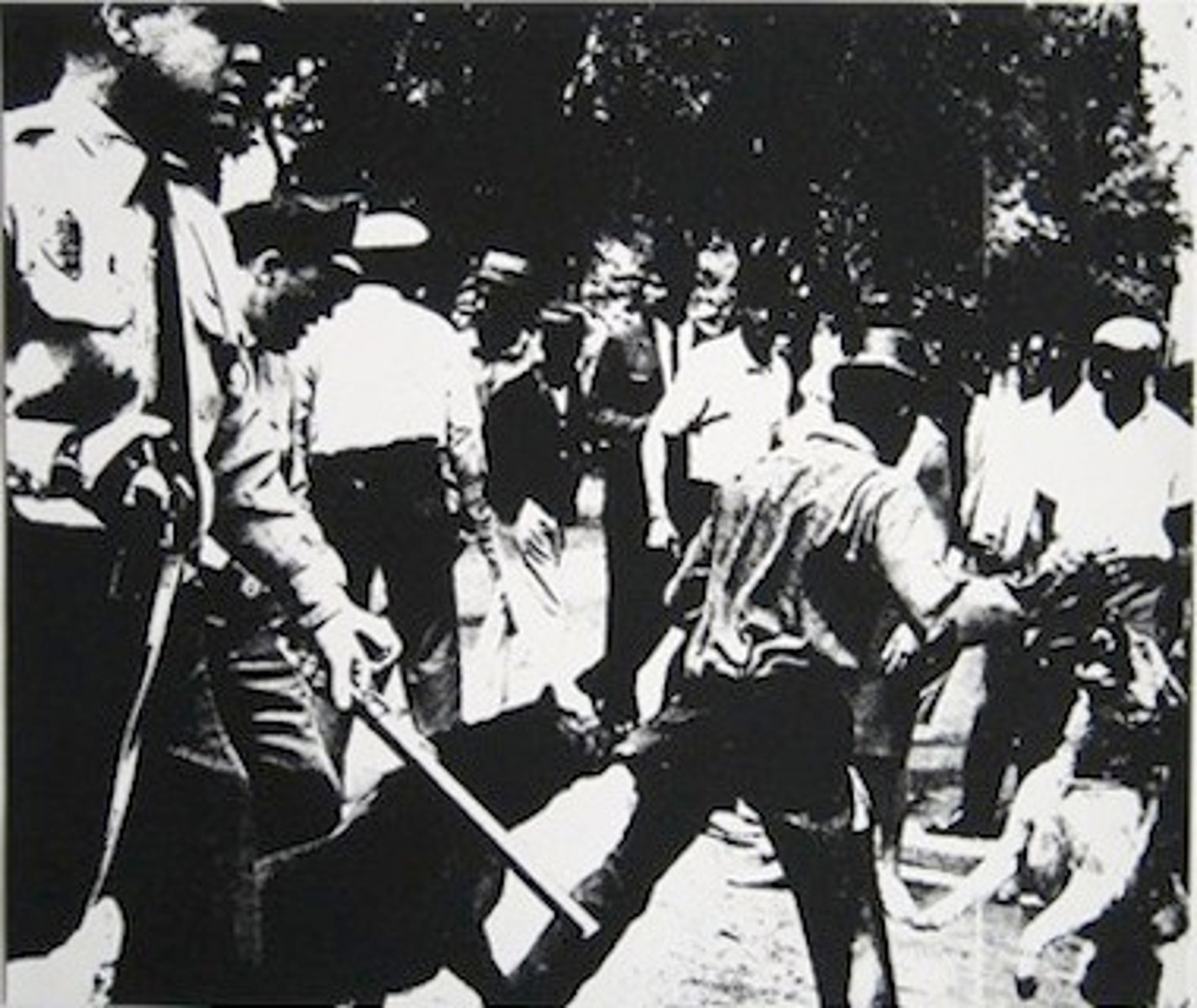
National Woman's Party
A group of militant suffragists who took to the streets with mass pickets, parades, and hunger strikes to convince the government to give them the right to vote. Led by Alice Paul.
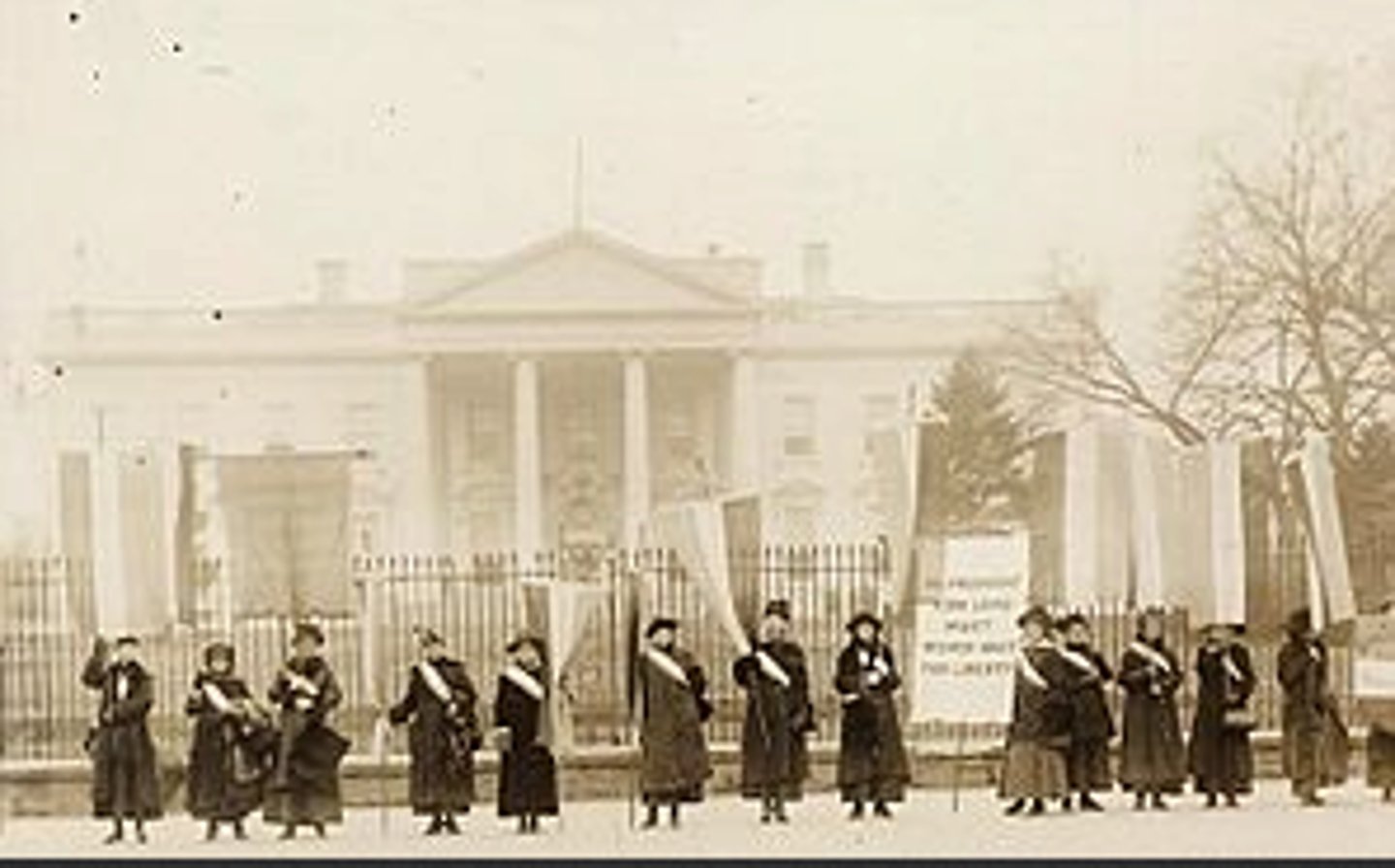
Alice Paul
Founder and leader of the National Women's Party that protested in front of the White House and used hunger strikes to pressure the government to pass the 19th Amendment granting women the right to vote.
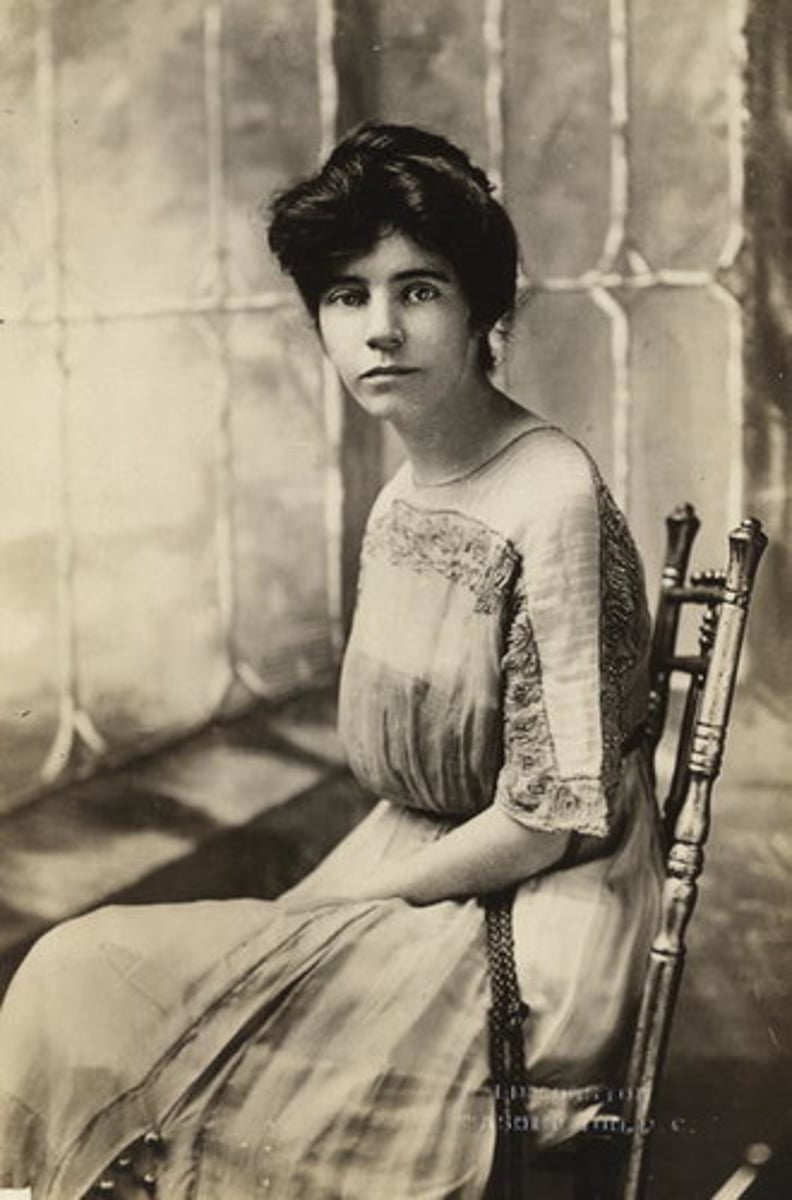
National American Woman Suffrage Association (NAWSA)
A group formed by leading suffragist in the late 1800s to organize the women's suffrage movement. Founded by Elizabeth Cady Stanton.
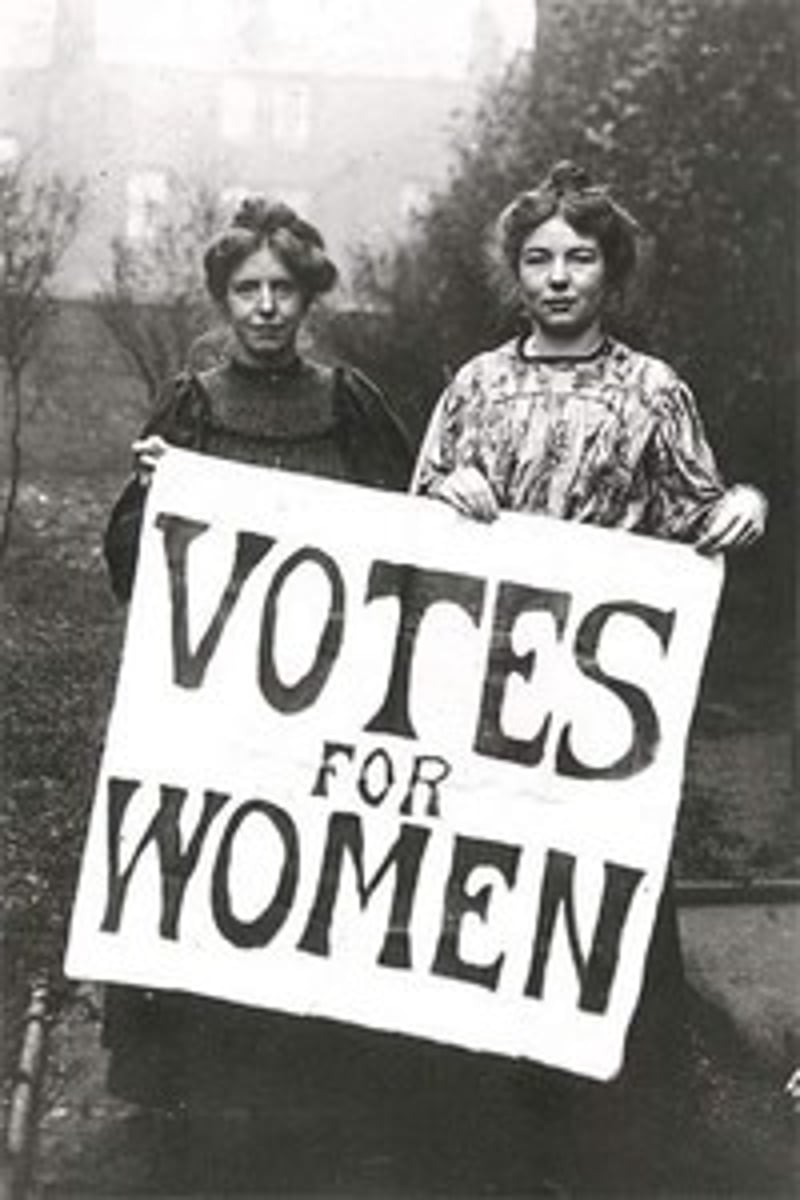
Carrie Chatman Catt
Leader of the National American Woman Suffrage Association (NAWSA) that helped push the government to pass the 19th Amendment.
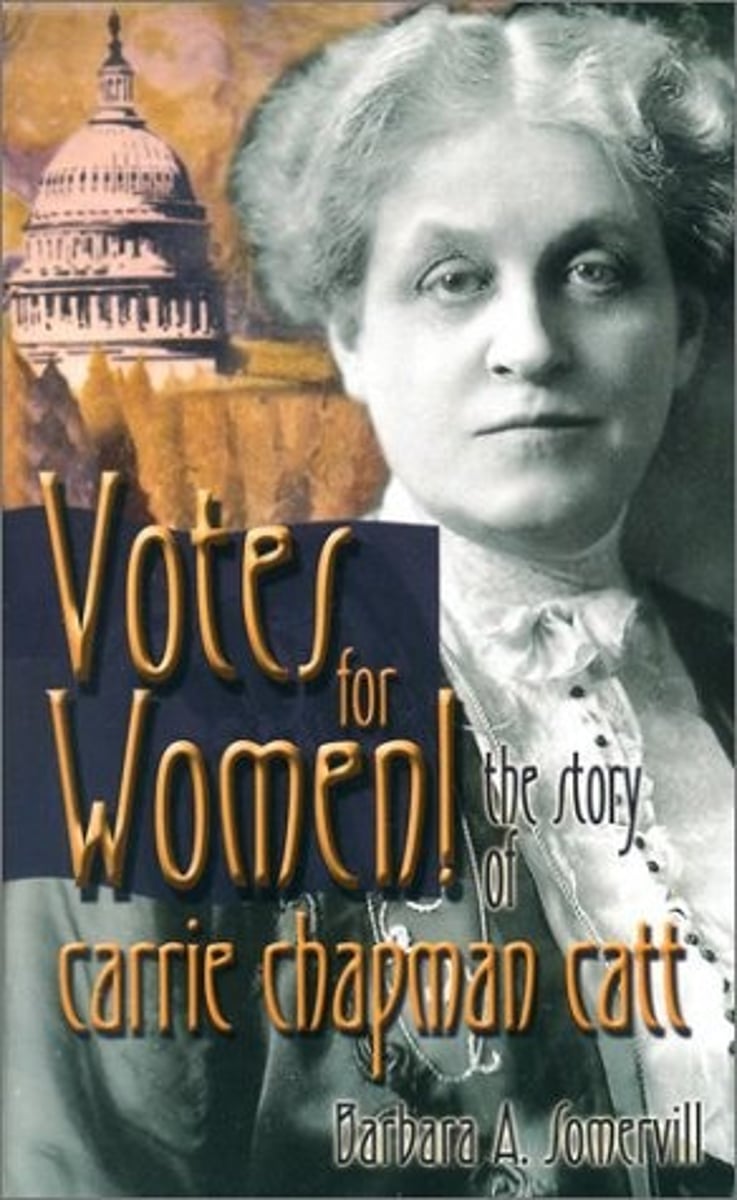
19th Amendment
Amendment that guaranteed women the right to vote passed in 1920.
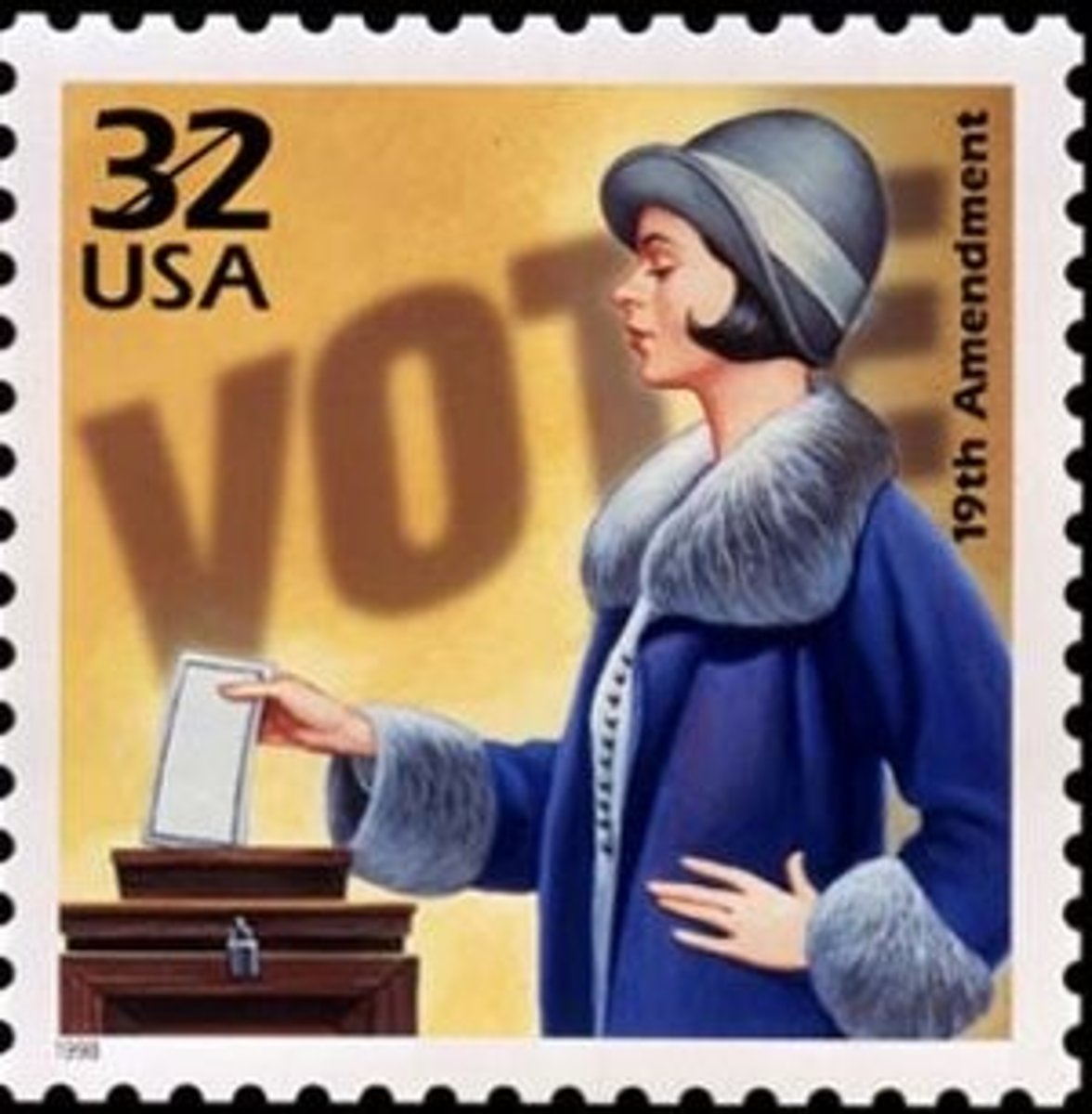
The Perfect 36
The number of states needed to pass an amendment. Tennessee is the last state that gave the Woman's Suffrage Movement their support in passing the 19th amendment.
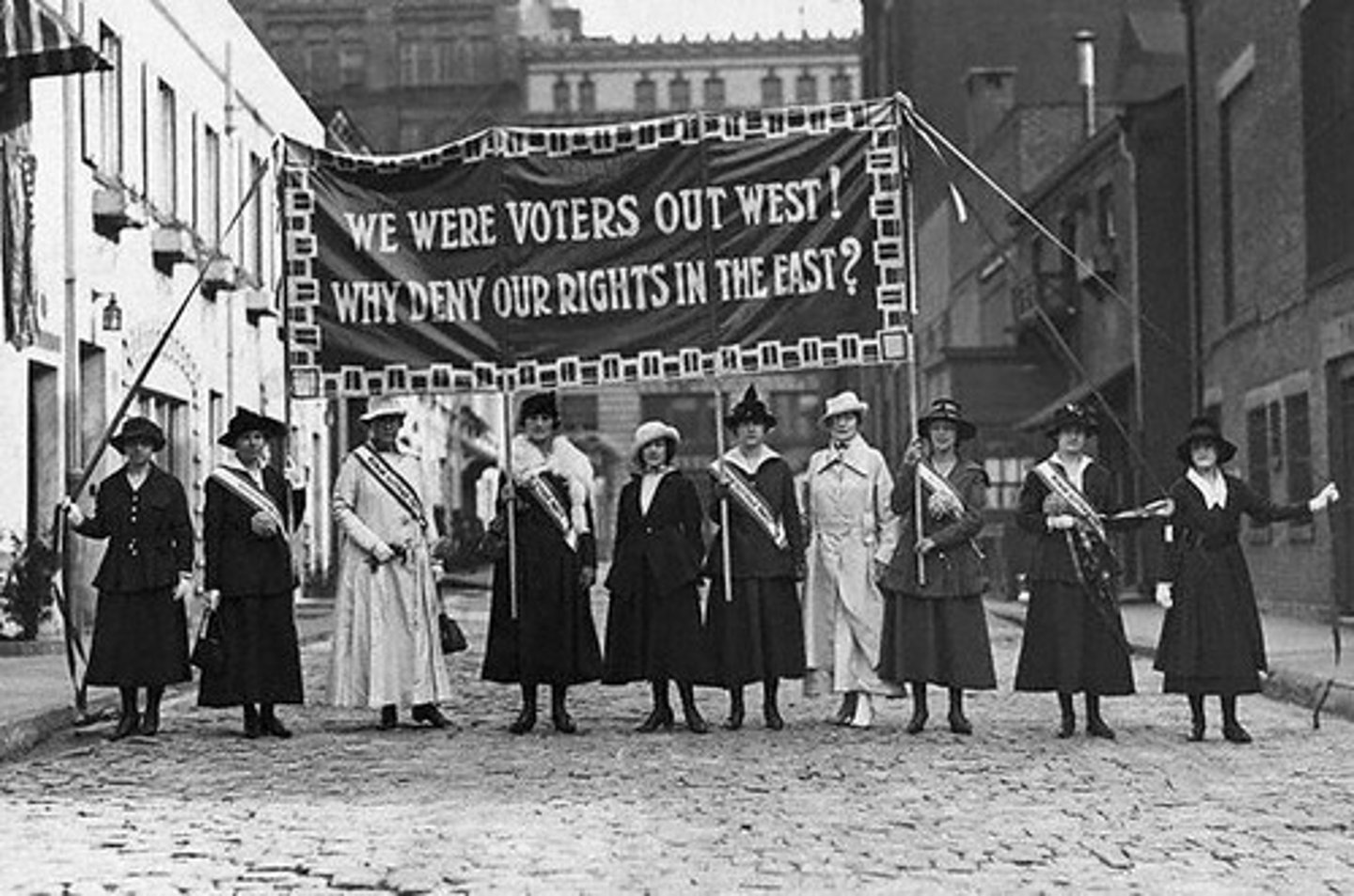
Governor Albert Roberts
Governor of Tennessee who called a special session of the Tennessee state legislature to vote on passing the 19th Amendment.
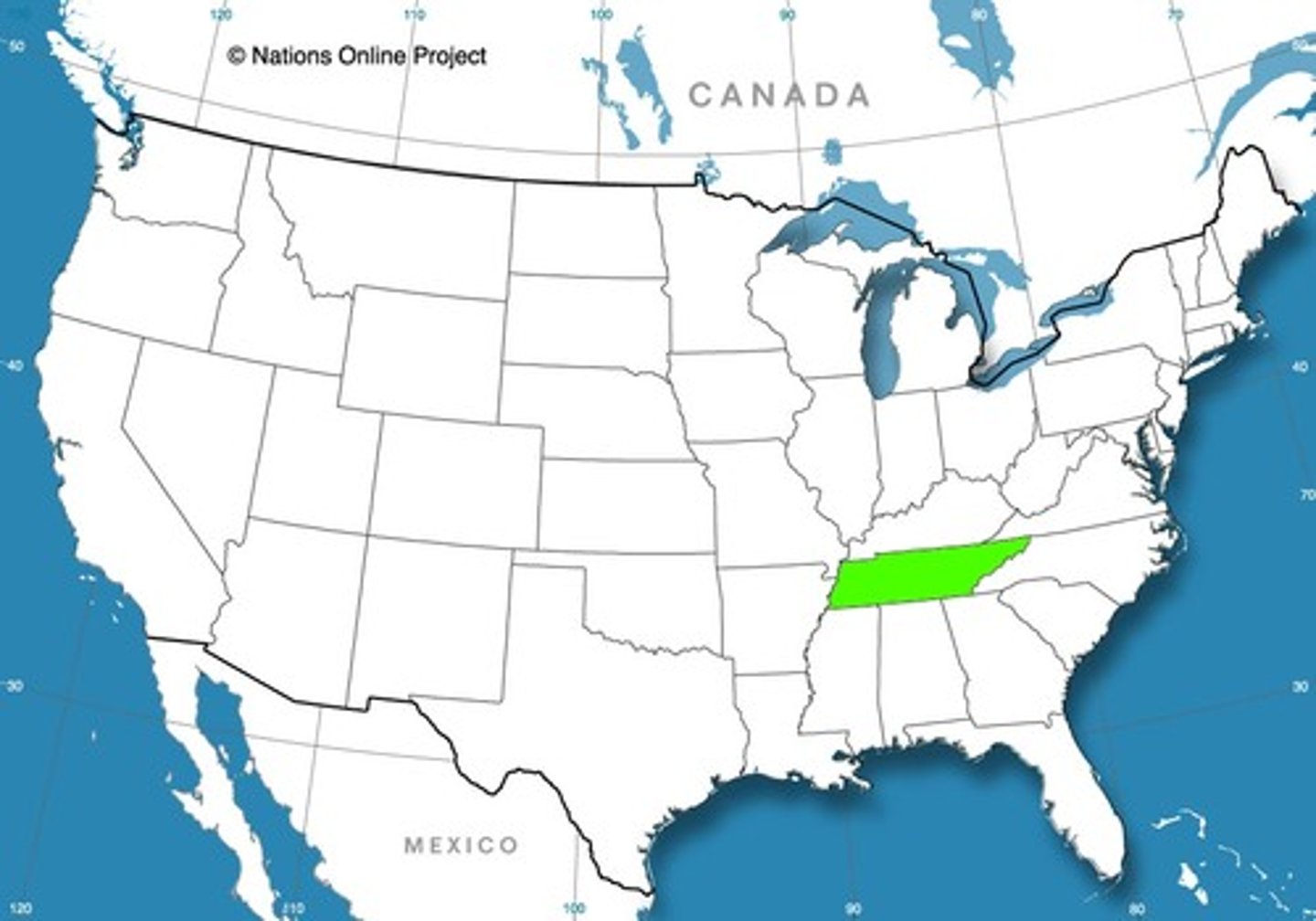
Anne Dallas Dudley
Woman in Tennessee who led the fight for the passage of the 19th Amendment granting women the right to vote.
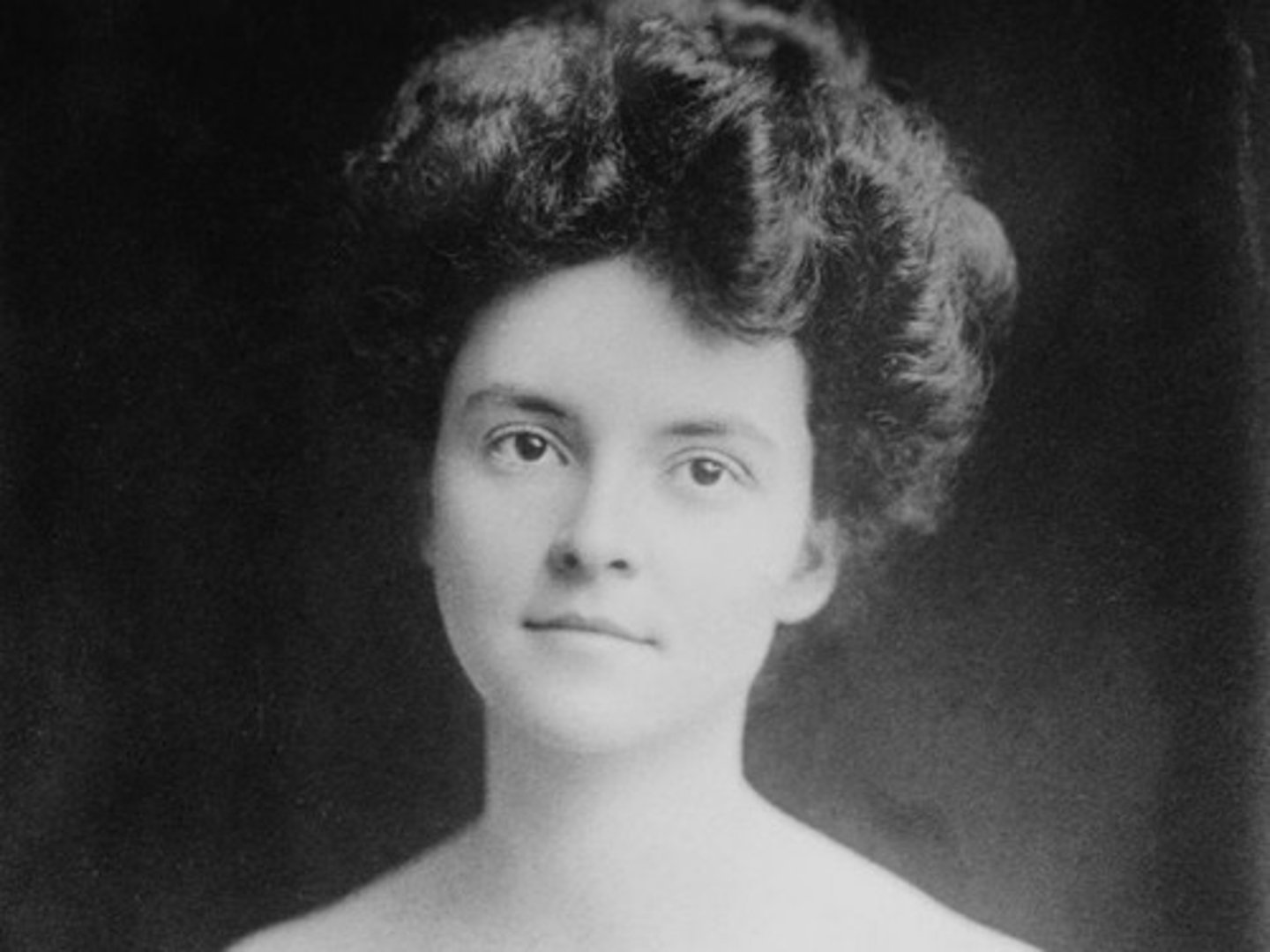
Josephine Pearson
leader of the anti-suffrage movement in Tennessee during the 1920 fight for ratification of the Nineteenth Amendment
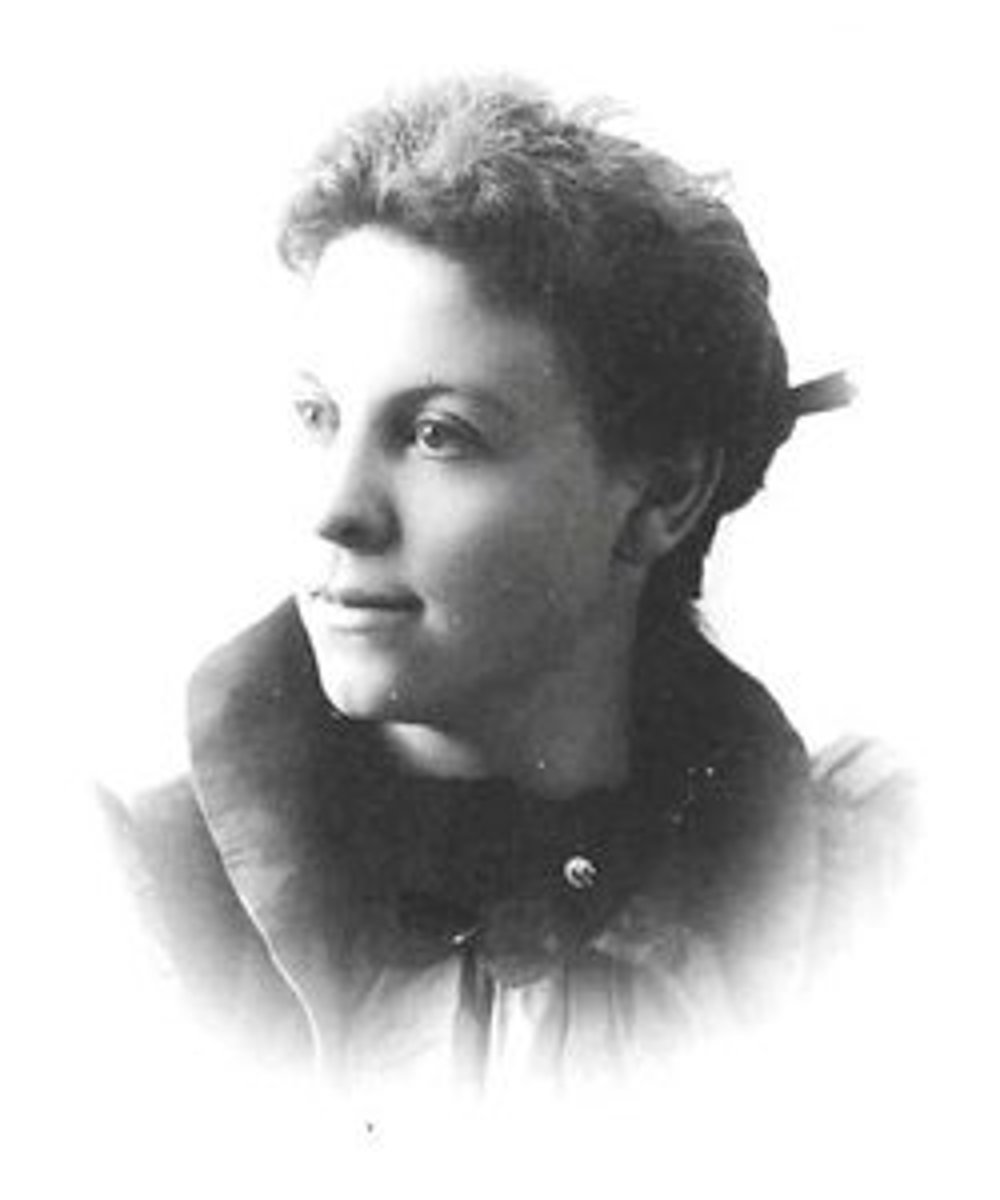
War of the Roses
Nickname for the fight over the passage for the 19th Amendment in Tennessee. The people in TN were divided and would wear a rose that would show which side you supported. A Yellow Rose meant that you supported women's suffrage and a Red Rose meant you were against it.

Harry Burn
Young Tennessee Representative in the state legislature that cast the deciding vote to grant women the right to vote. He changed his vote at the last minute after reading a letter from his mother urging him to vote for women's suffrage.
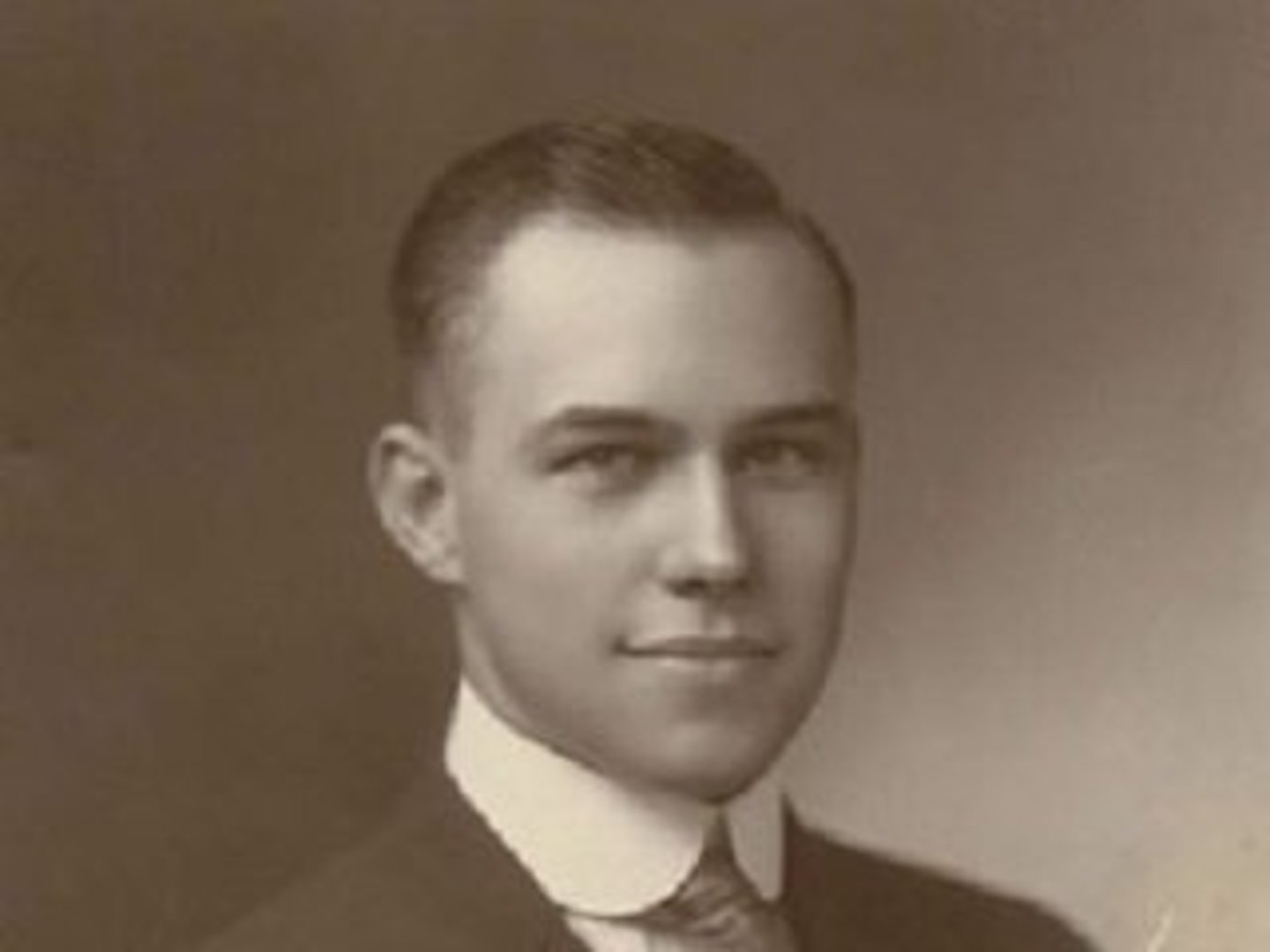
Selective Service Act of 1917
This 1917 law provided for the registration of all American men between the ages of 21 and 30 for a military draft to fight in WWI. By the end of WWI, 24.2 million had registered; 2.8 million had been inducted into the army. Age limit was later changed to 18 to 45.
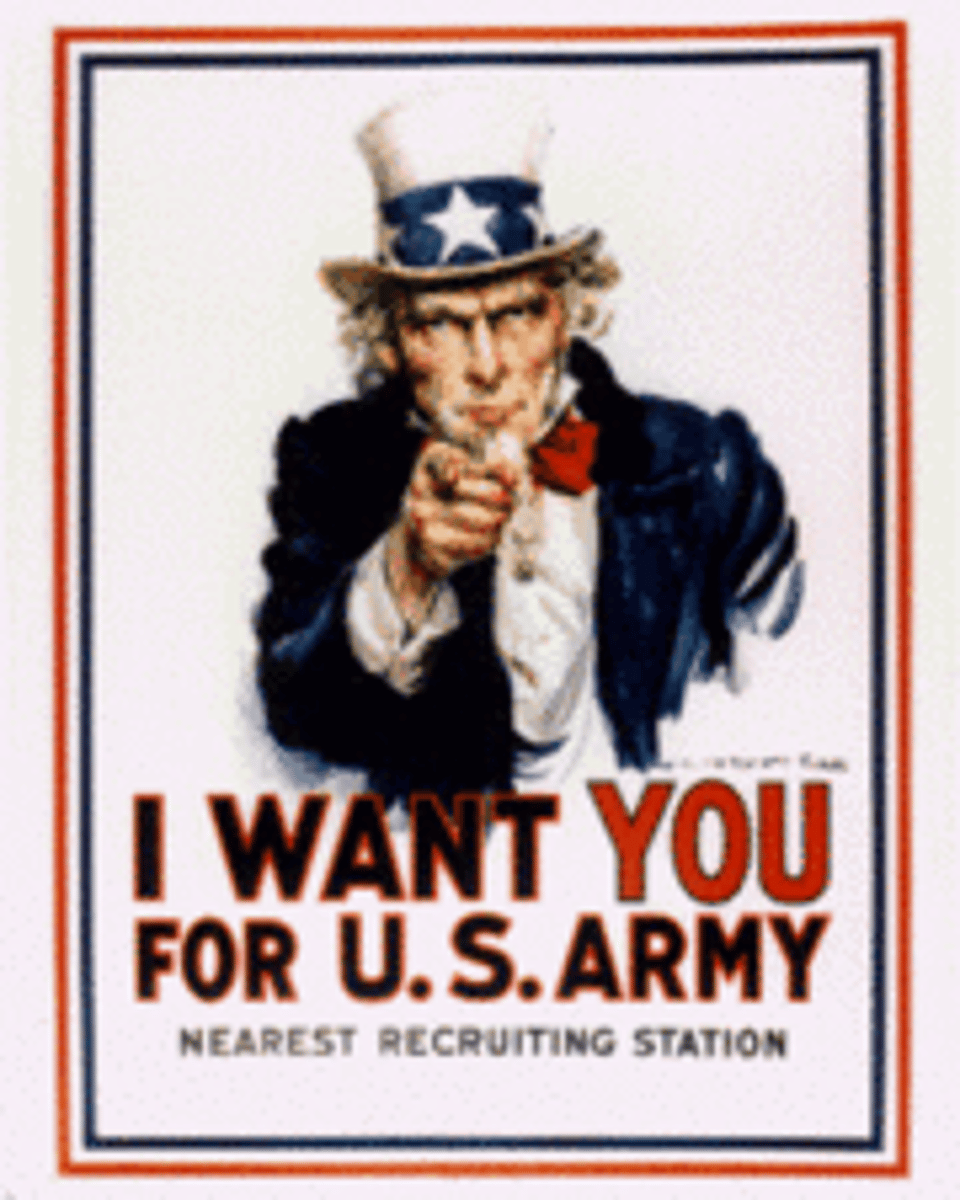
Women in Military (WWI)
Women in Armed Forces- Women were not allowed to fight, but the were admitted into the Navy and Marines for the first time during WWI to do desk jobs..

Segregated Units
About 400,000 African Americans served in the armed forces during WWI in all black units almost always under the supervision of white officers.
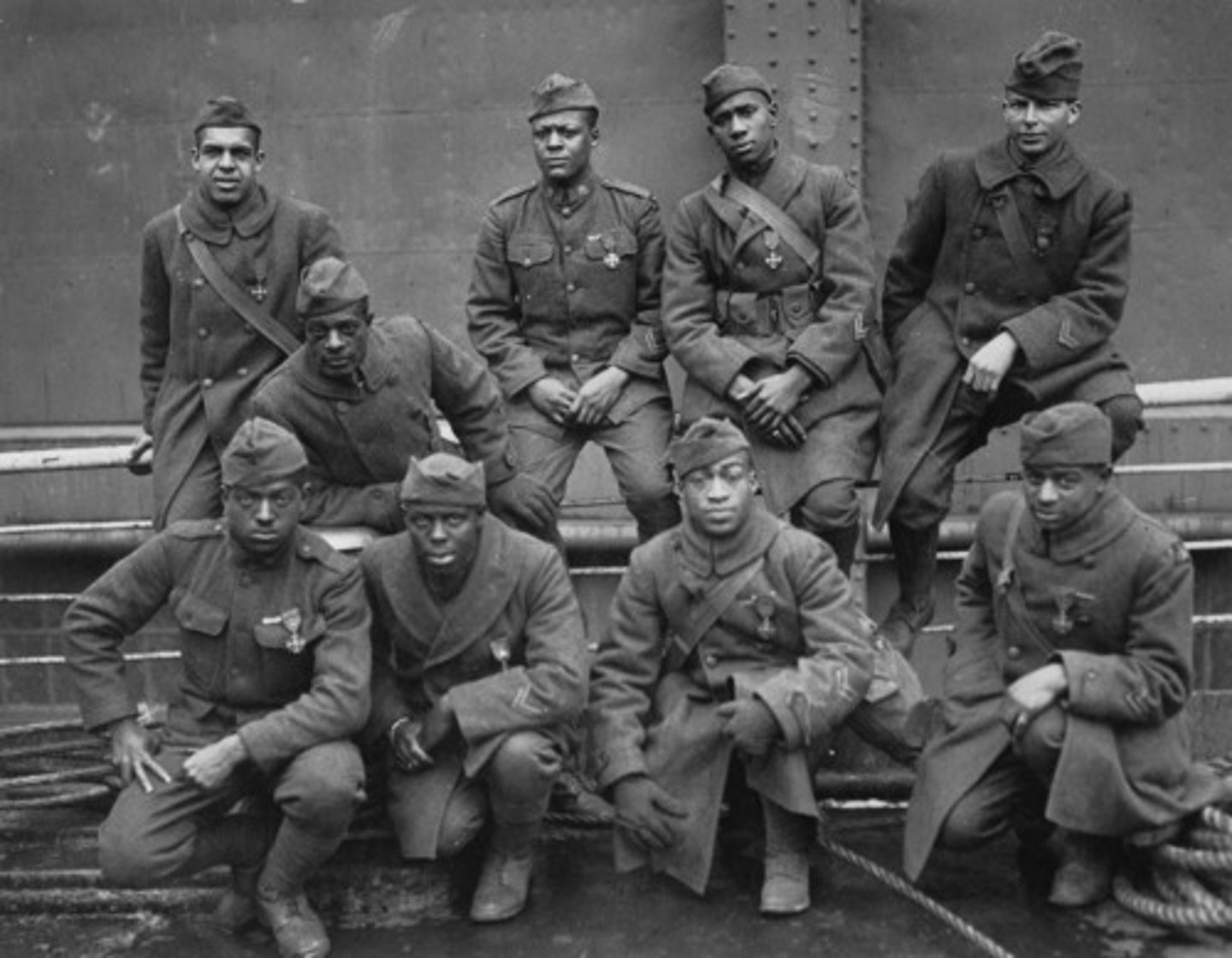
Doughboys
A nickname for the inexperienced but fresh American soldiers during WWI
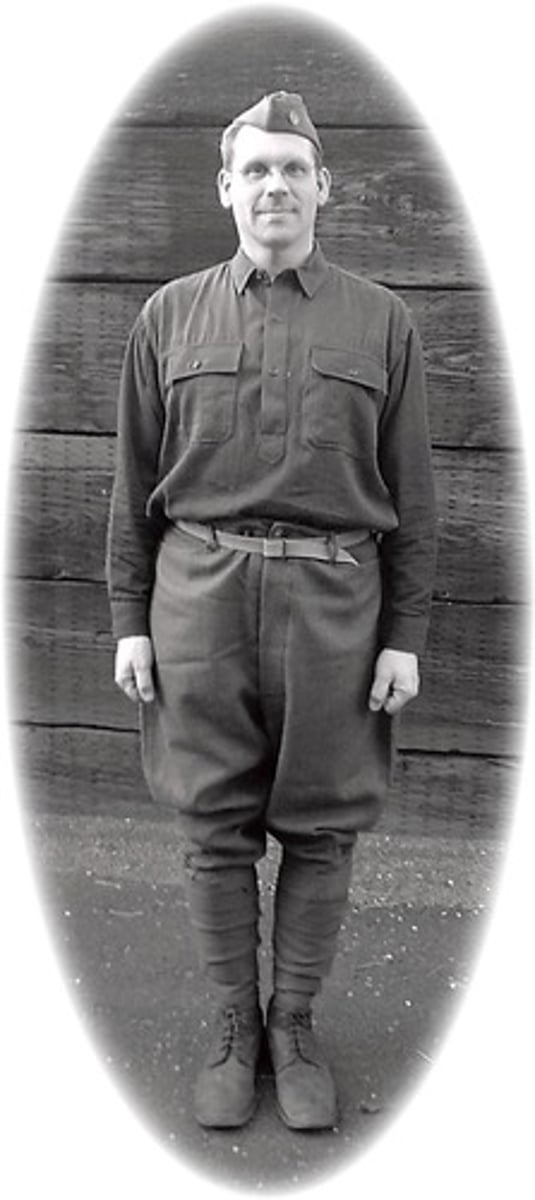
Eastern Front
The battle line in Russia during WWI. This line moved further into Russia than the Western Front moved into France.
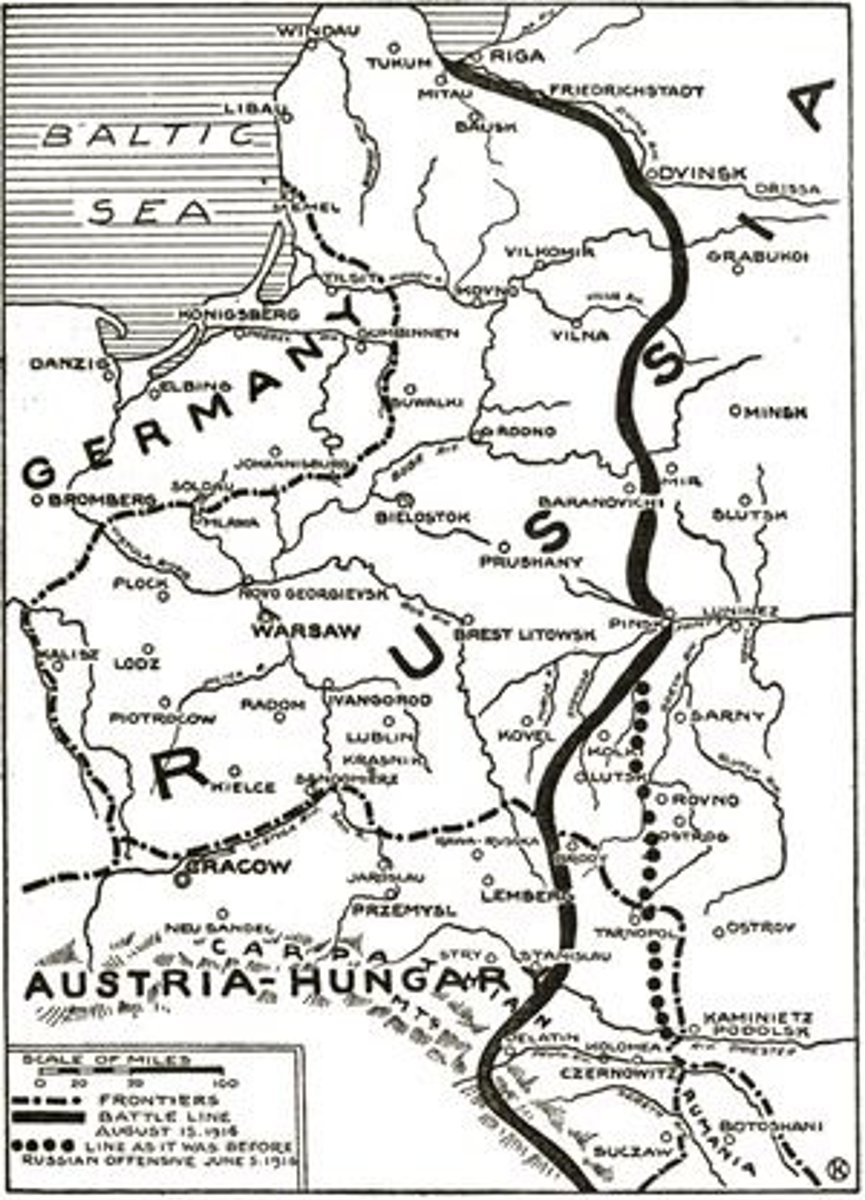
Bolshevik Revolution
1917 uprising in Russia led by Vladimir Lenin which established a communist government and withdrew Russia from World War I.
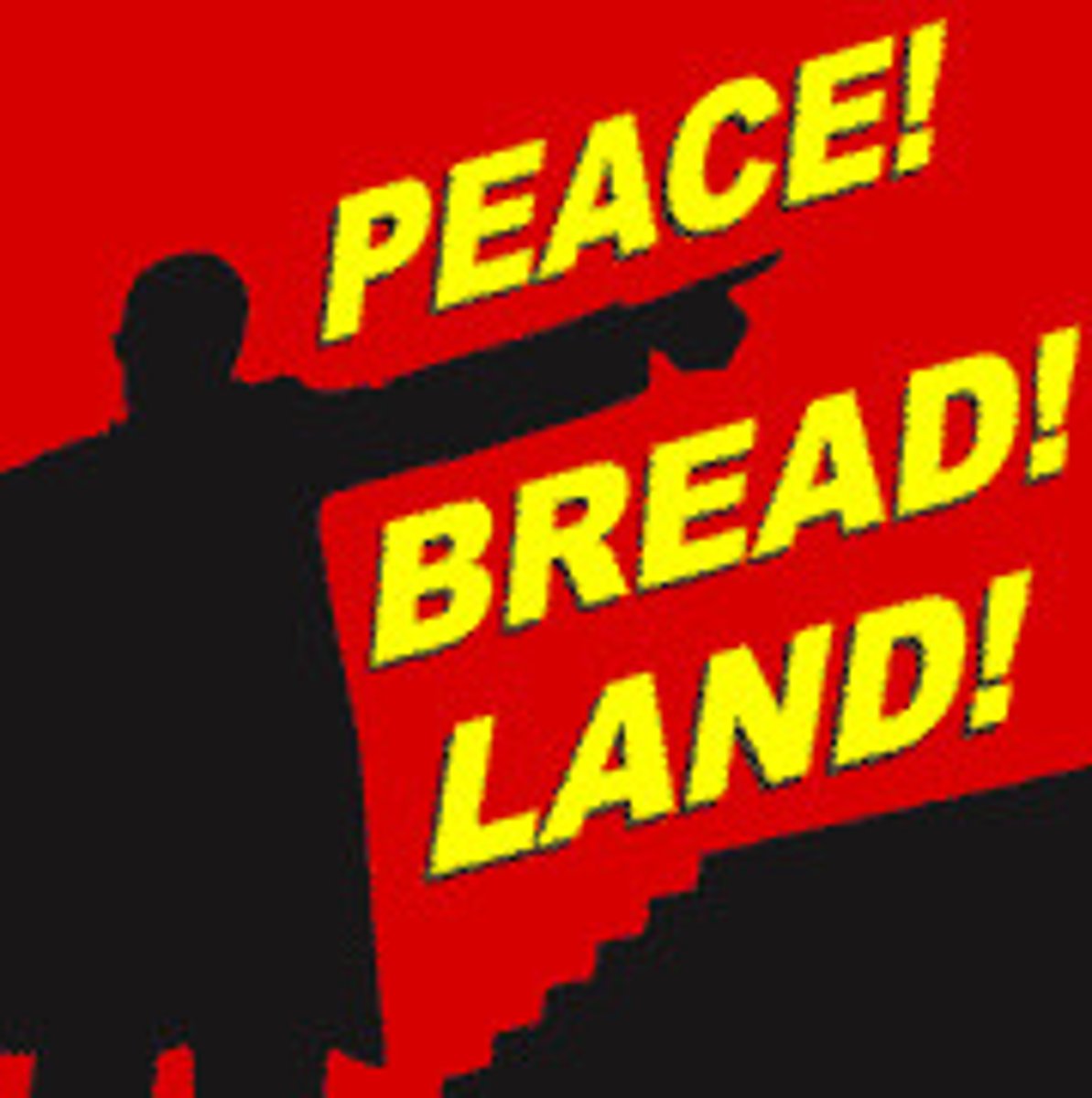
Western Front
The battle line of trenches in France where the Allied Powers and Central powers dug in. Not much movement of the front during the war.
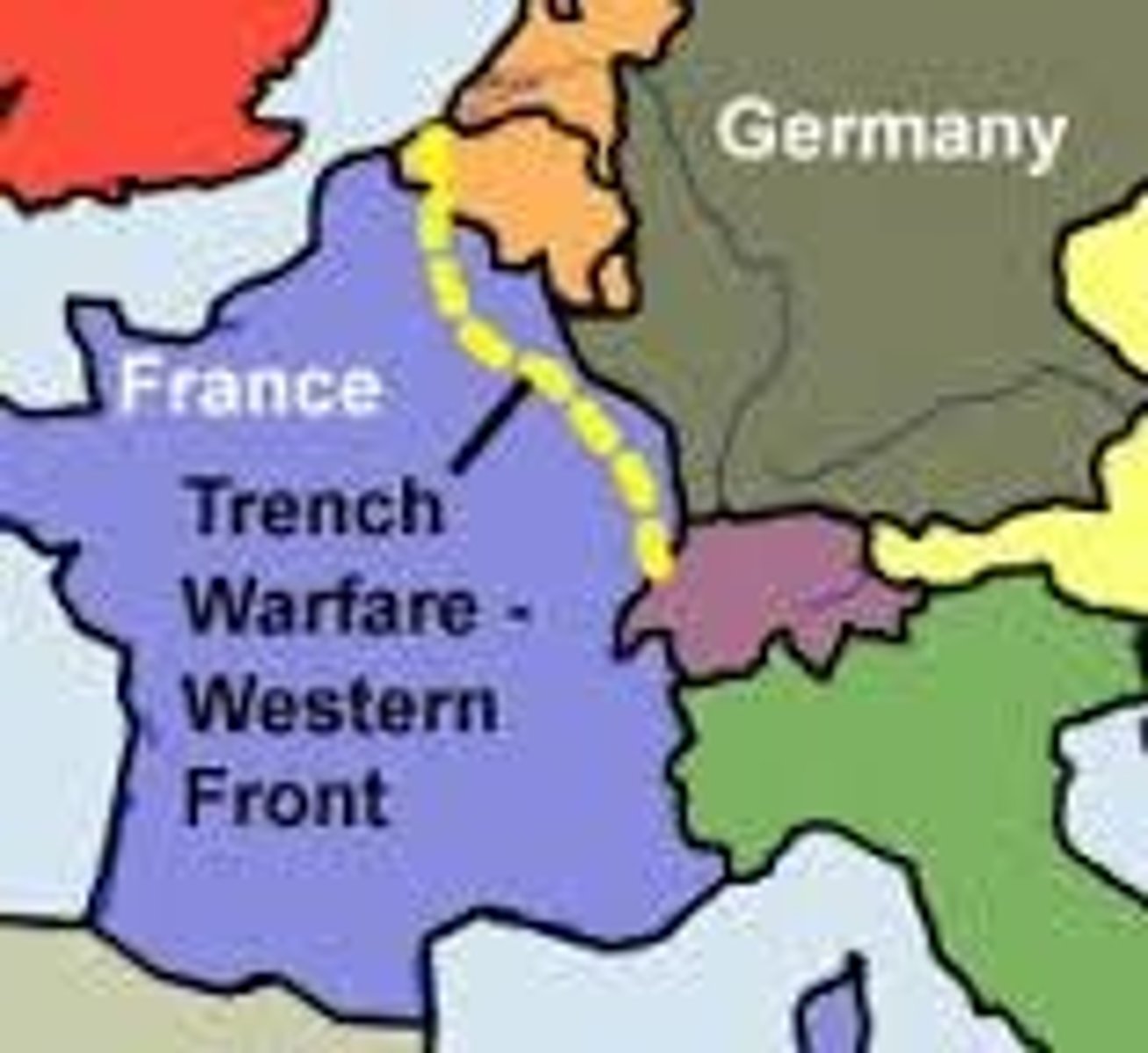
Trench Warfare
Fighting conducted from a system of ditches protected by barbed wire which was the common type of warfare during WWI and led to a stalemate with high casualties many from artillery fire.
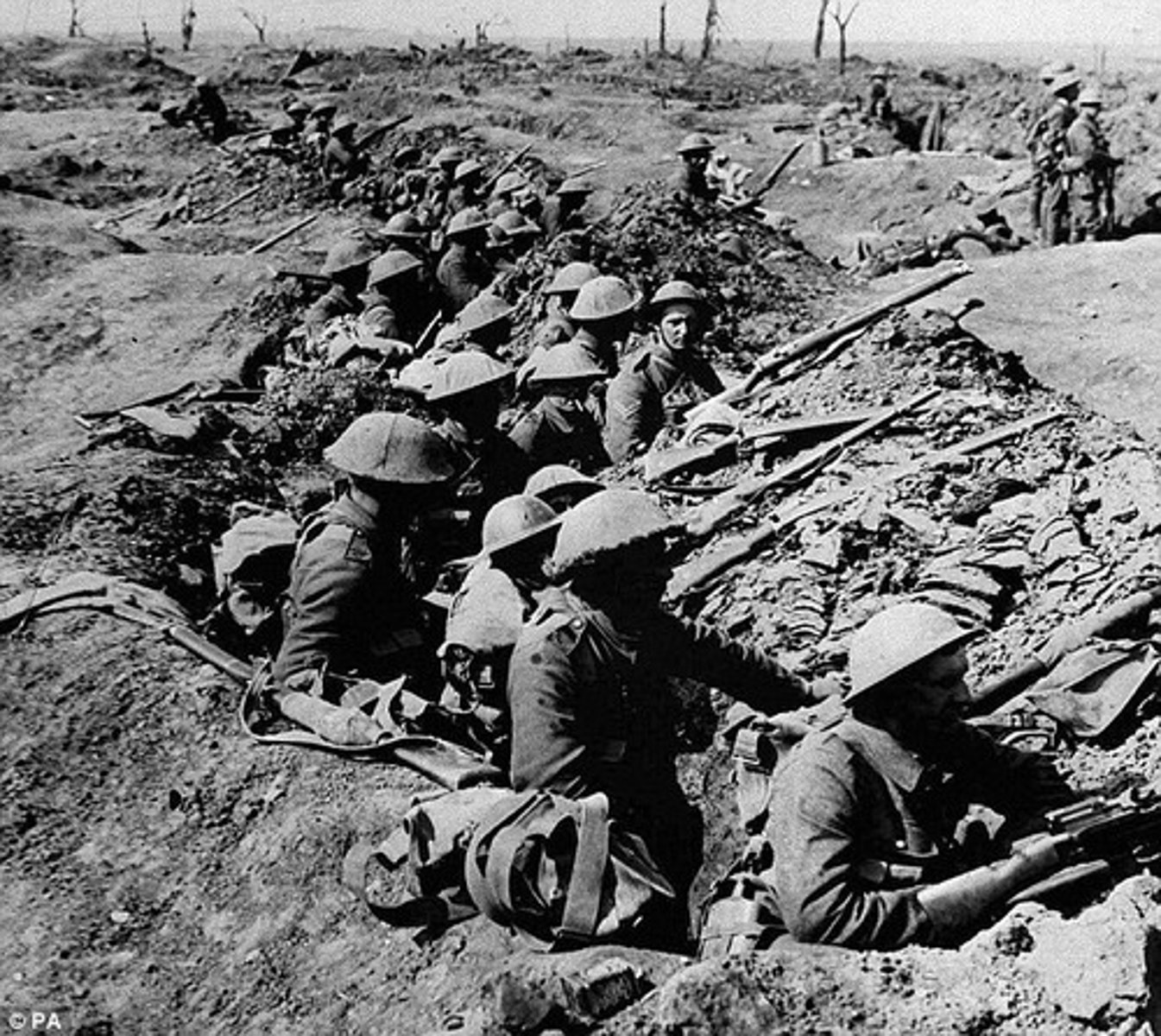
No Man's Land
A strip of land beween the trenches of opposing armies along the Western Front during WW1
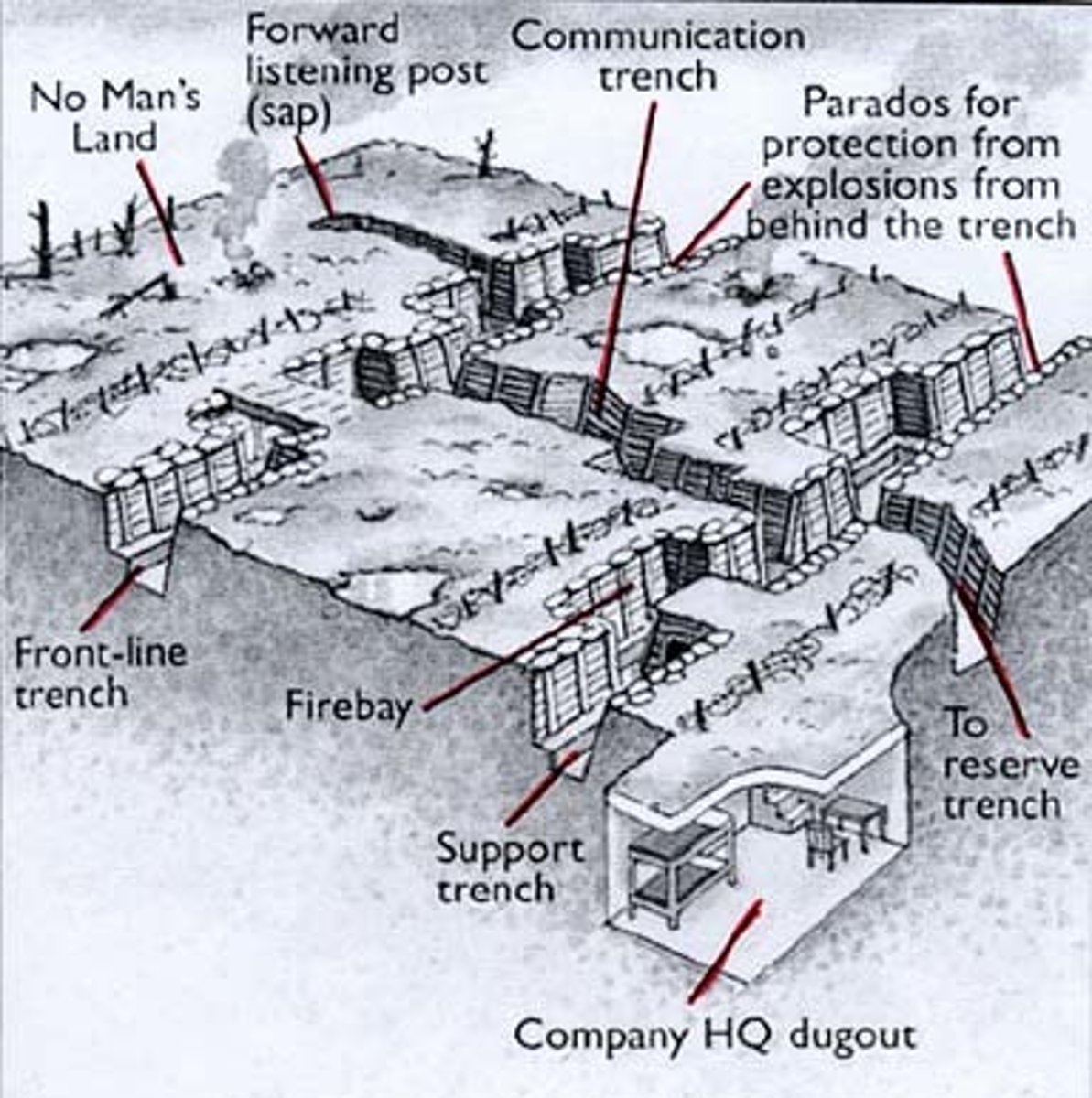
New Technology of WW1
Many new weapons of WWI made it especially deadly including machine guns, poisinous gas, airplanes, submarines (U-boats), and tanks
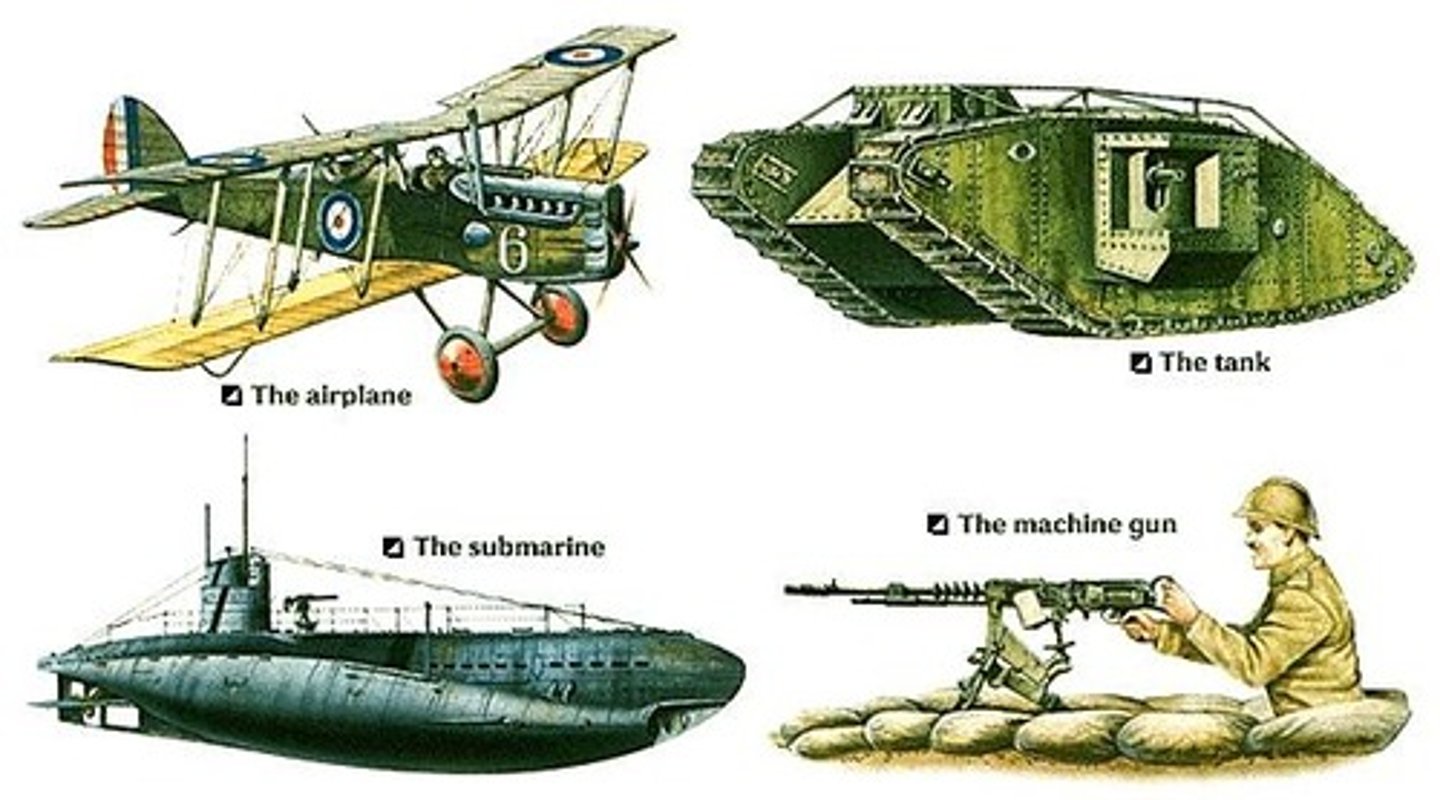
Dogfights (Flying Coffins)
Planes are used, but they were single engine with only one or two people in it. Were used to spy on enemies. Two plans fight each other in the air. The average pilot, during WW1, only lived 3 weeks.
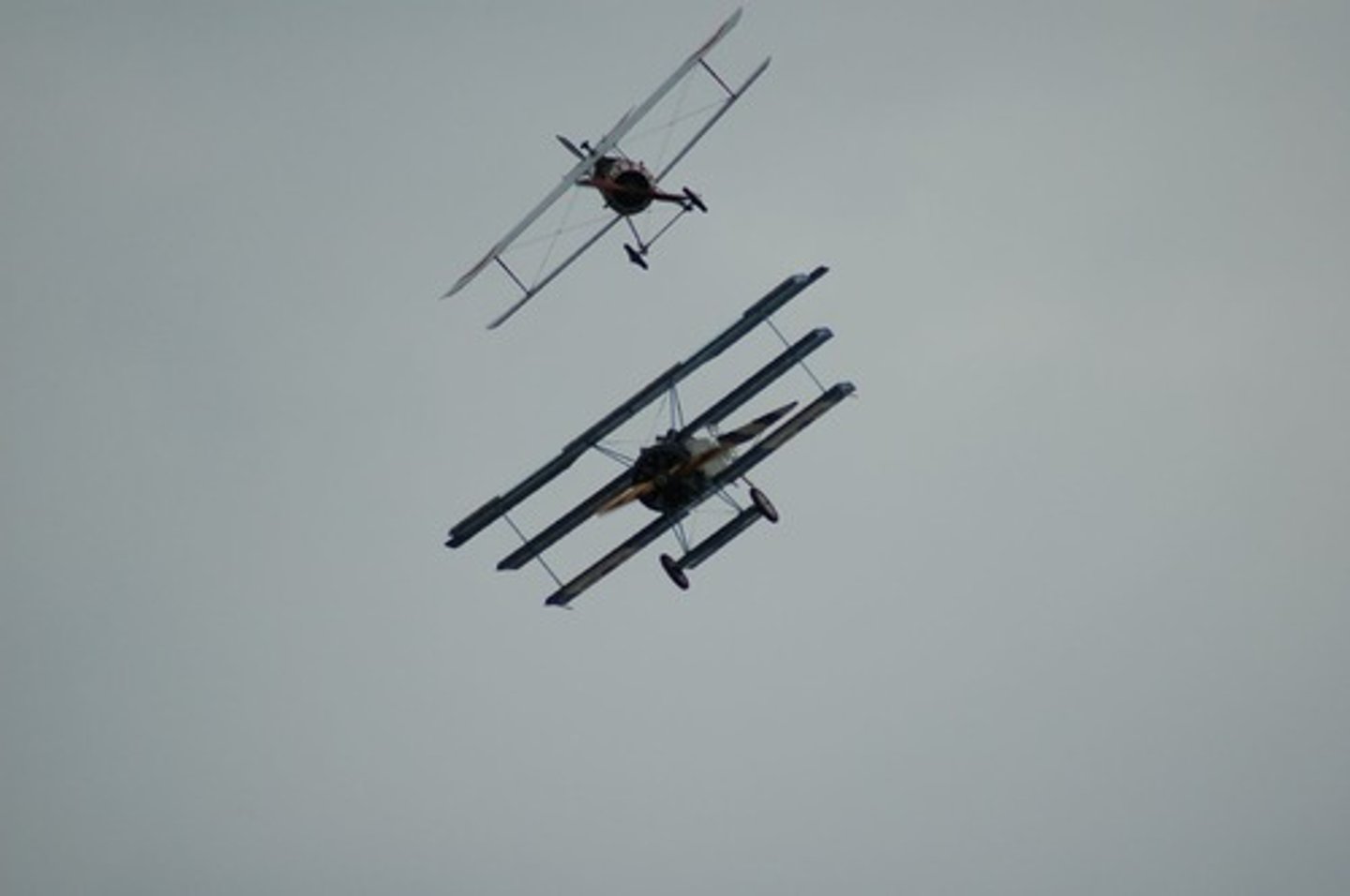
Eddie Rickenbacker
Famous American "ace" pilot who downed 26 enemy fighters in WWI
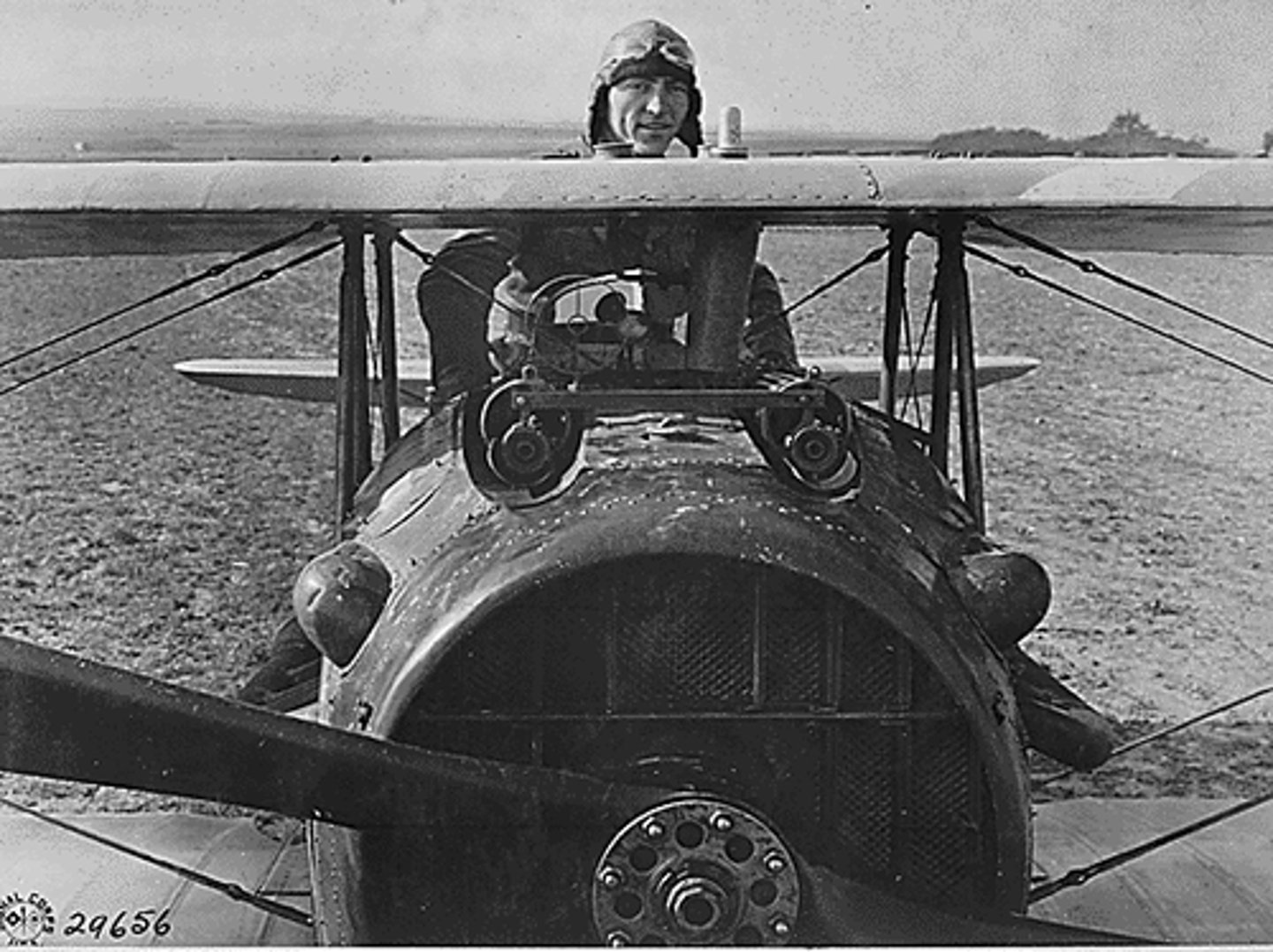
French Marshall Foch
The leading French General during World War I
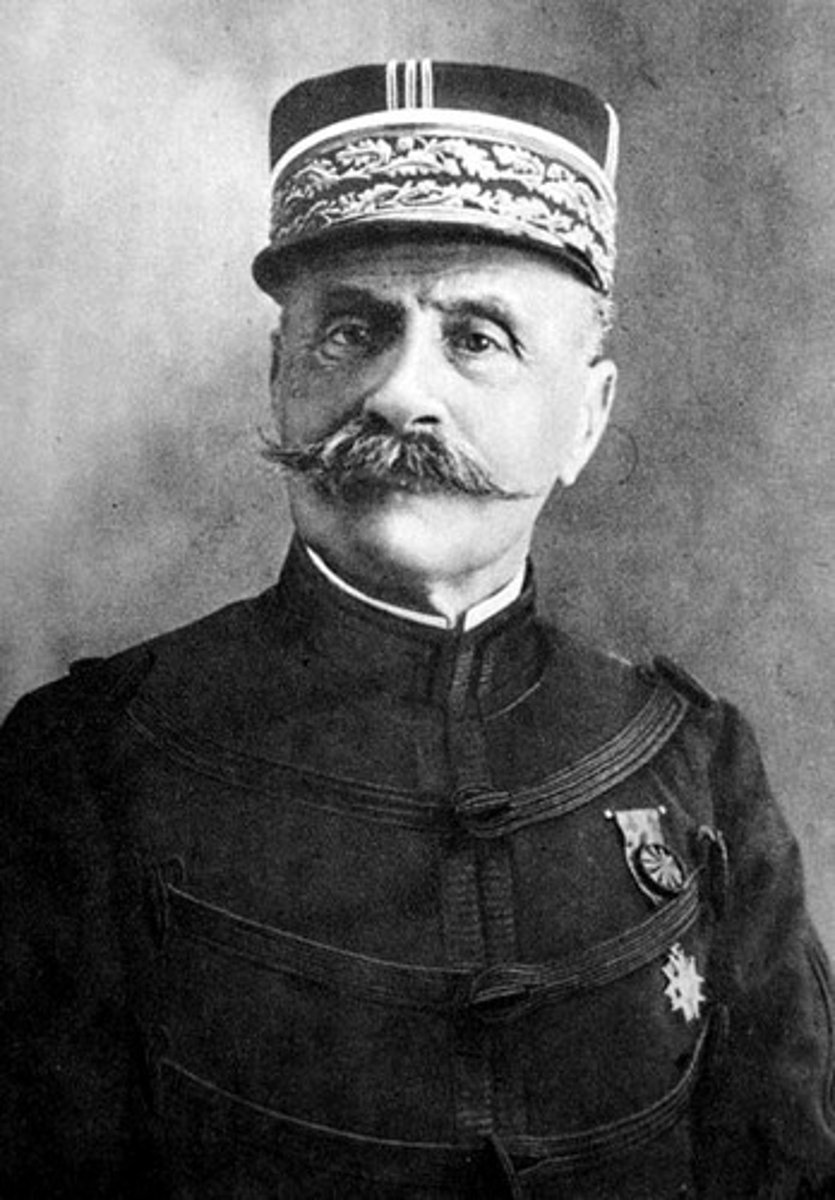
Chateau-Thierry
Battle where Americans saw their first serious action; helped turn back a German offensive on the Marne River in June 1918
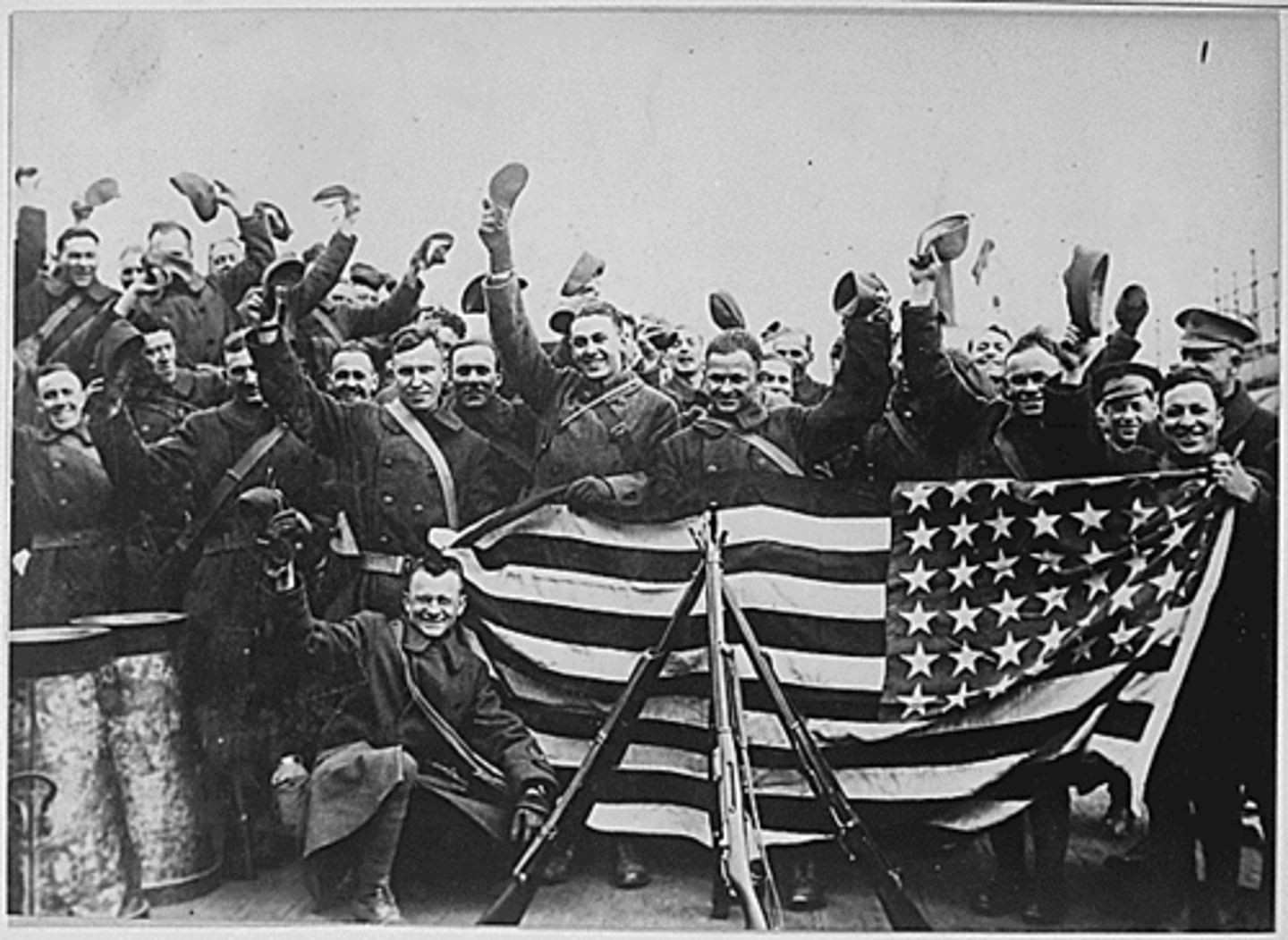
John J. Pershing
Commander the U.S. troops during WWI called the American Expeditionary Force of over 1 million troops. He insisted his soldiers fight as independent units so US would have independent role in shaping the peace.
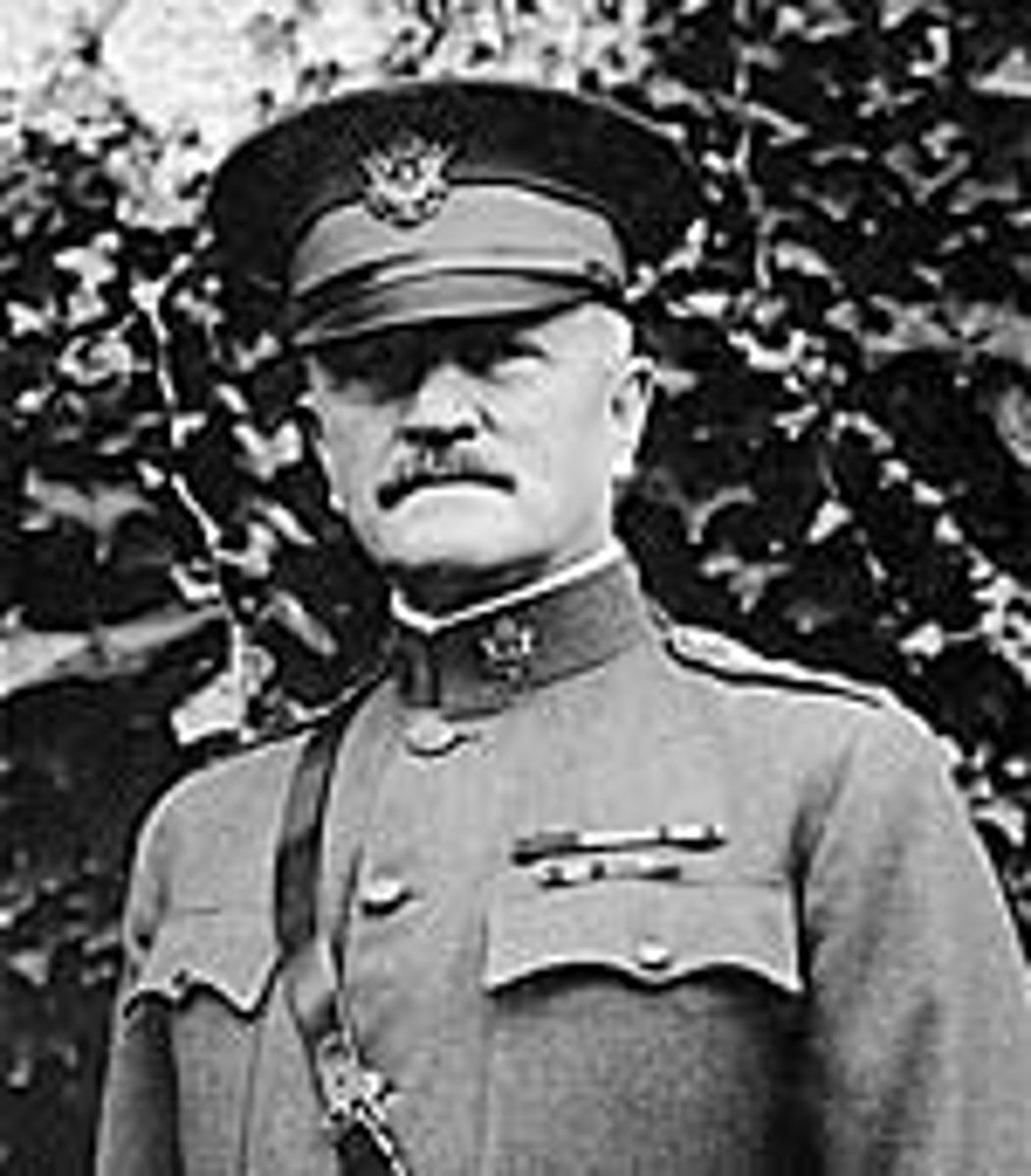
Meuse- Argonne Offensive
Also called the Battle of the Argonne Forest, was a part of the final Allied offensive of World War I that stretched along the entire western front. The whole offensive was planned by Marshall Ferdinand Foch to breach the Hindenburg line and ultimately force the opposing German forces to surrender.
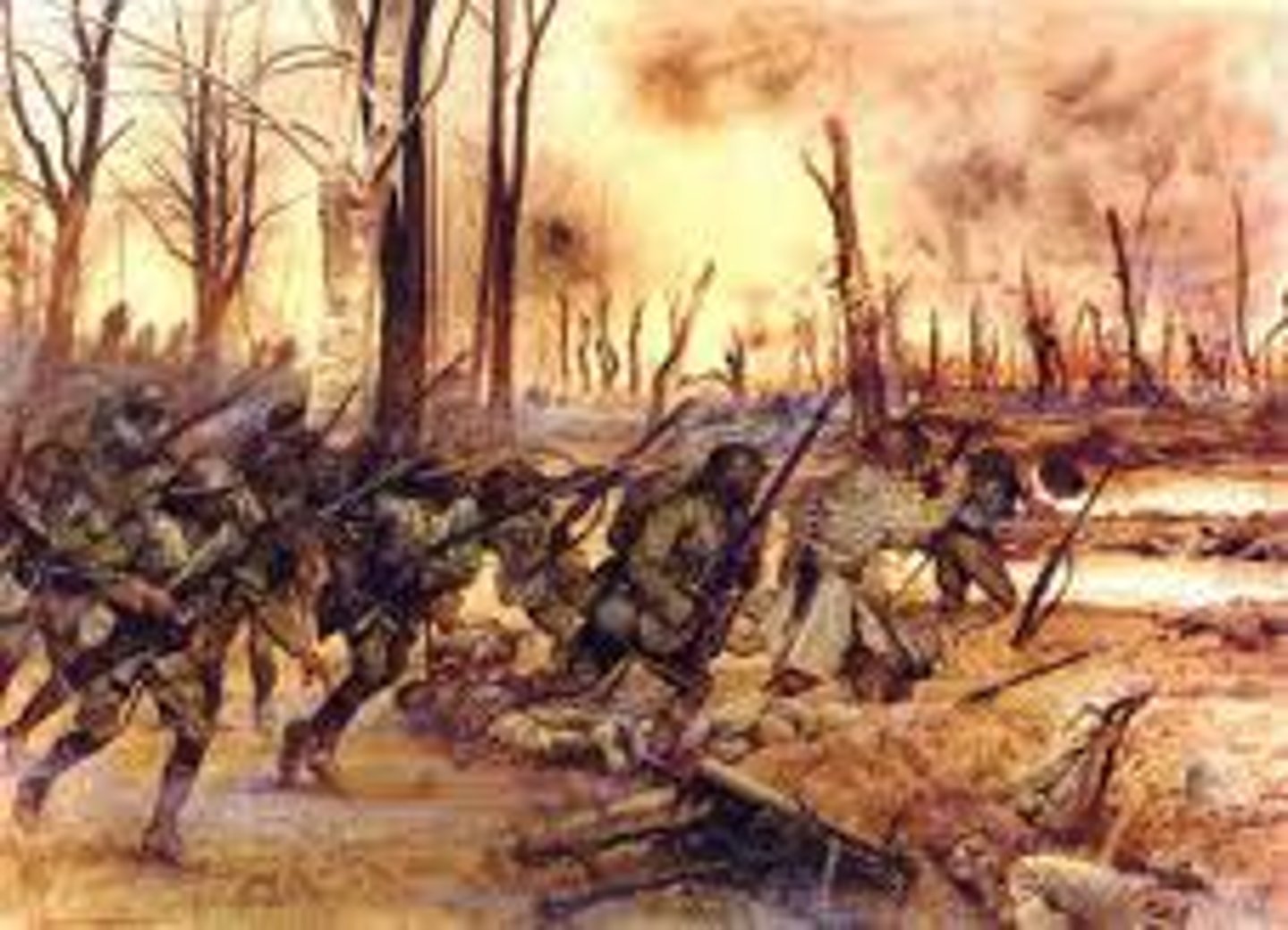
Alvin York
WWI war hero from Tennessee who killed 25 machine-gunners and captured 132 German soldiers on a solo mission while his soldiers took cover; He was awarded the Congressional Medal of Honor for his actions.
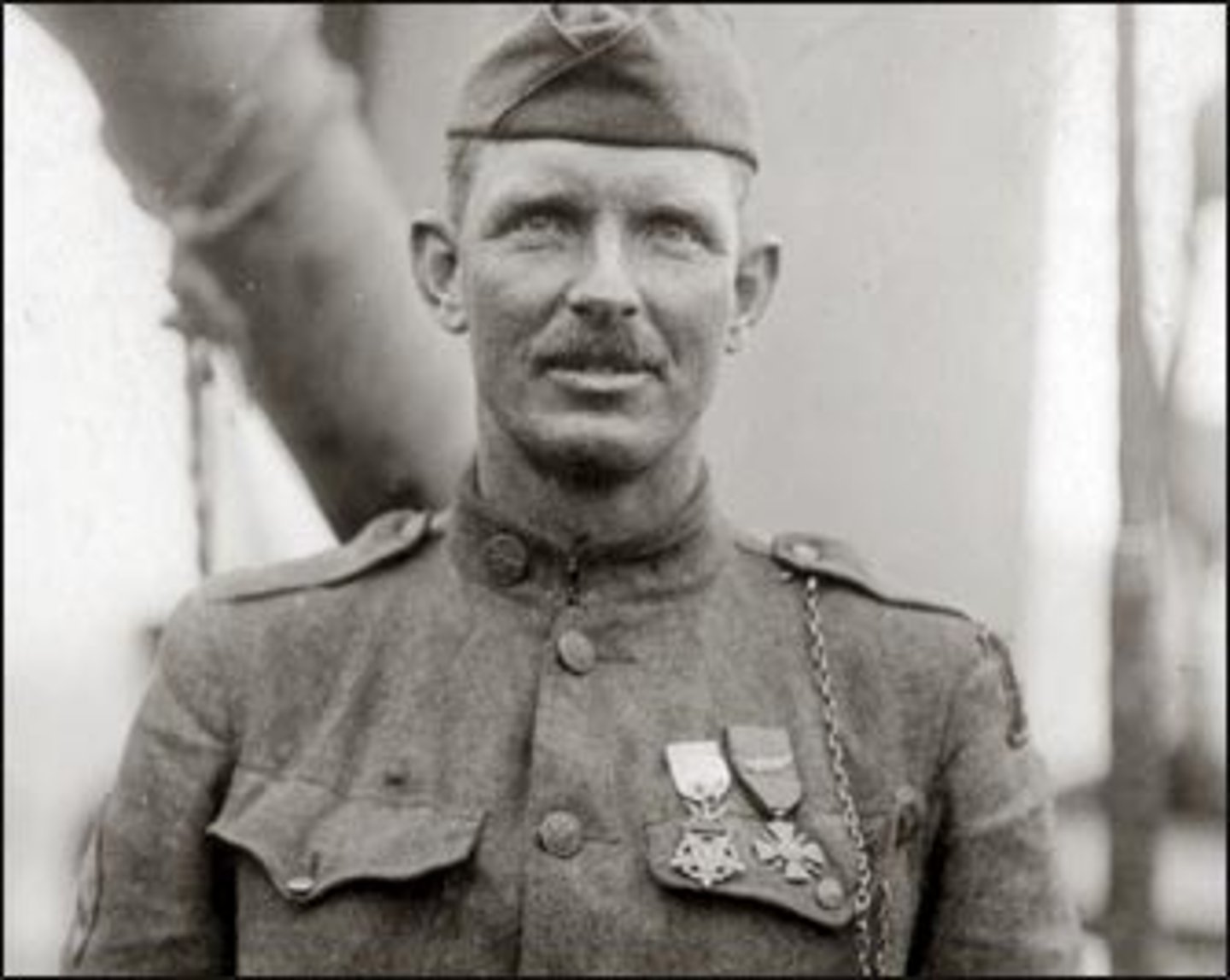
November 11, 1918
Date of the armistice to quit fighting during World War I (11th day of the 11th month at 11:00). Later is celebrated as Veterans Day.
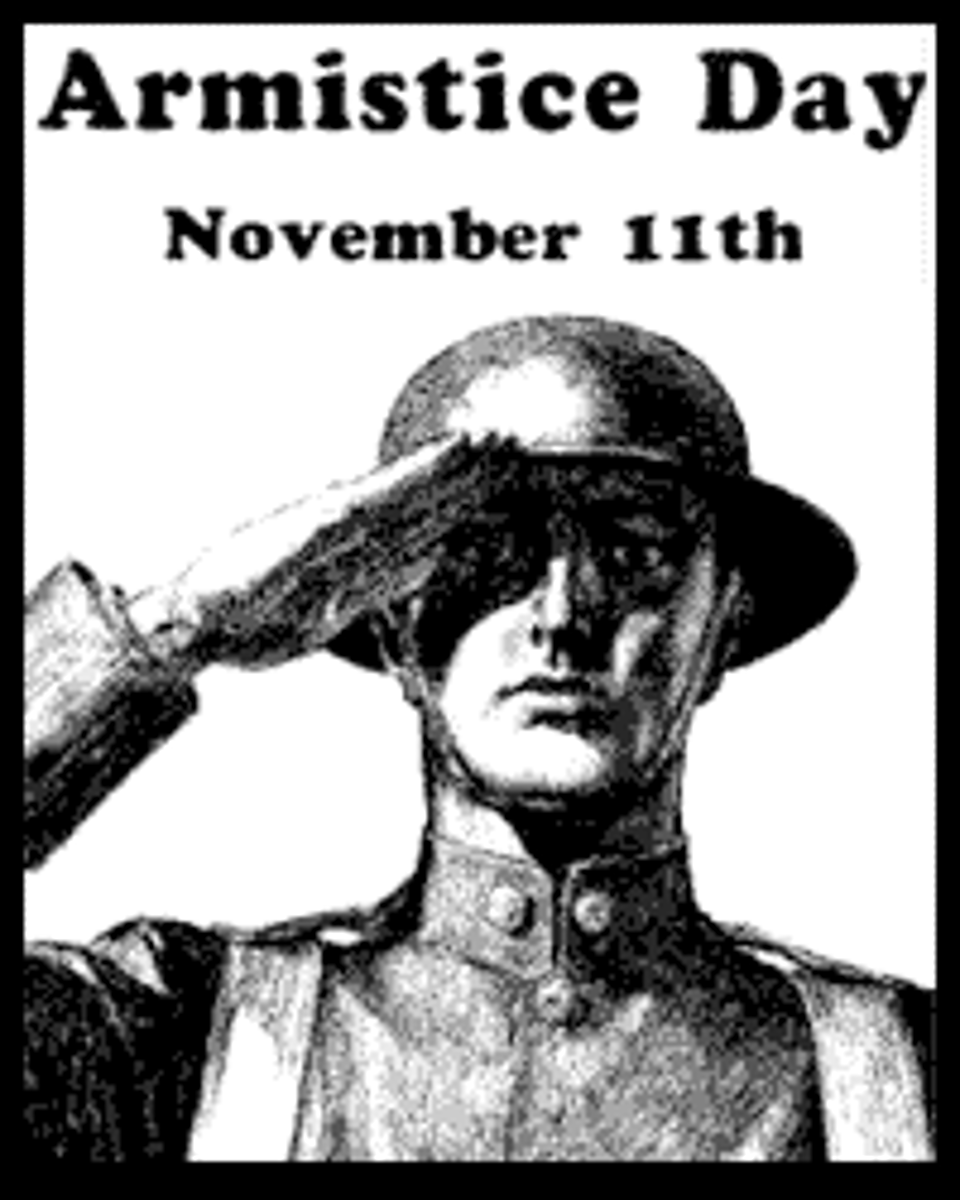
Influenza Epidemic of 1918-1919
largely overlooked because of WWI the Flu killed over 500,000 Americans and between 25 to 50 million died worldwide from 1918-1919
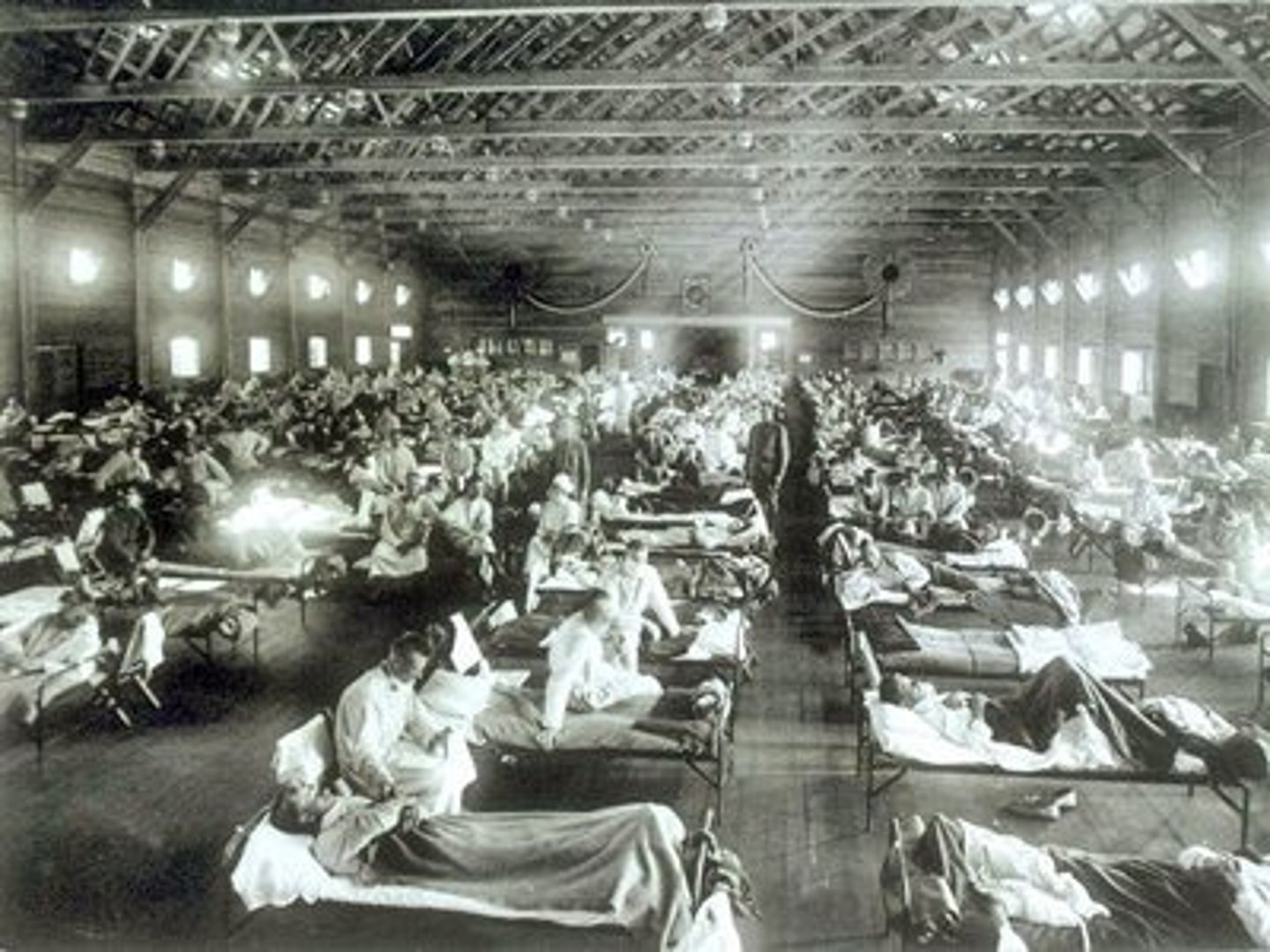
Henry Cabot Lodge
Henry Cabot Lodge was a Republican who disagreed with the Versailles Treaty, and who was the chairman of the Senate Foreign Relations Committee. He mostly disagreed with the section that called for the League to protect a member who was being threatened.
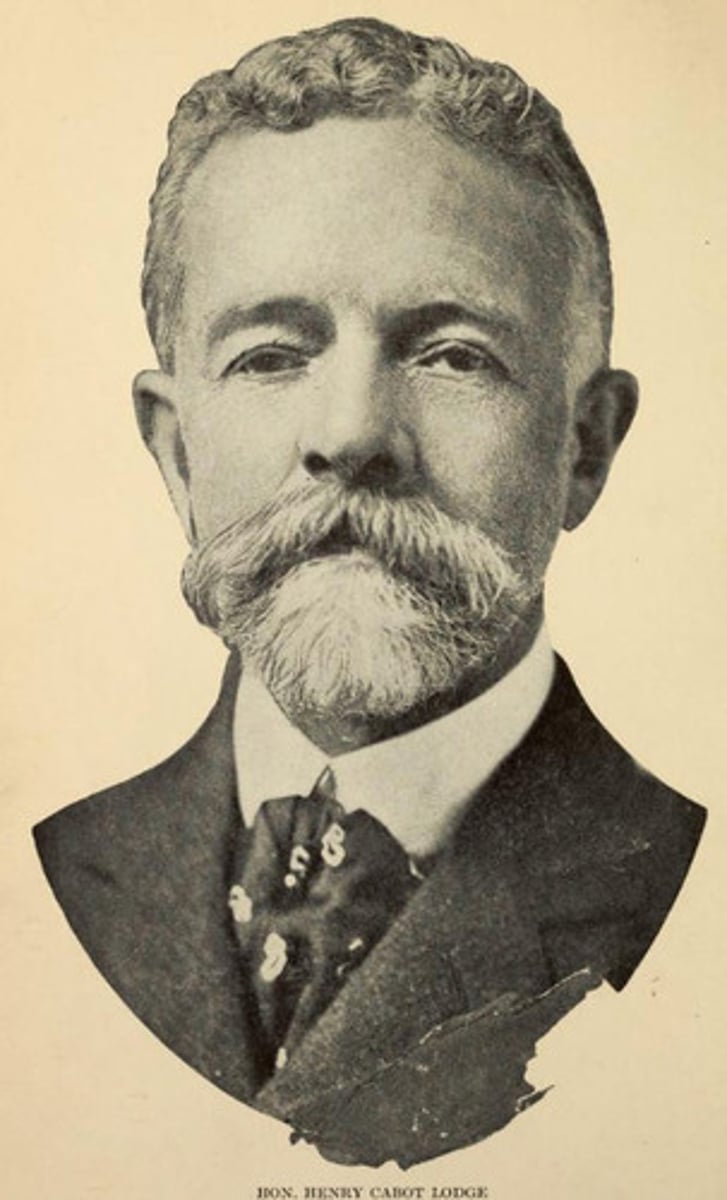
Treaty of Versailles
Treaty at the end of World War I it was created by the leaders victorious allies Nations: France, Britain, US, and signed by Germany. The treaty 1)stripped Germany of its military 2) Germany had to pay war reparations (33 billion) 3) Germany had to acknowledge guilt for causing WWI 4) Germany could not manefacture any weapons 5) The Ottoman Empire and Austria-Hungary Empire were dismantled and new nations were created.
